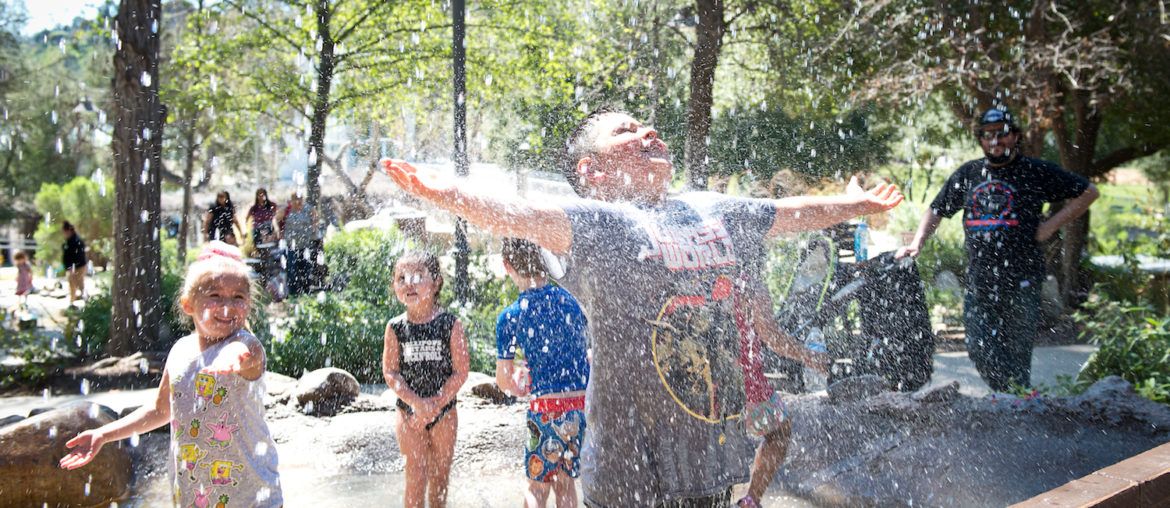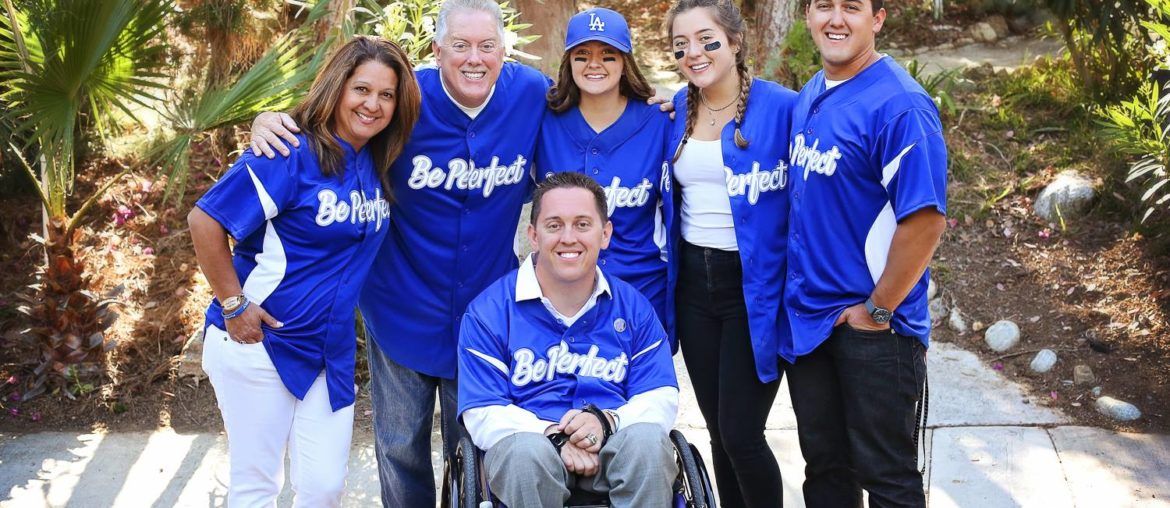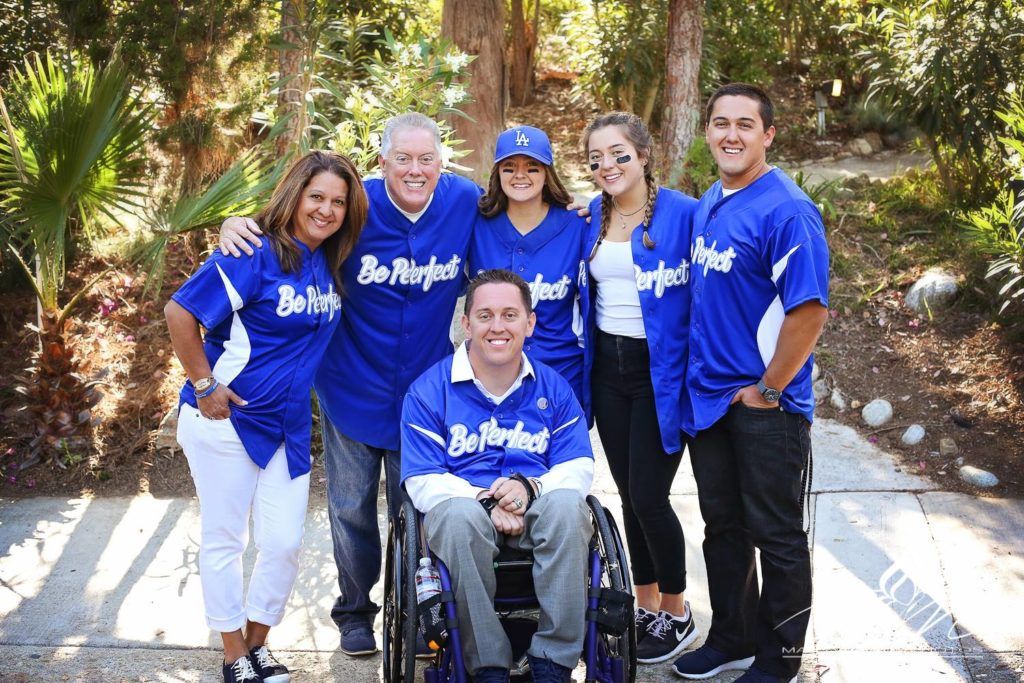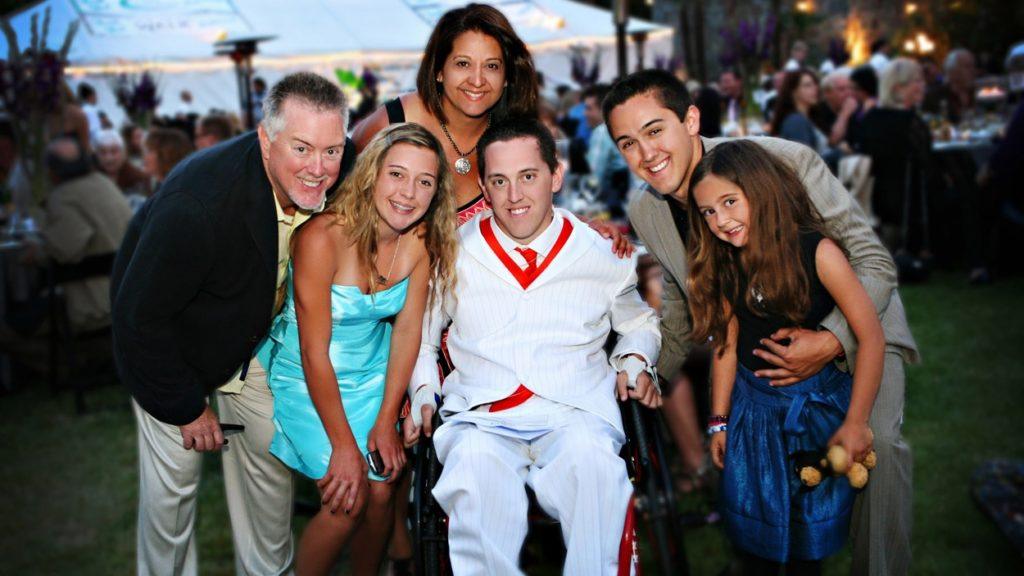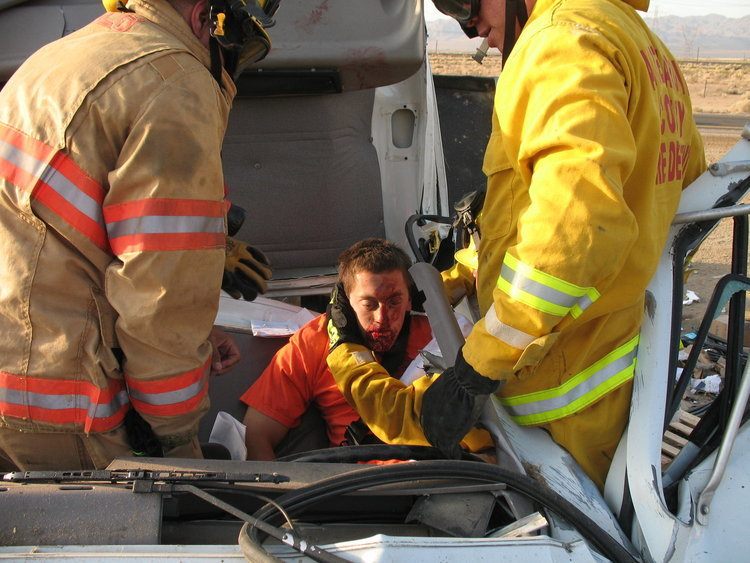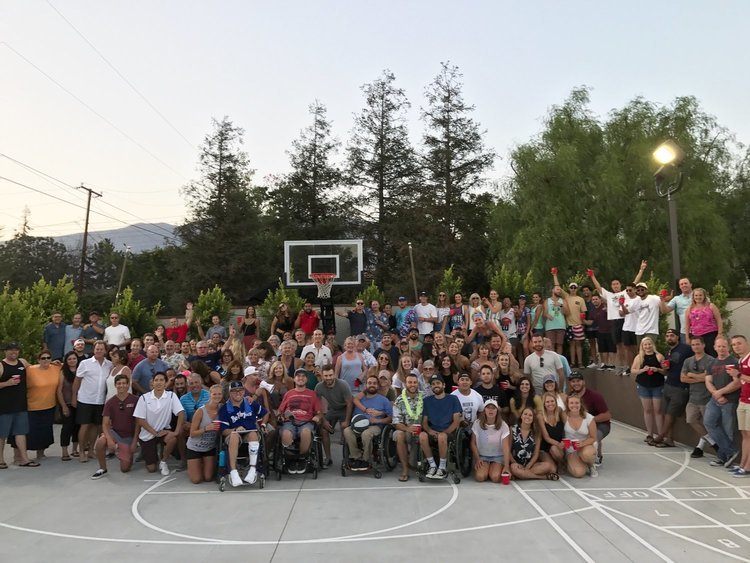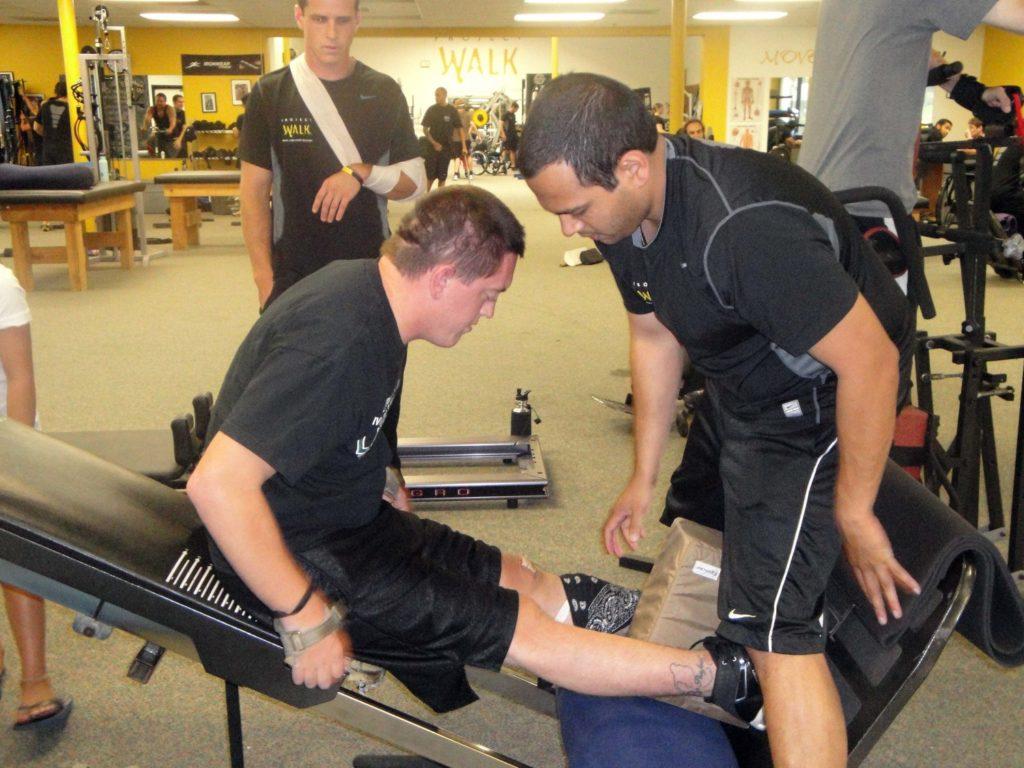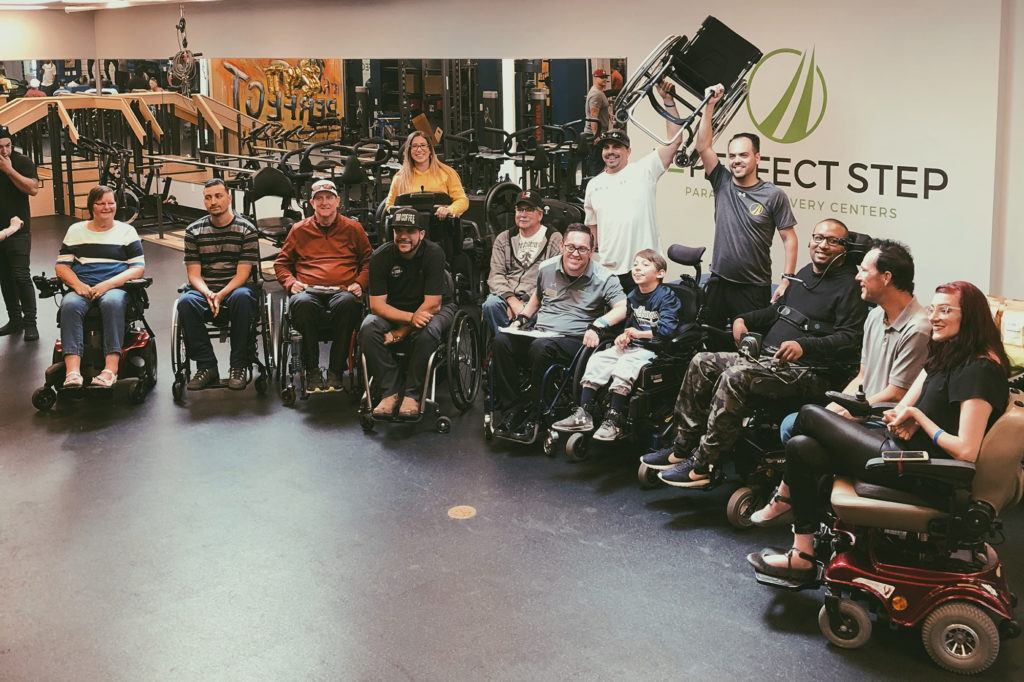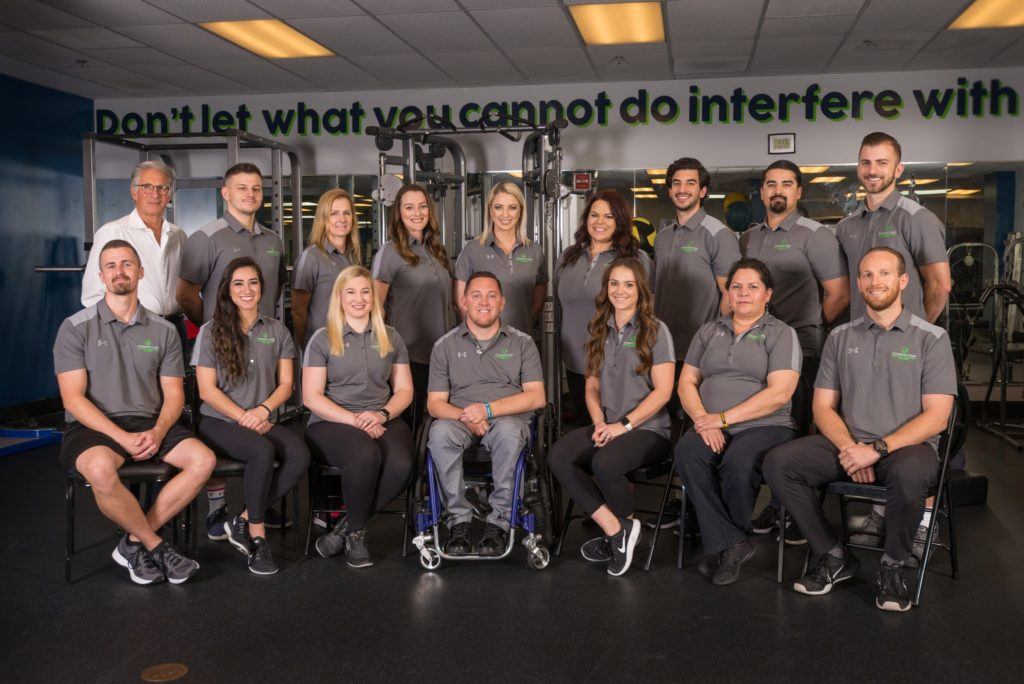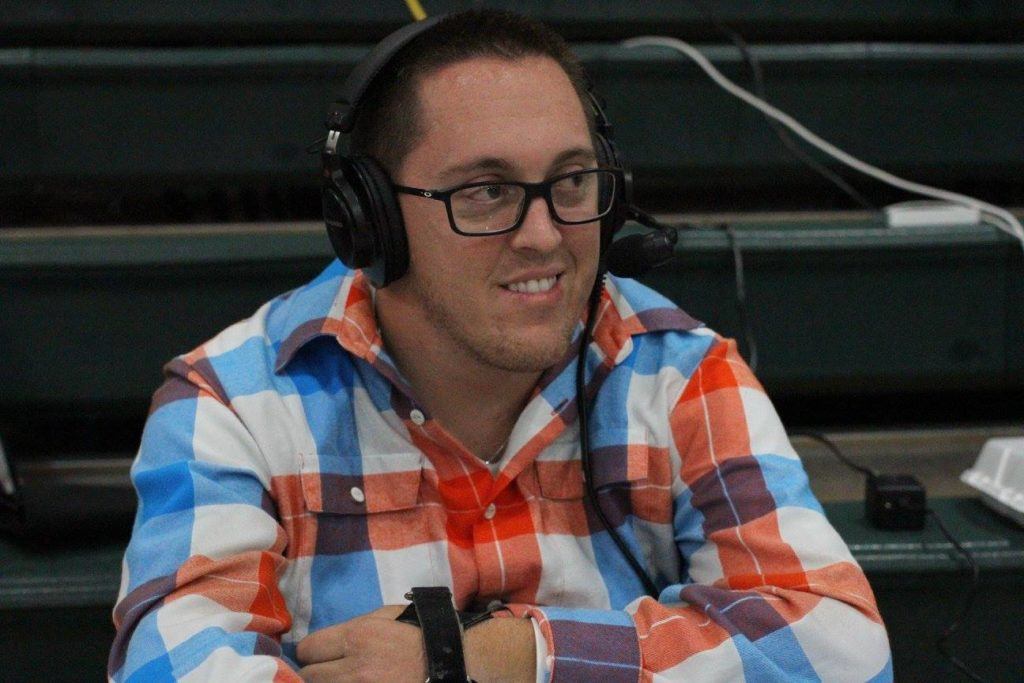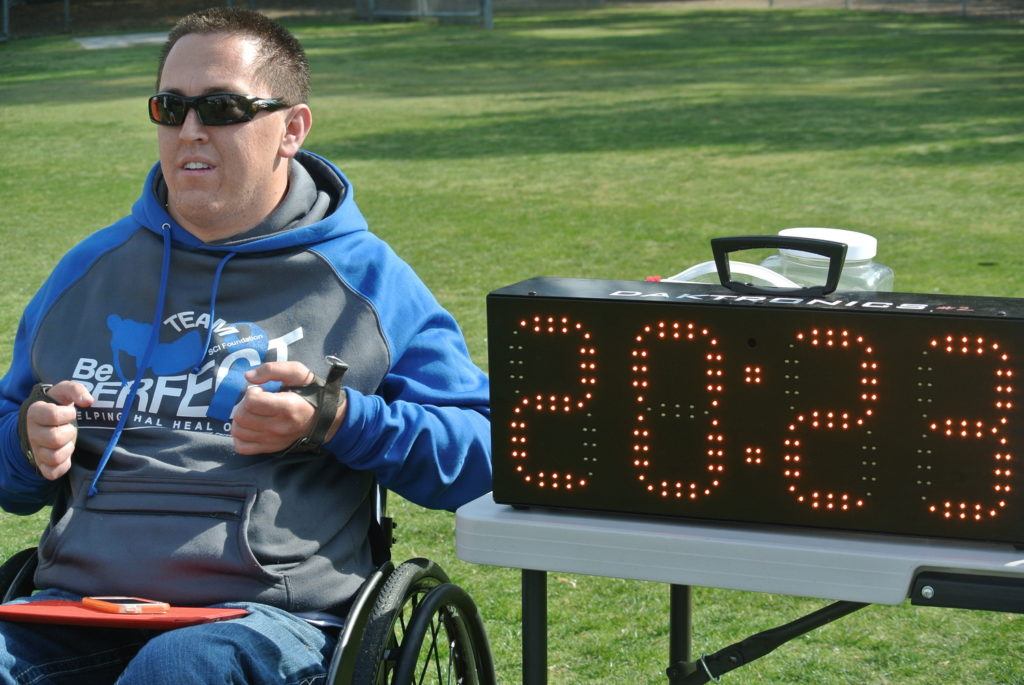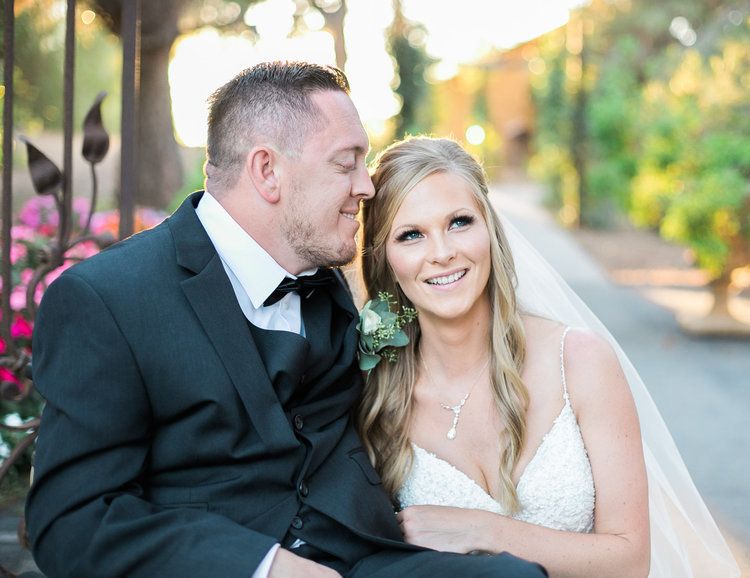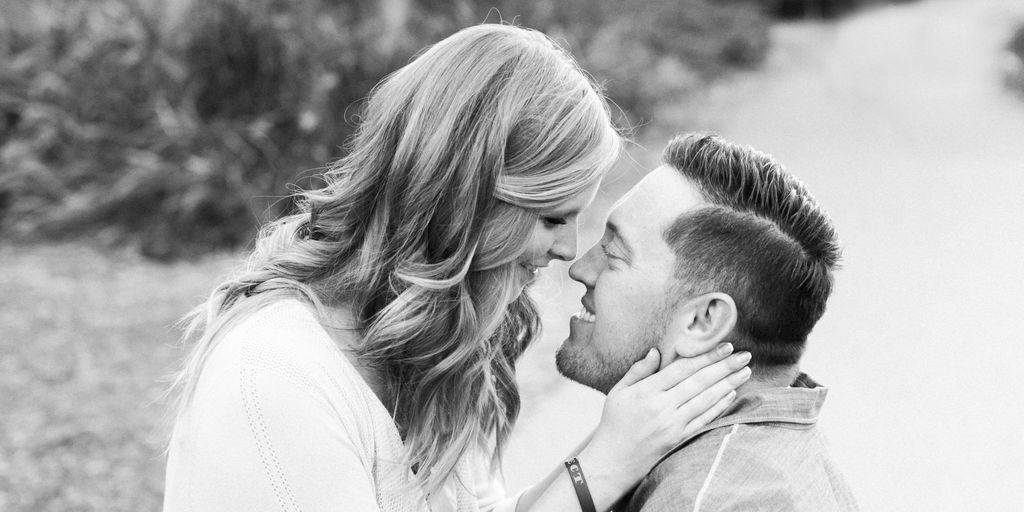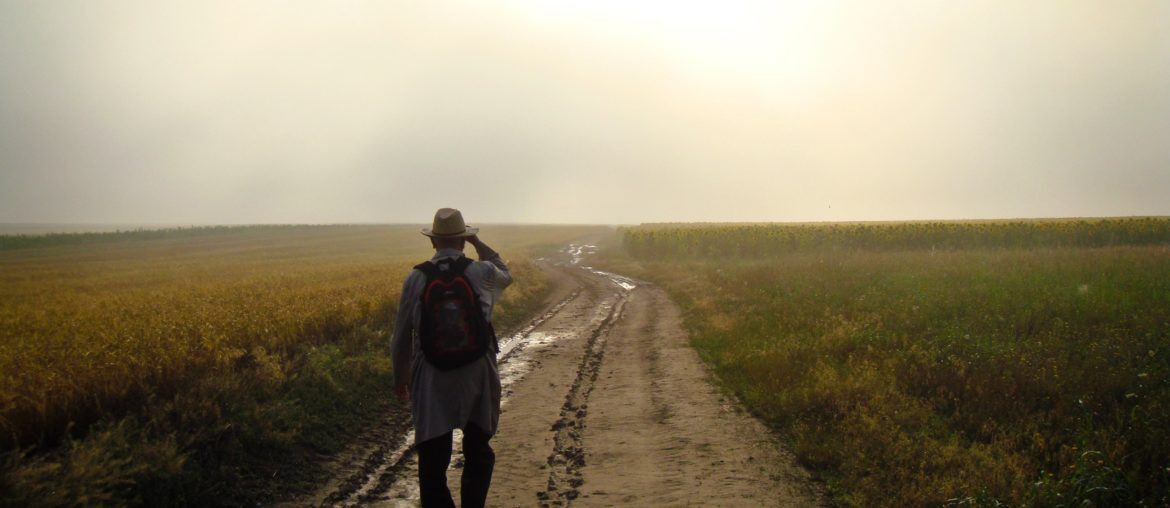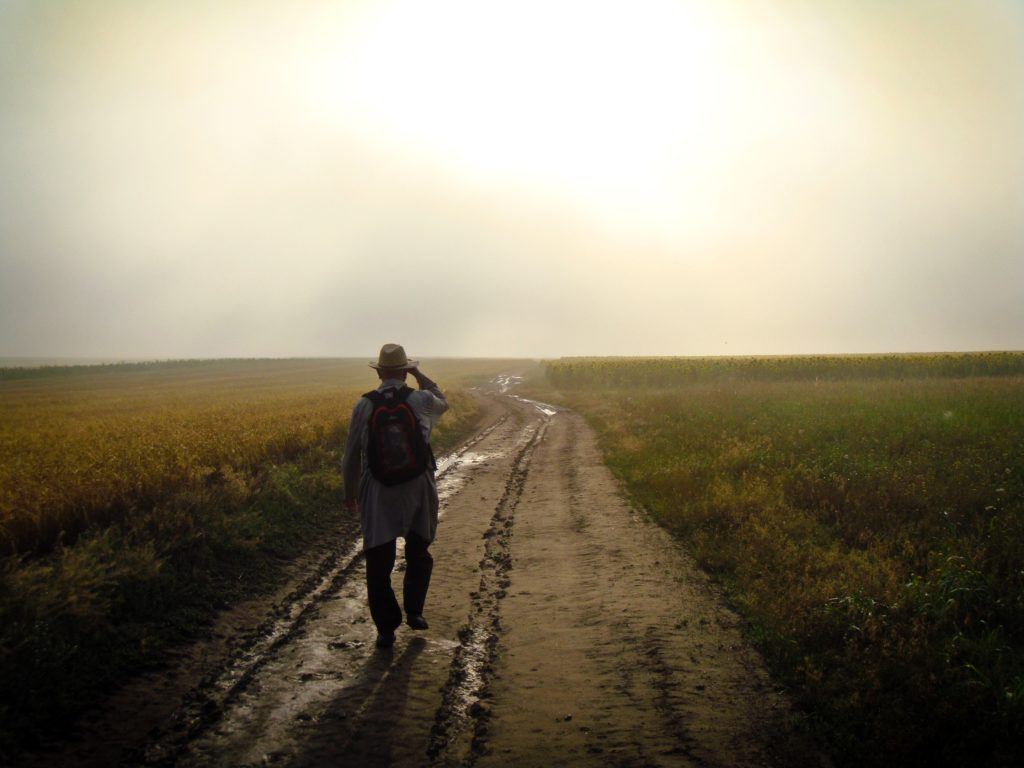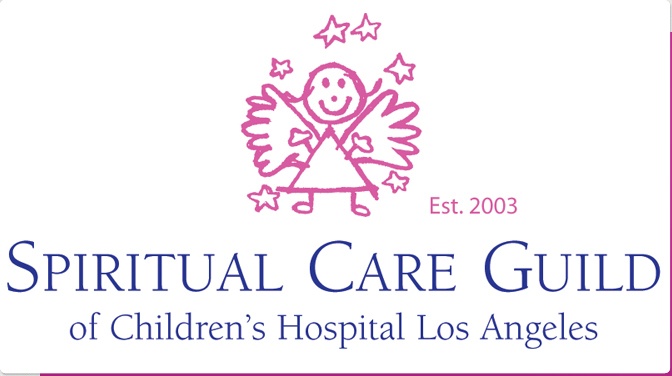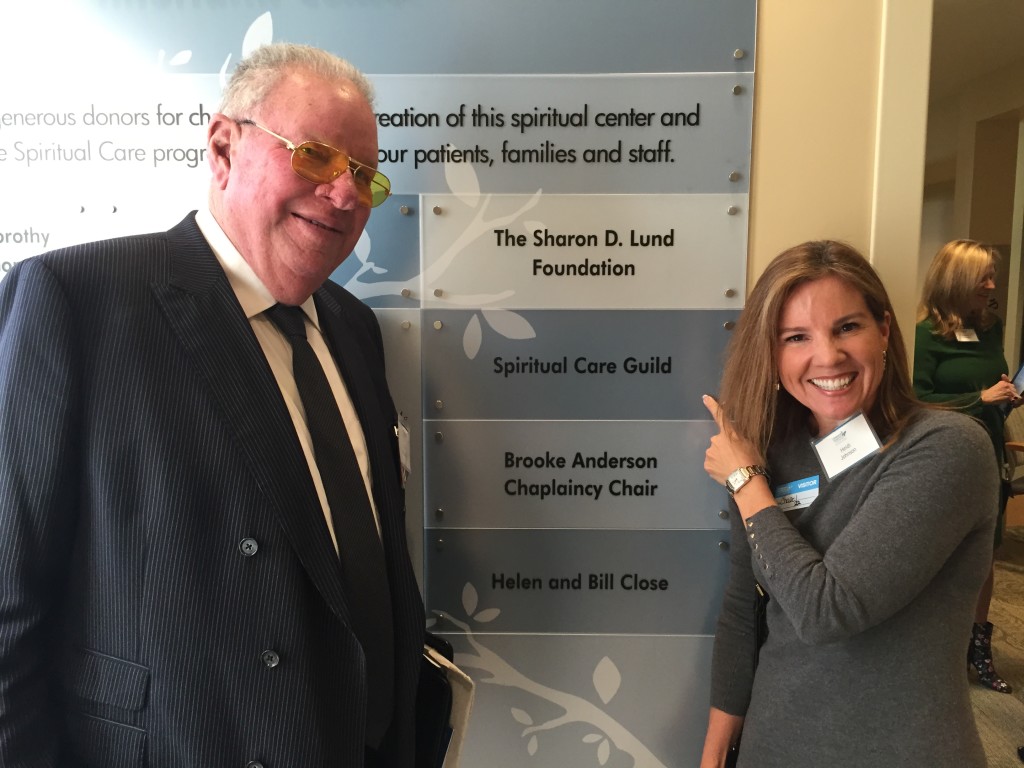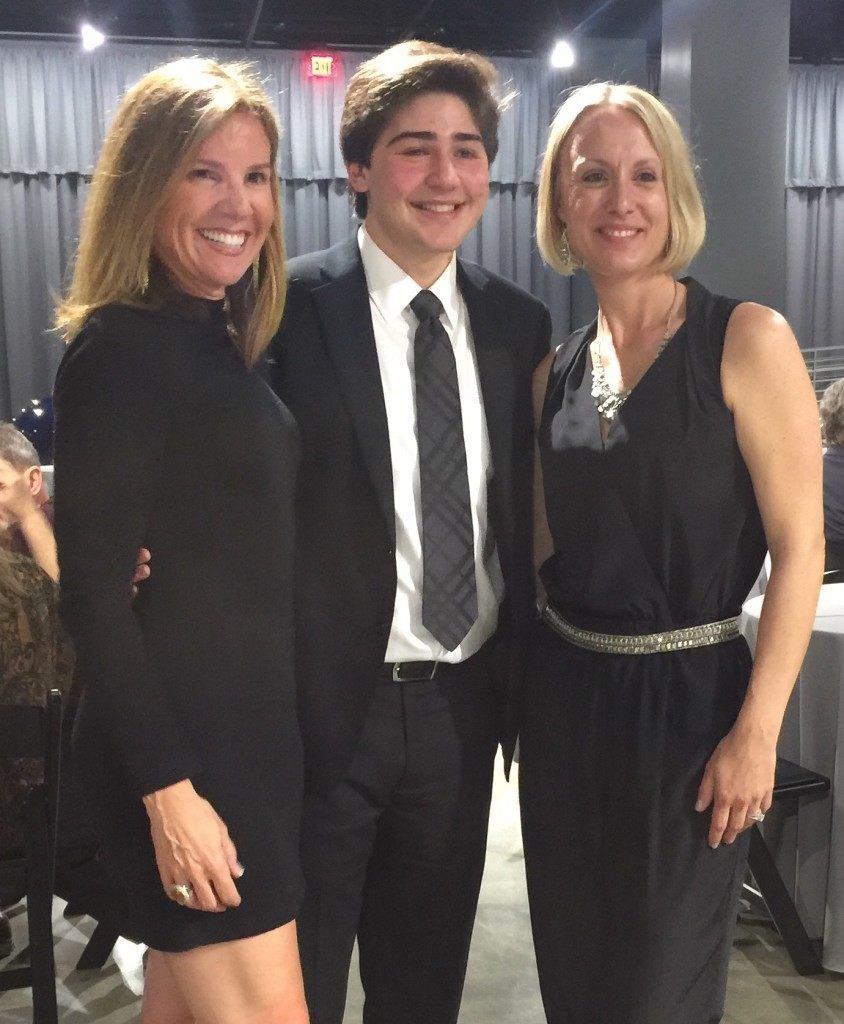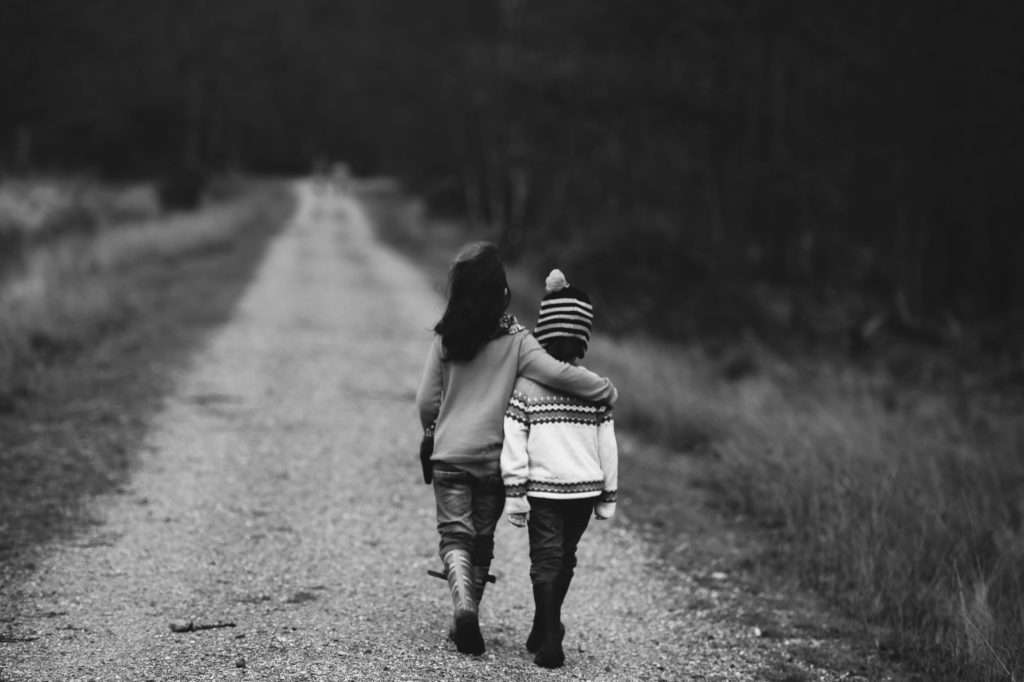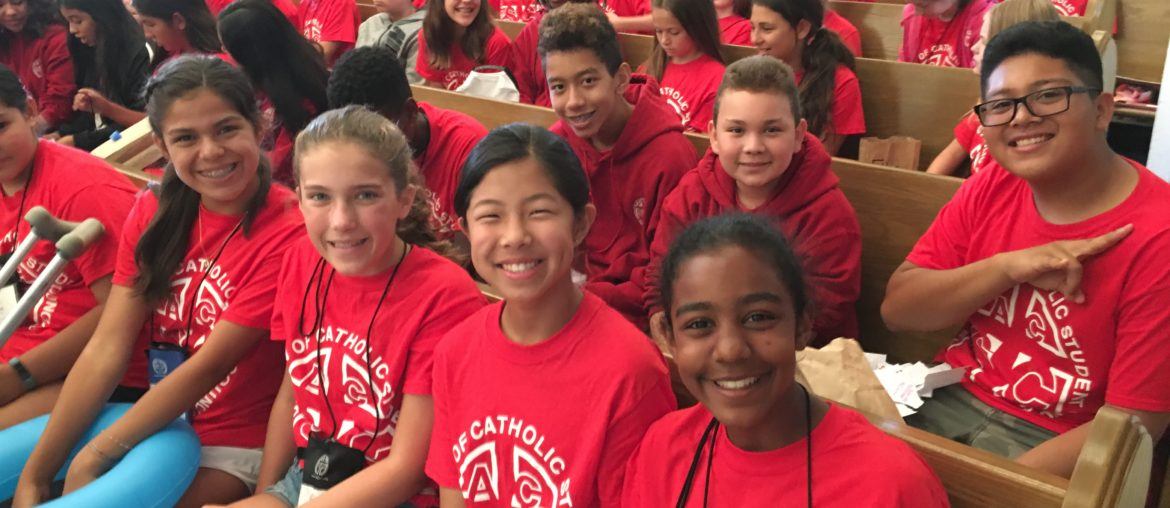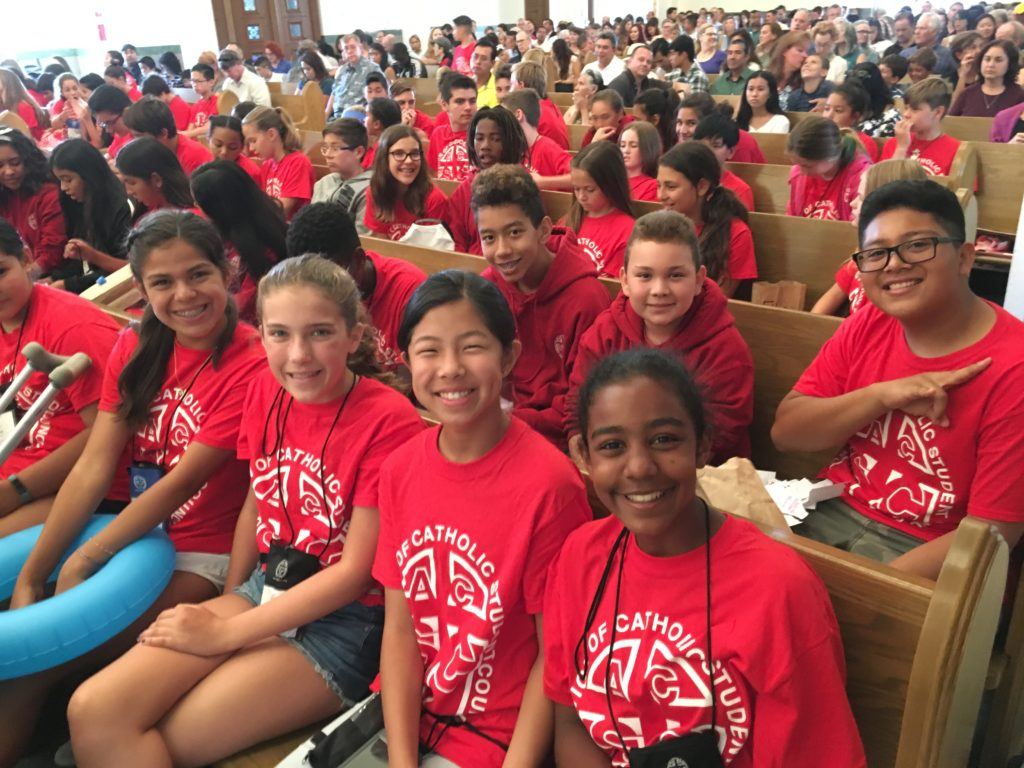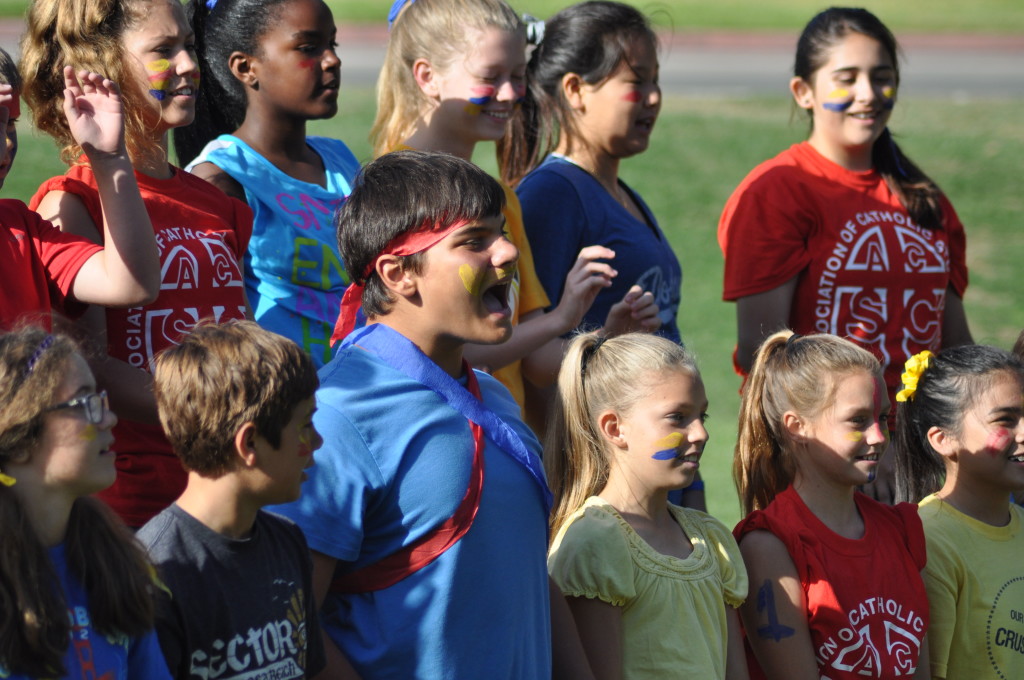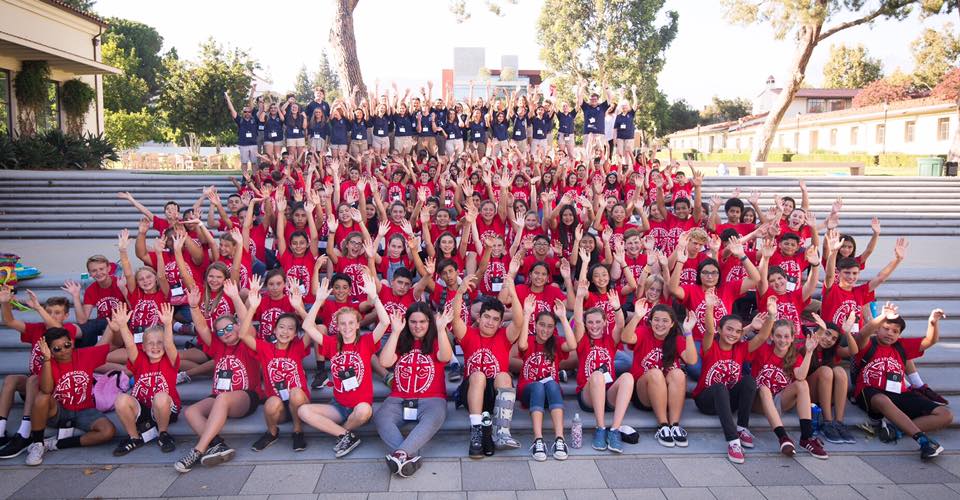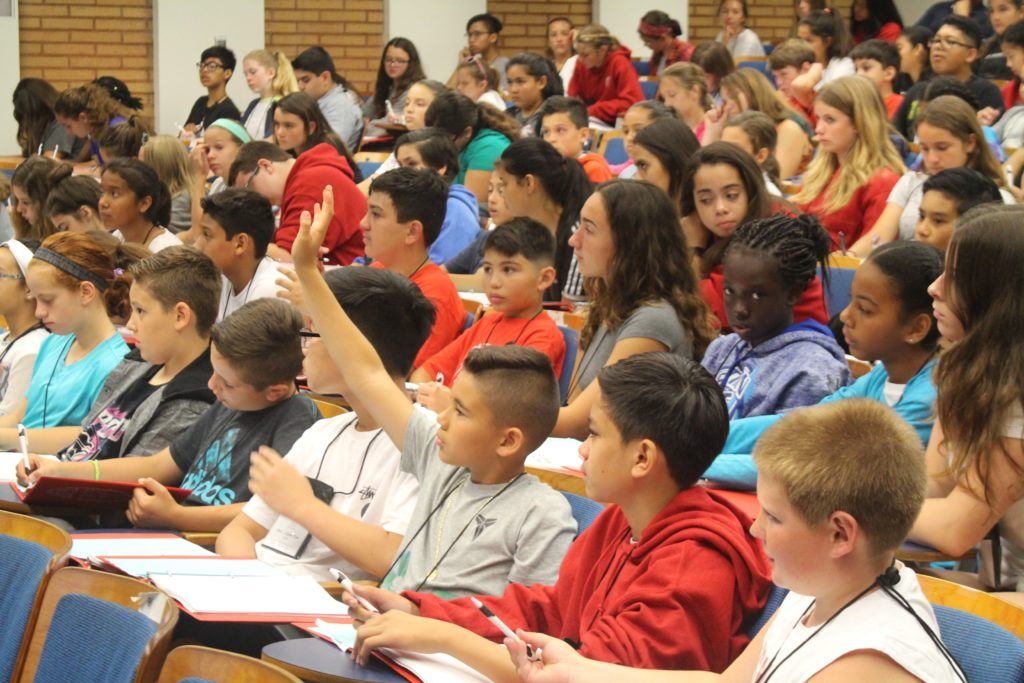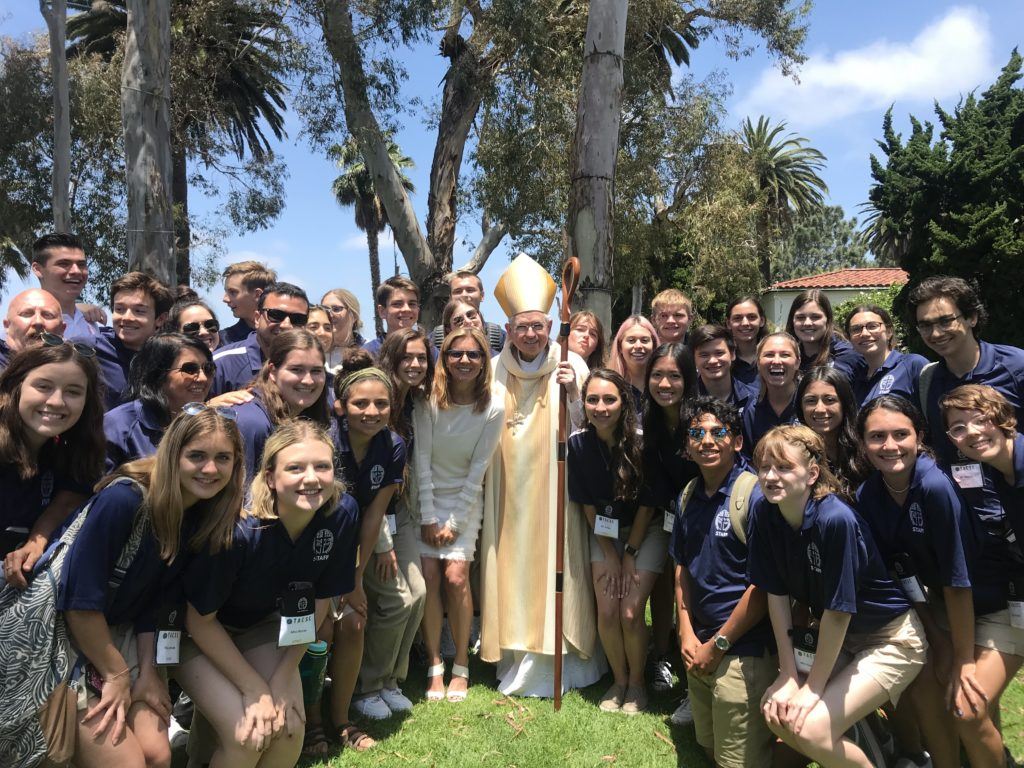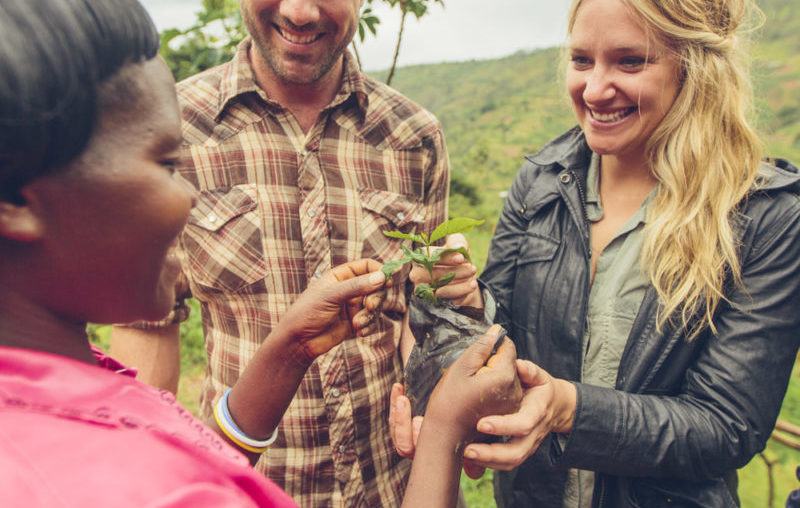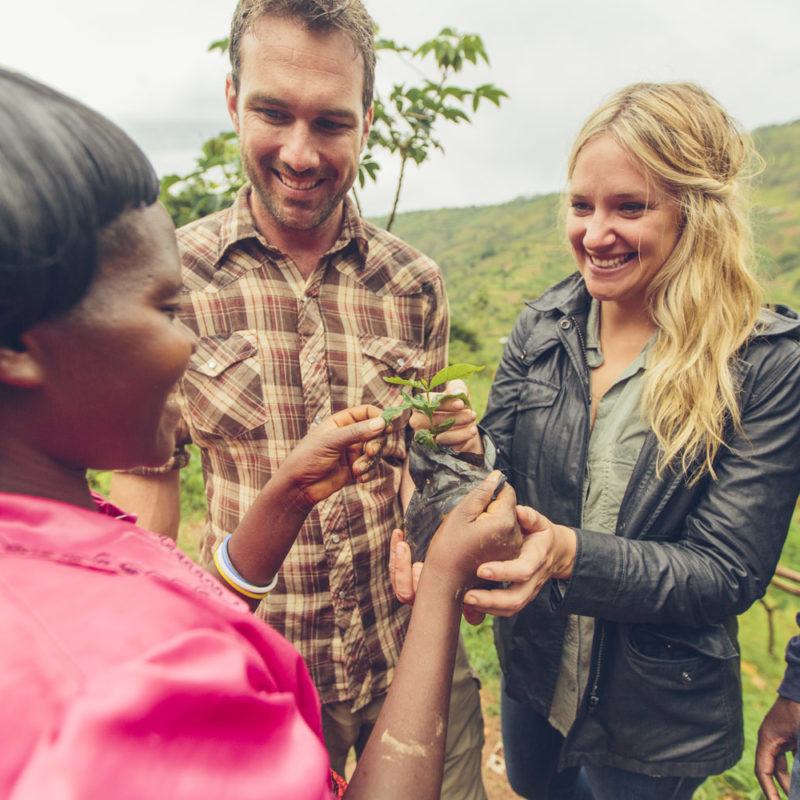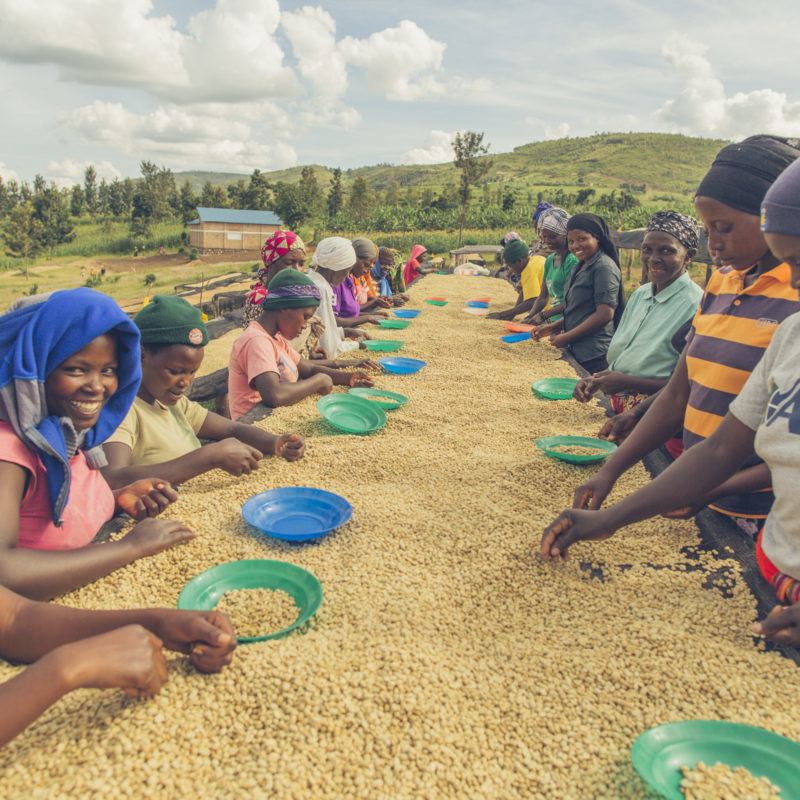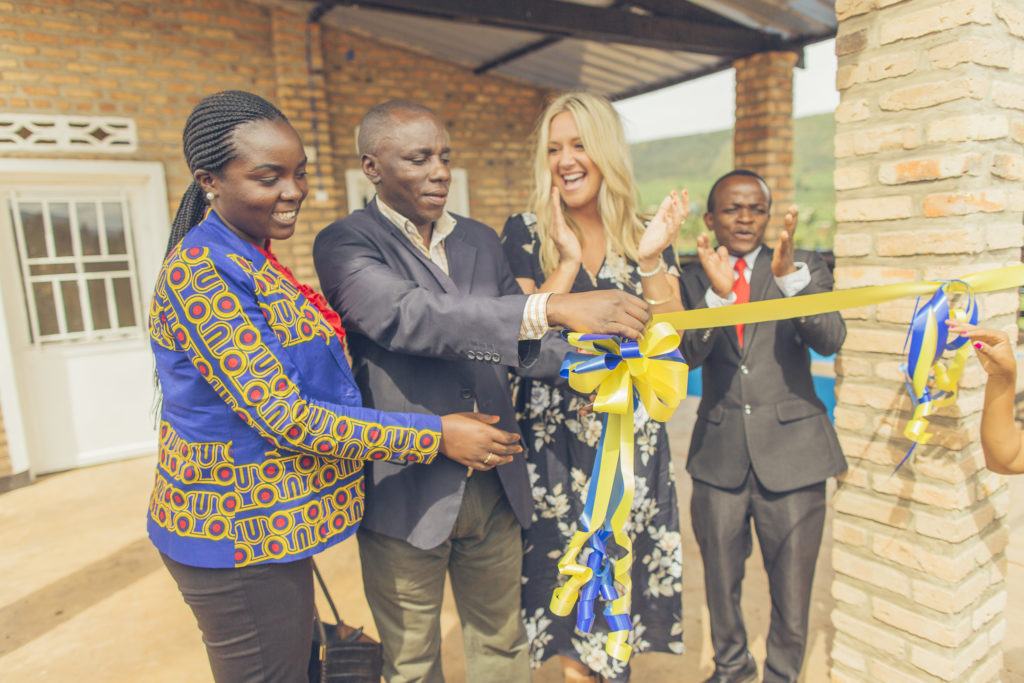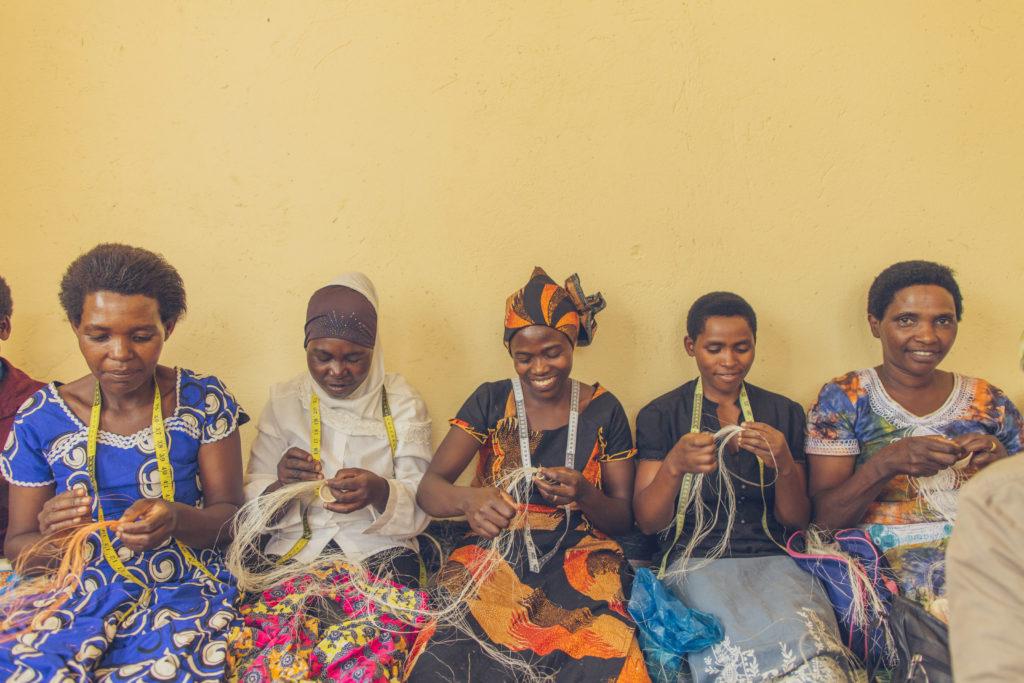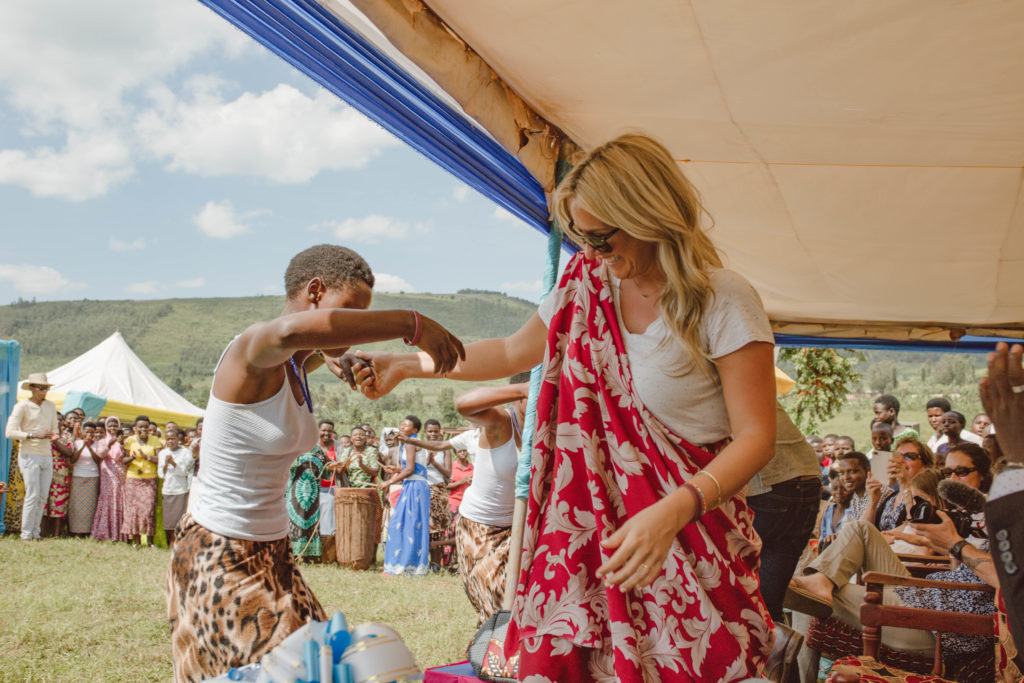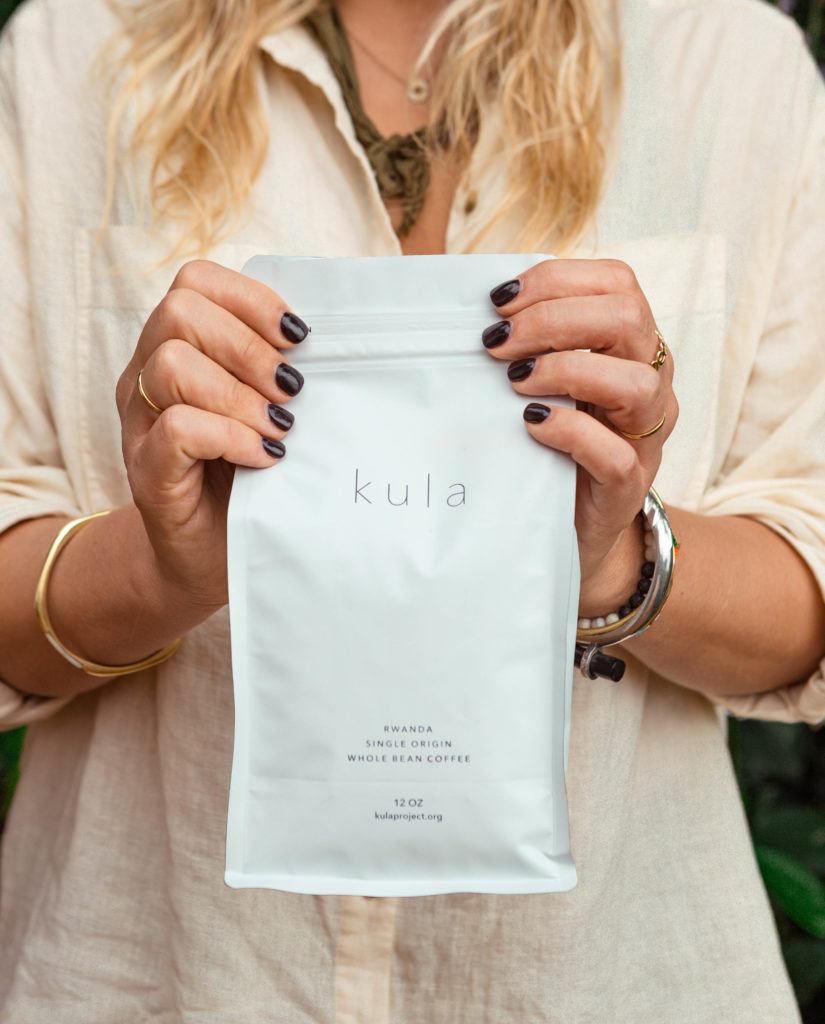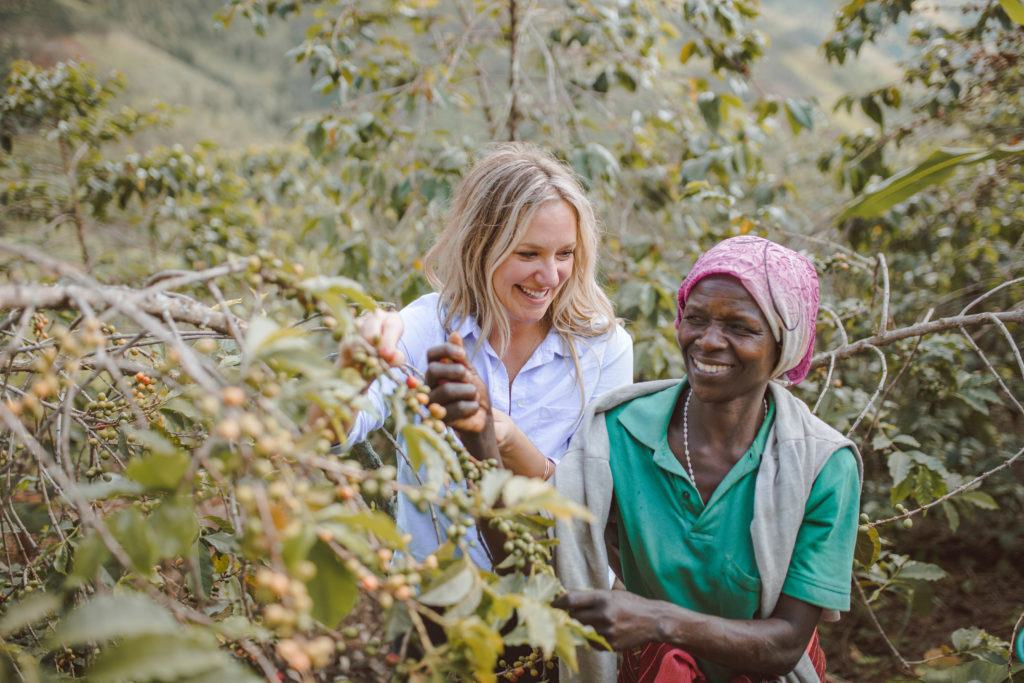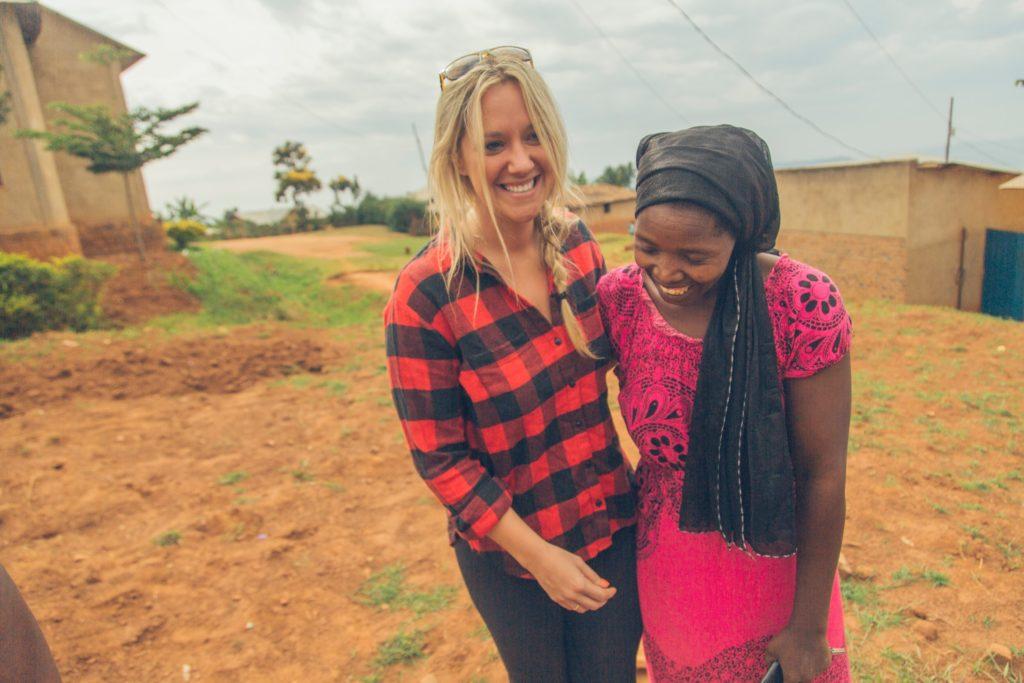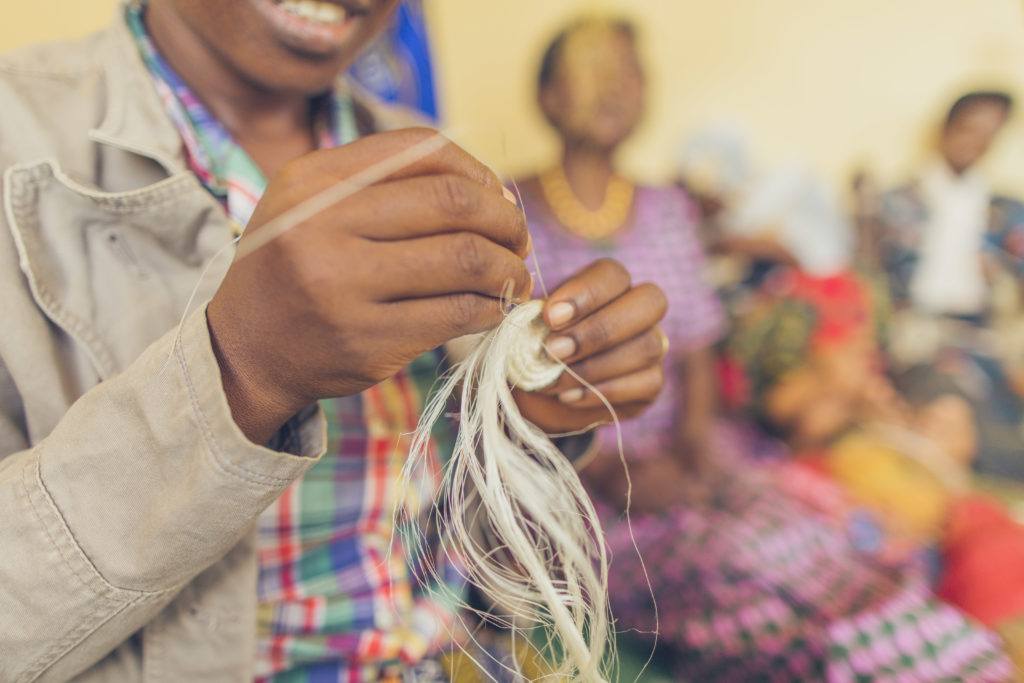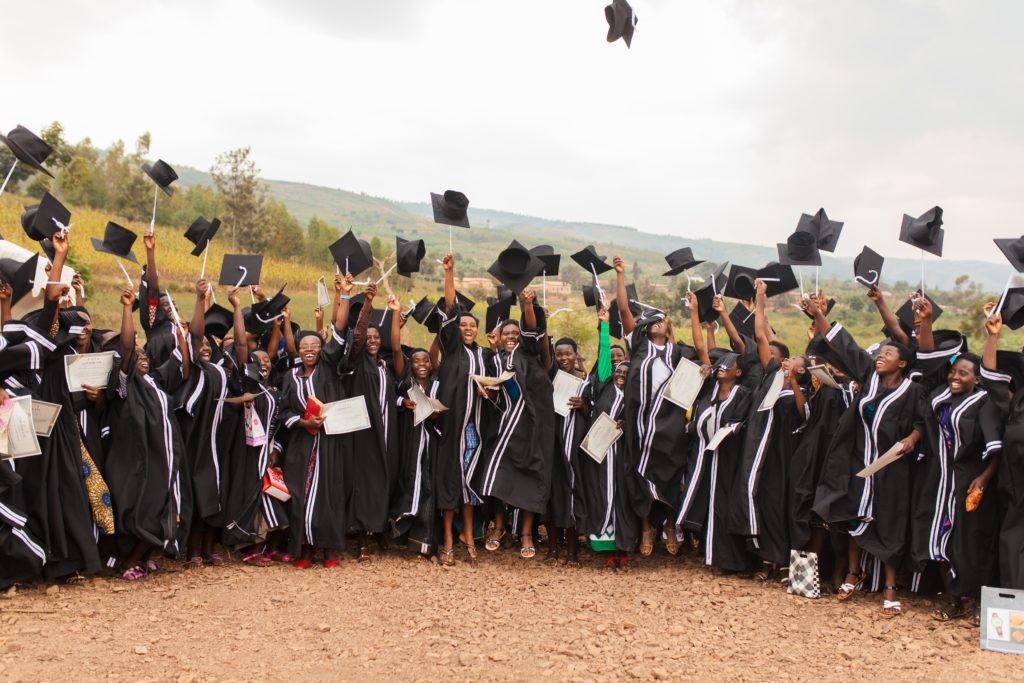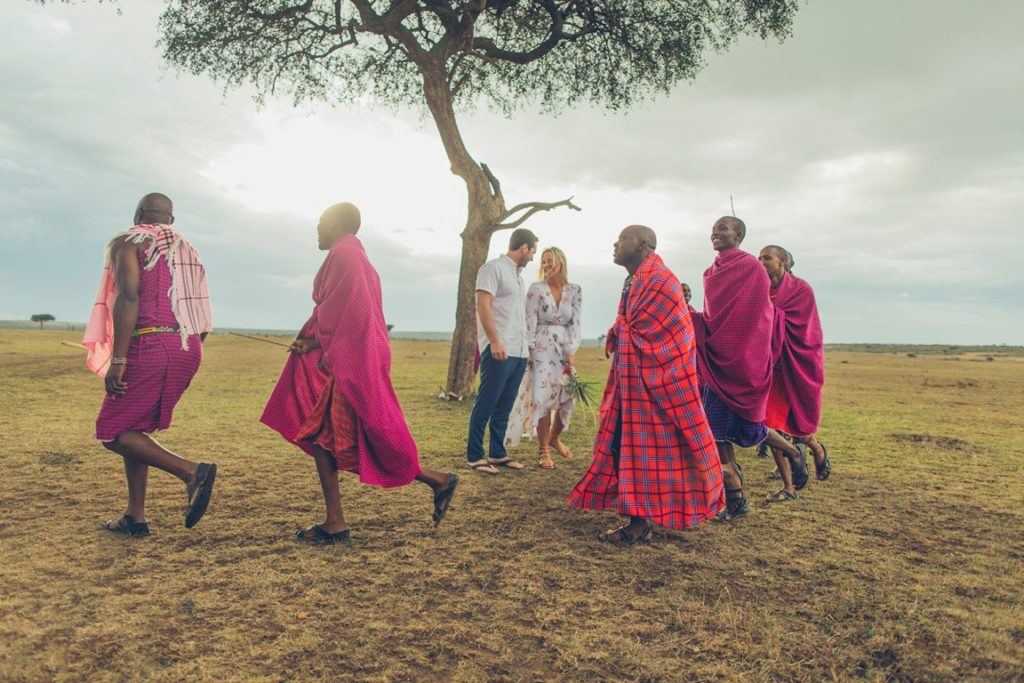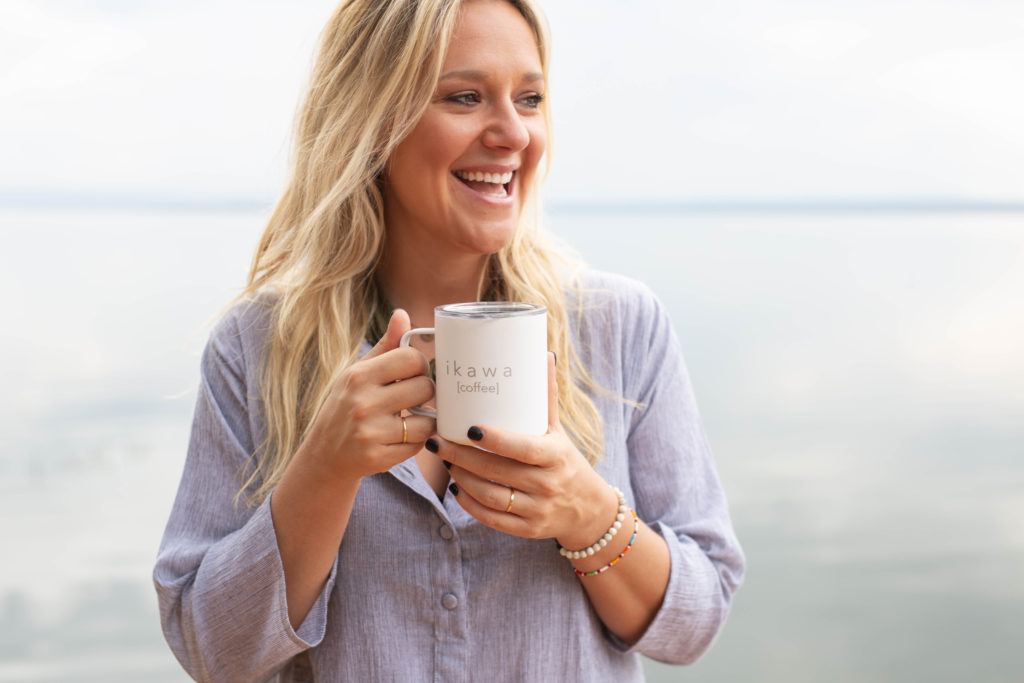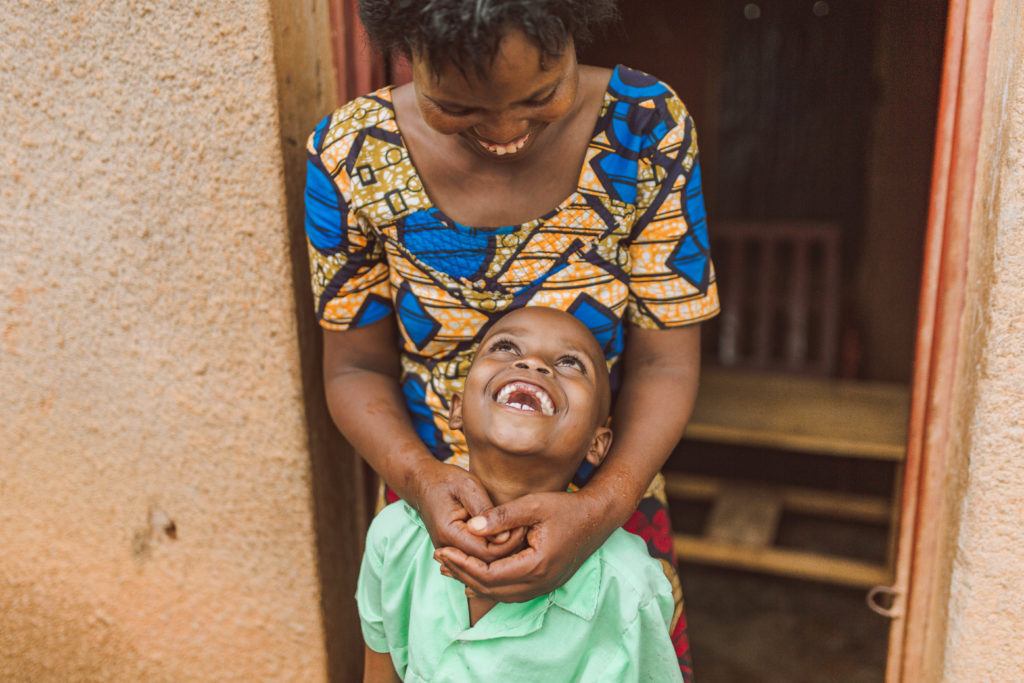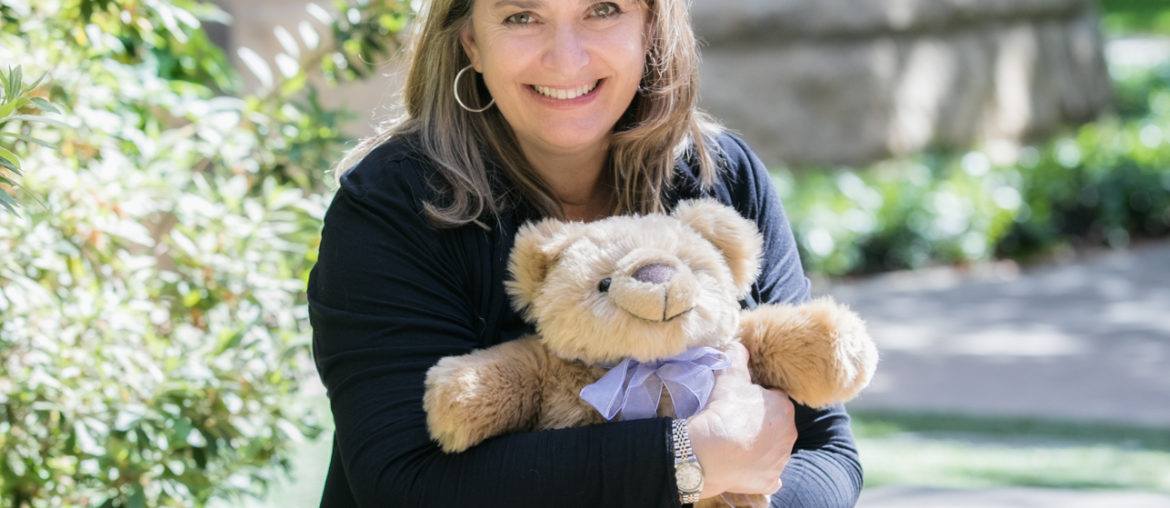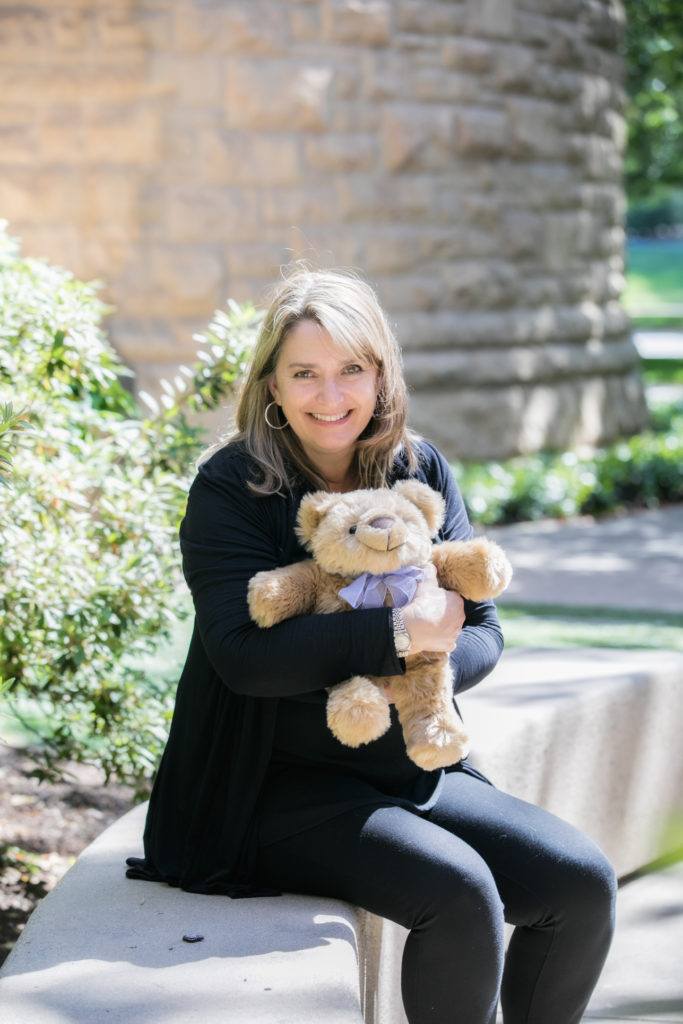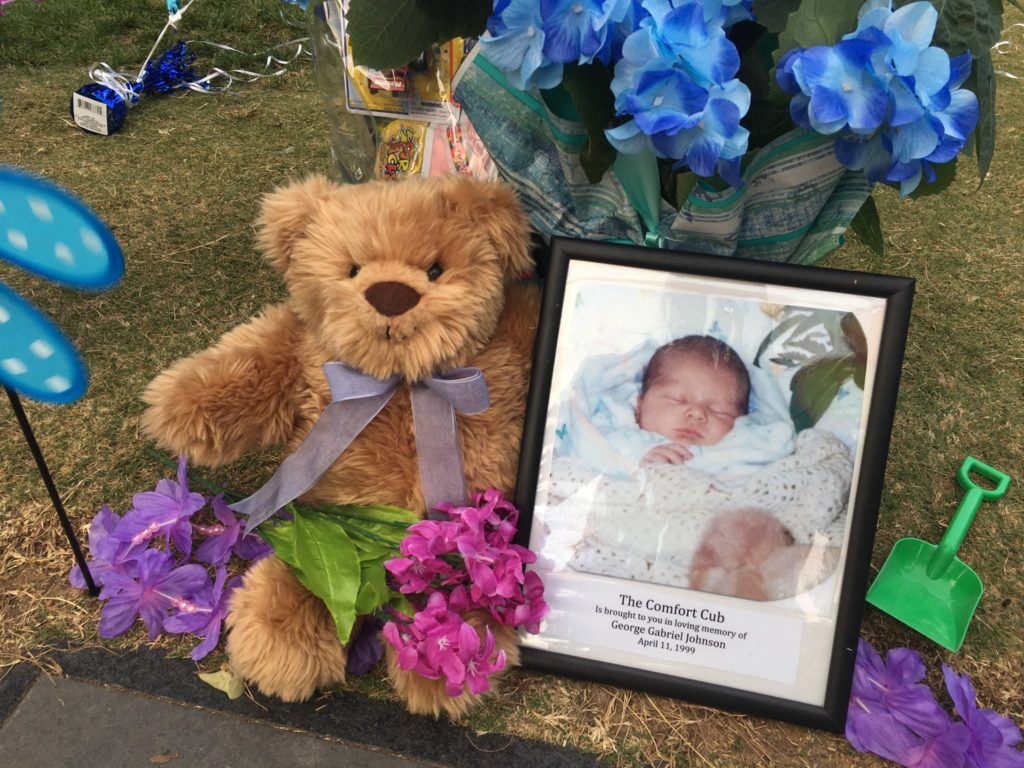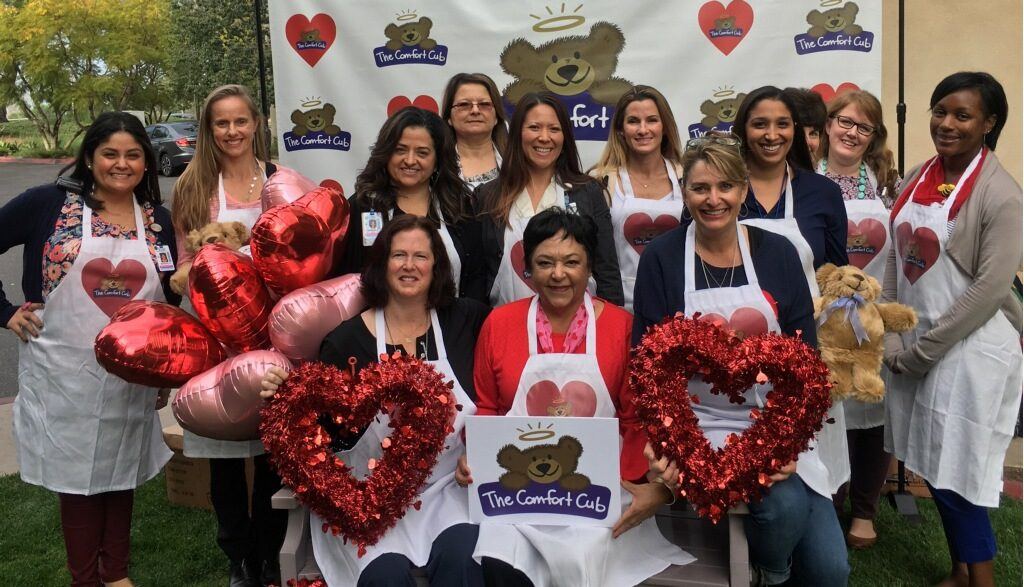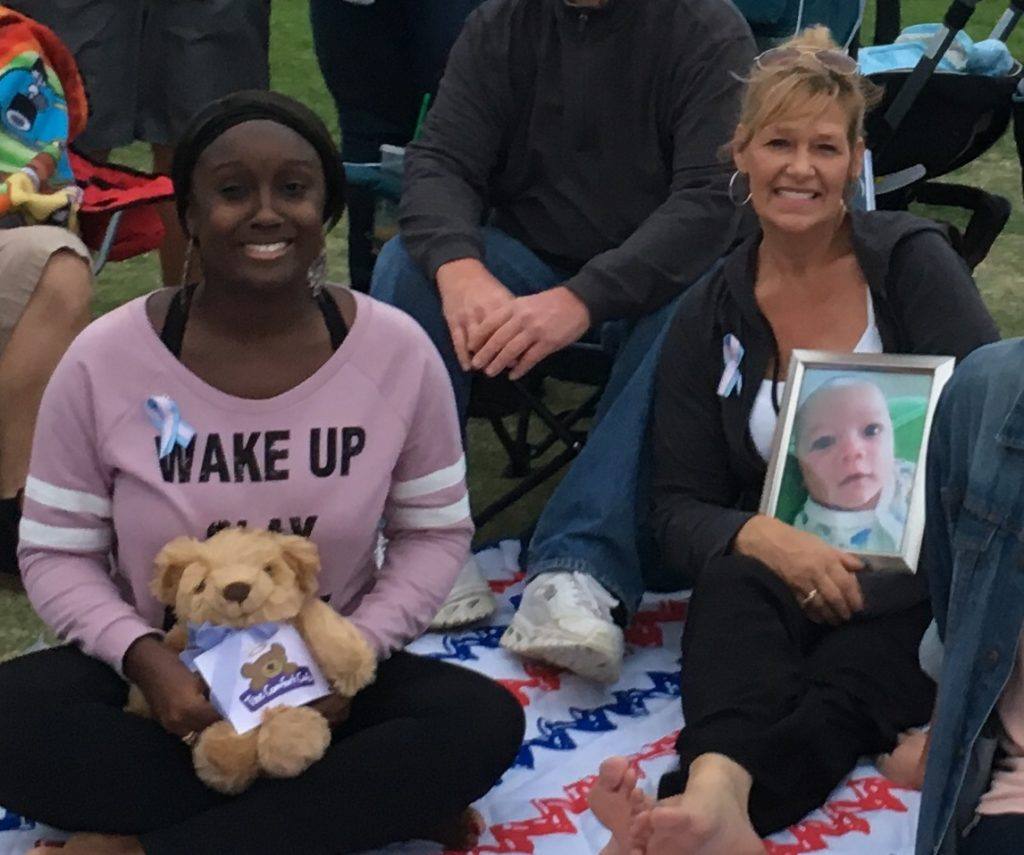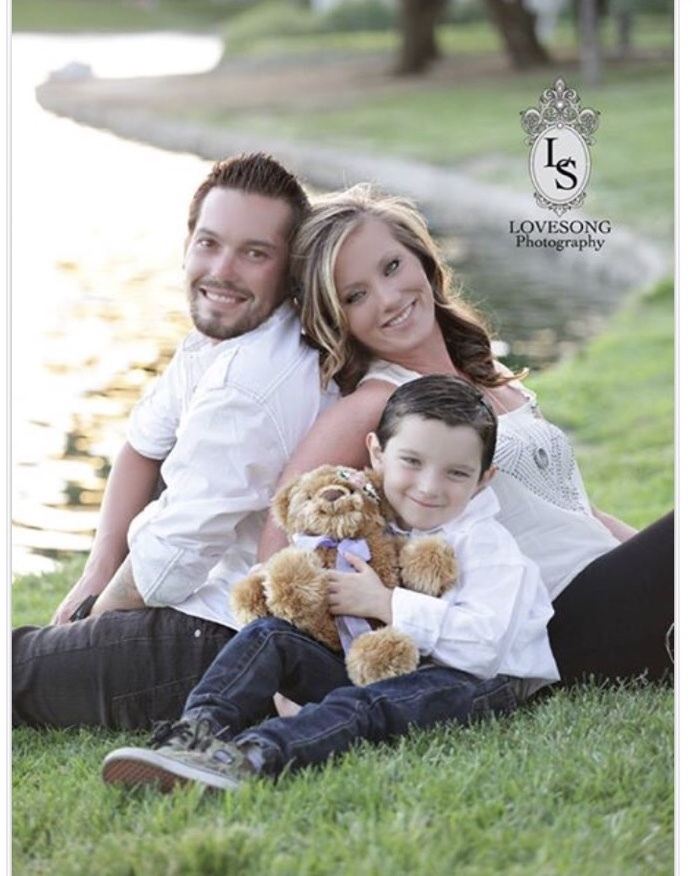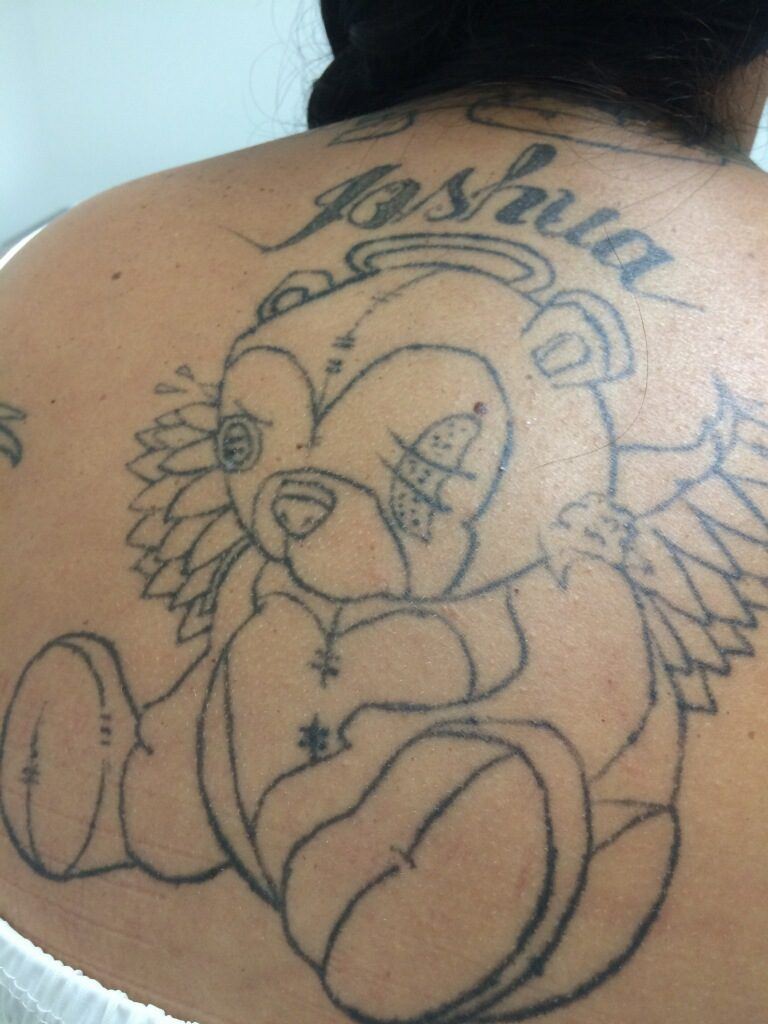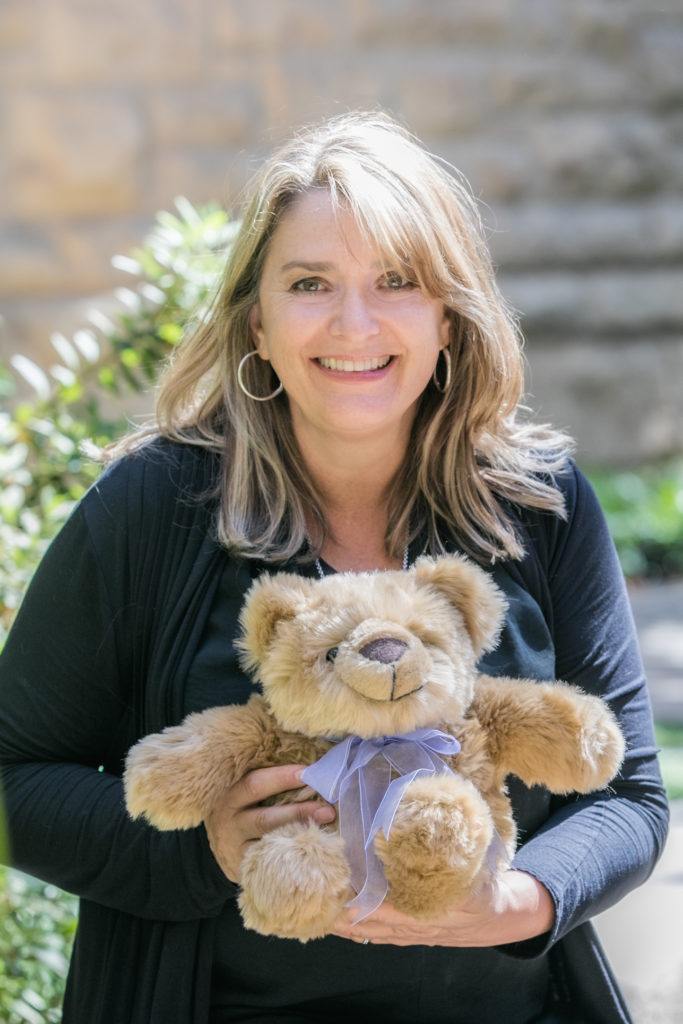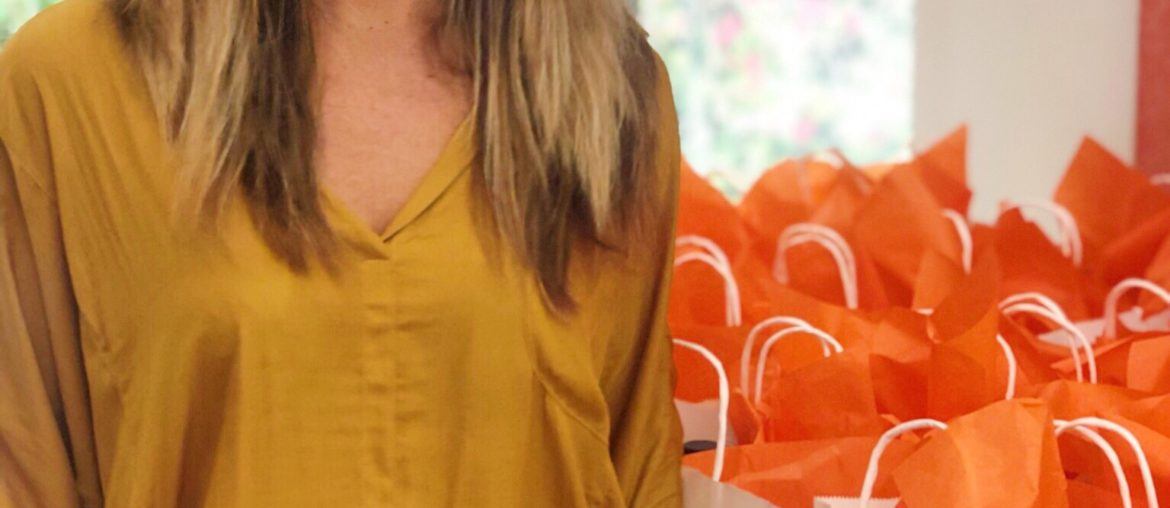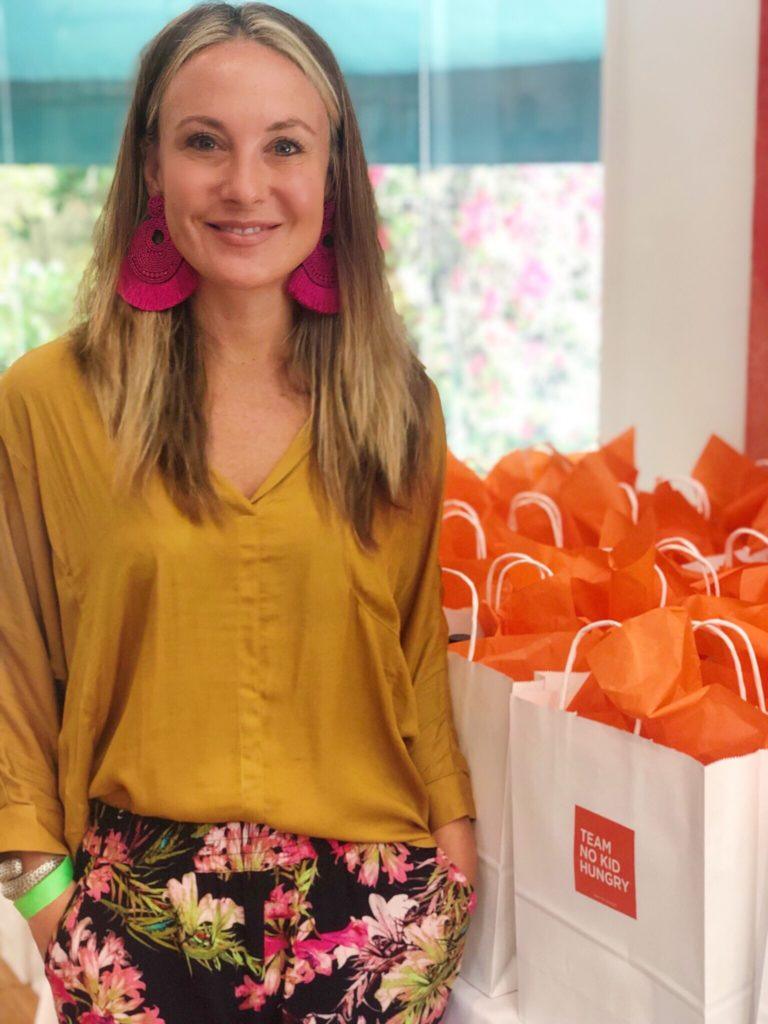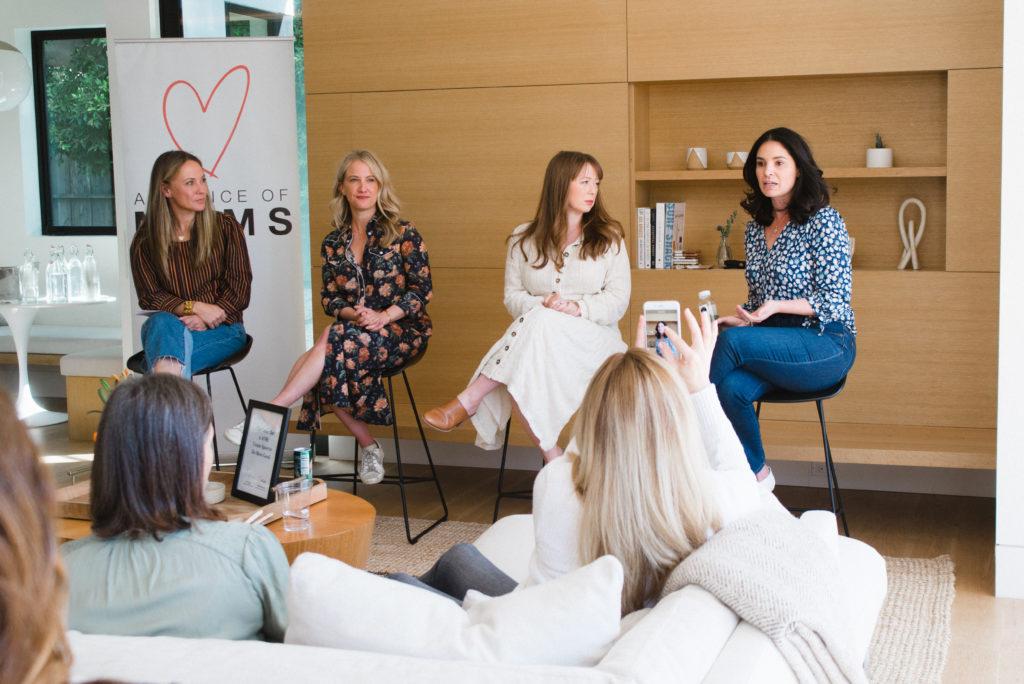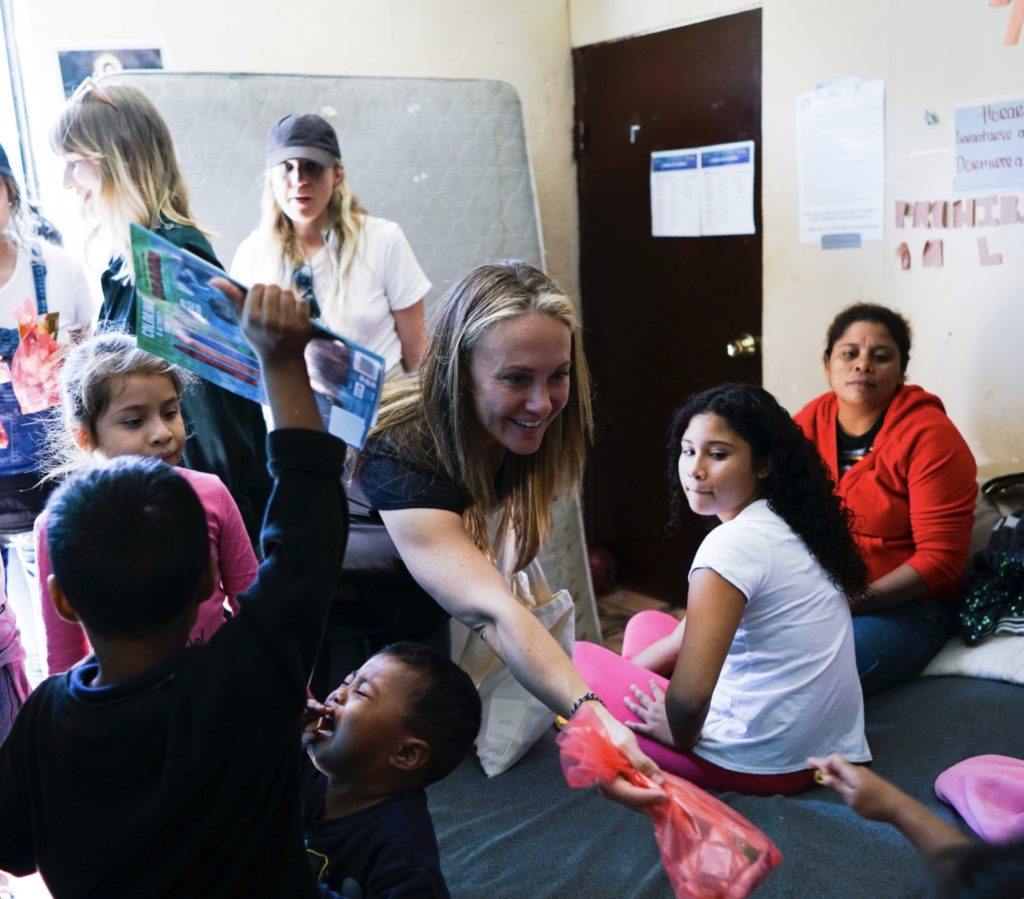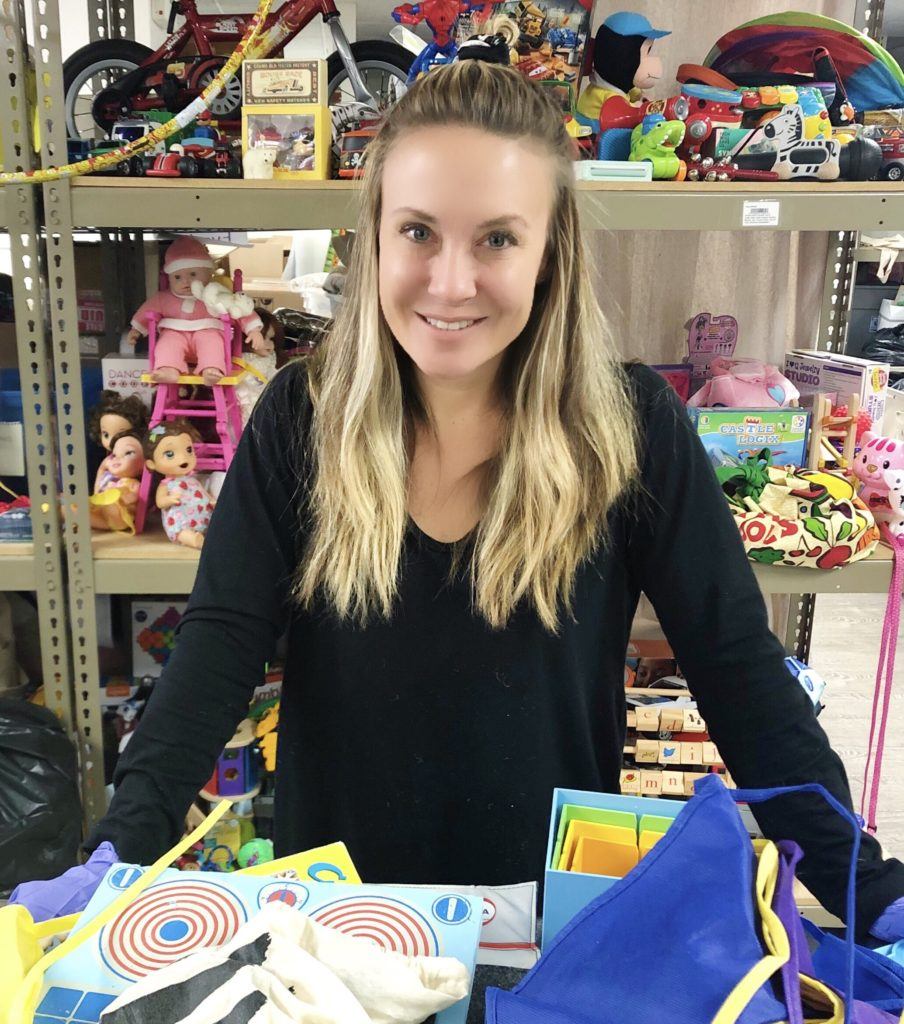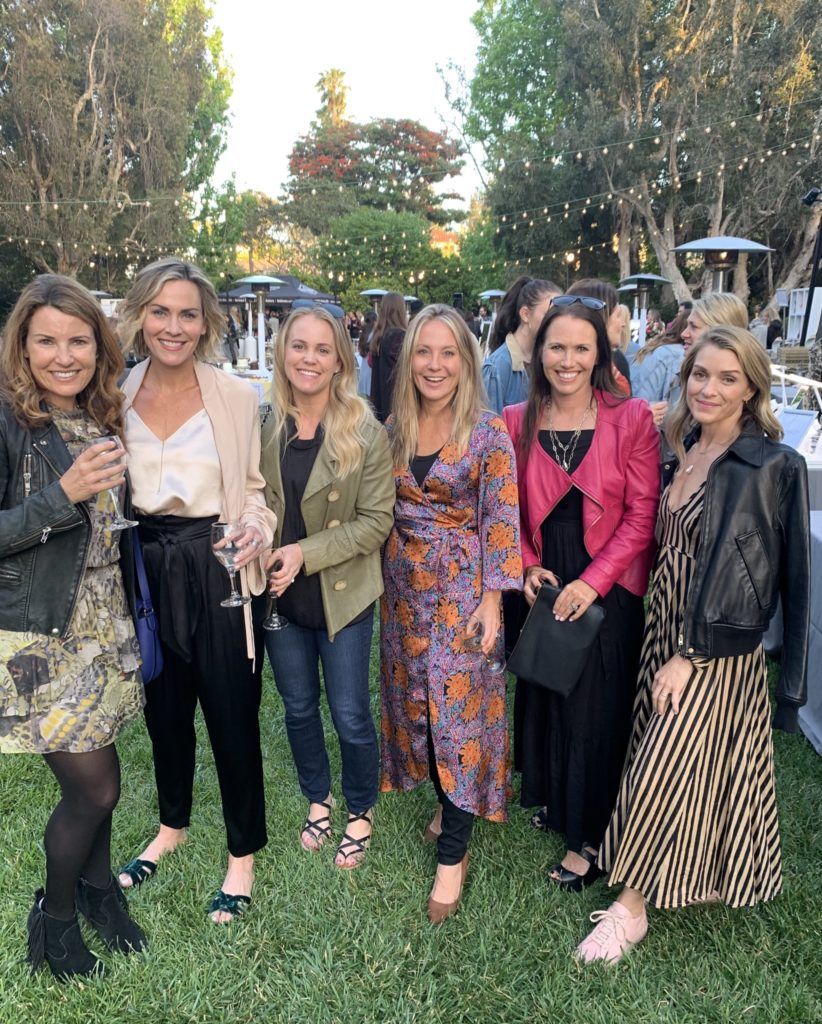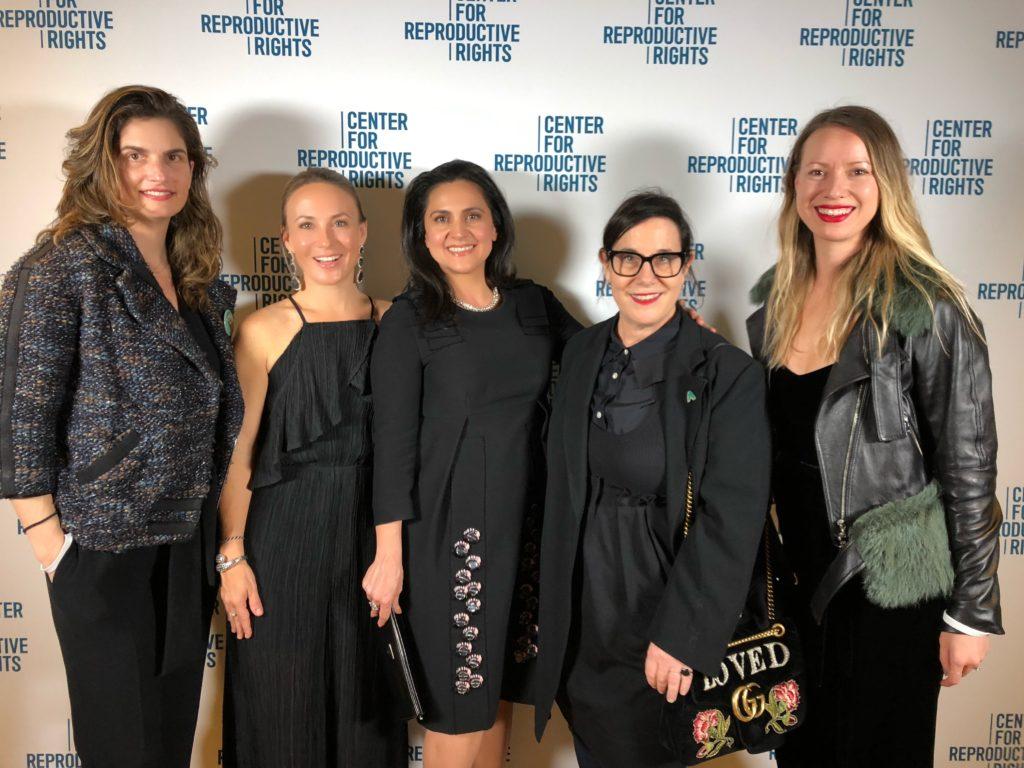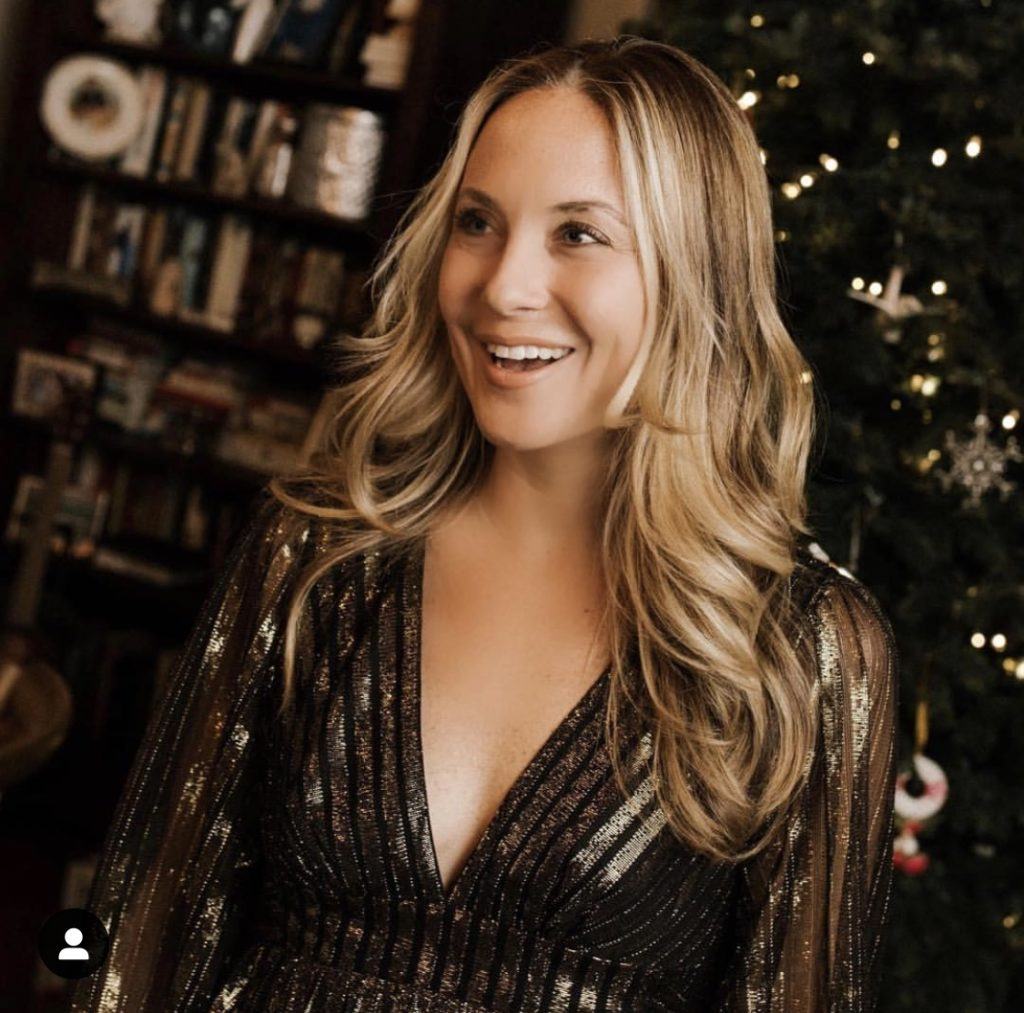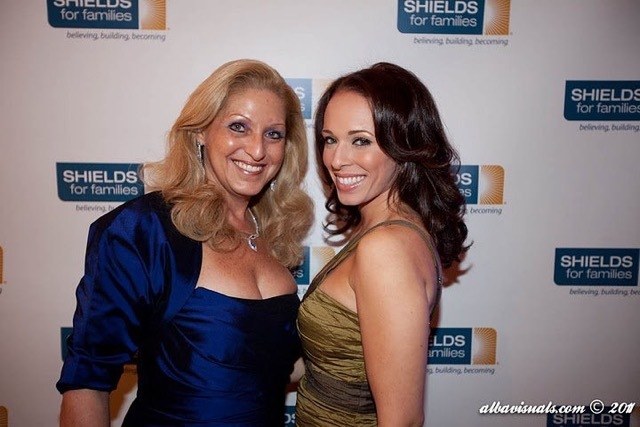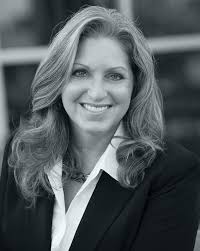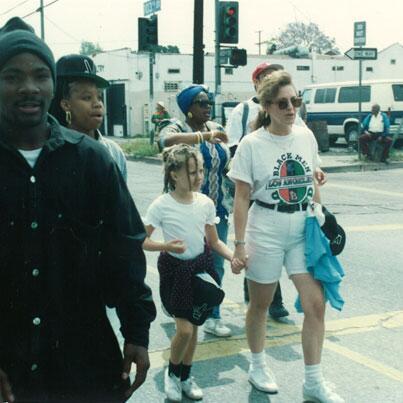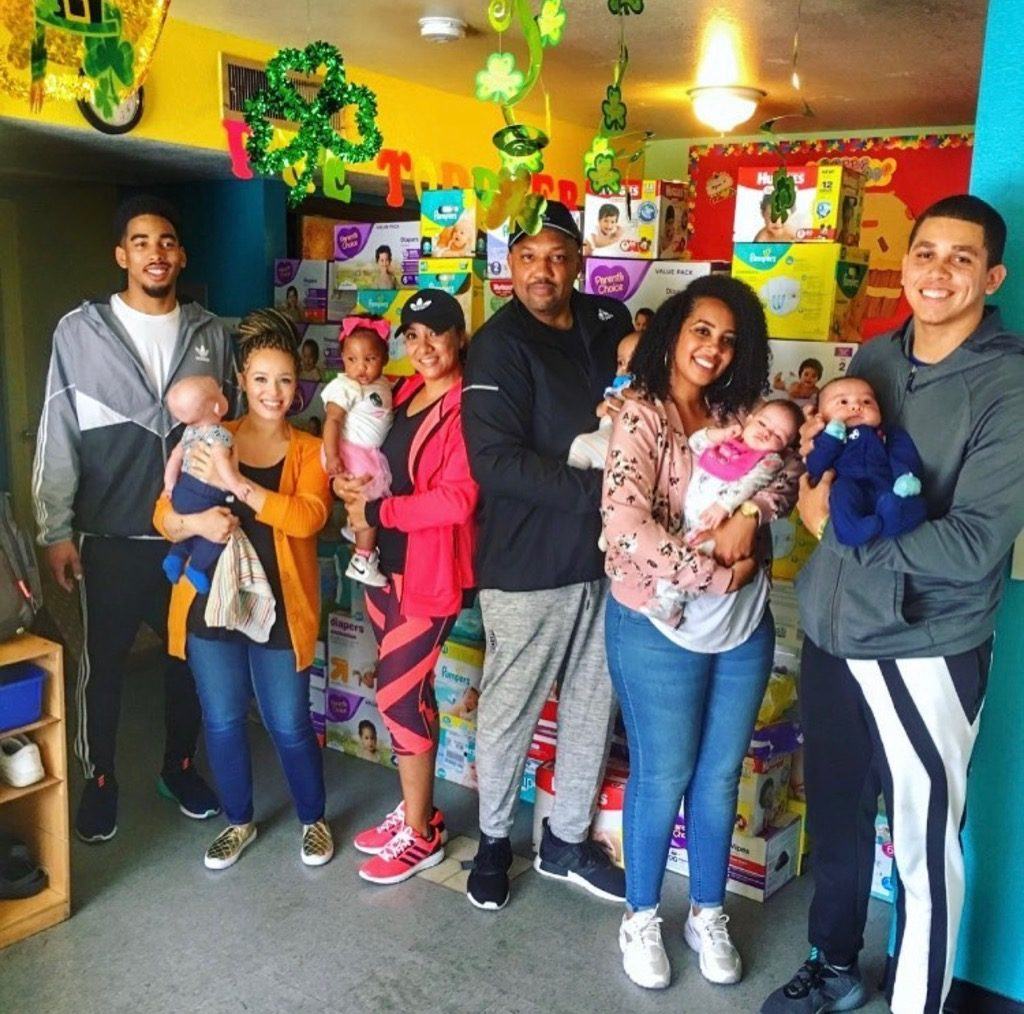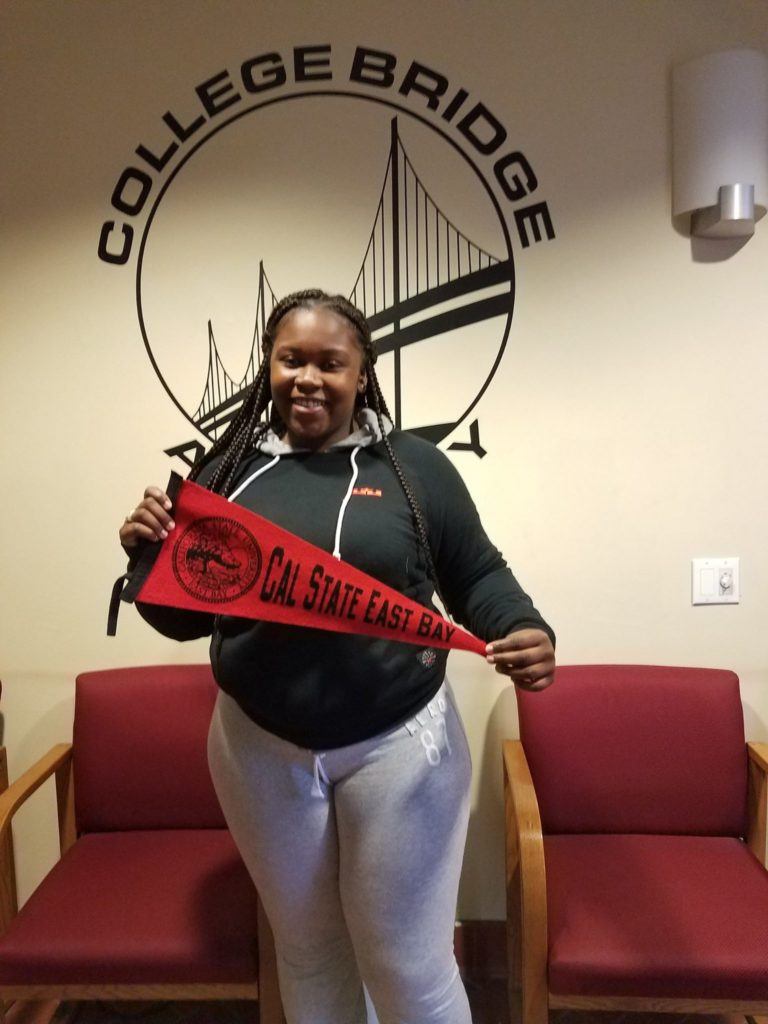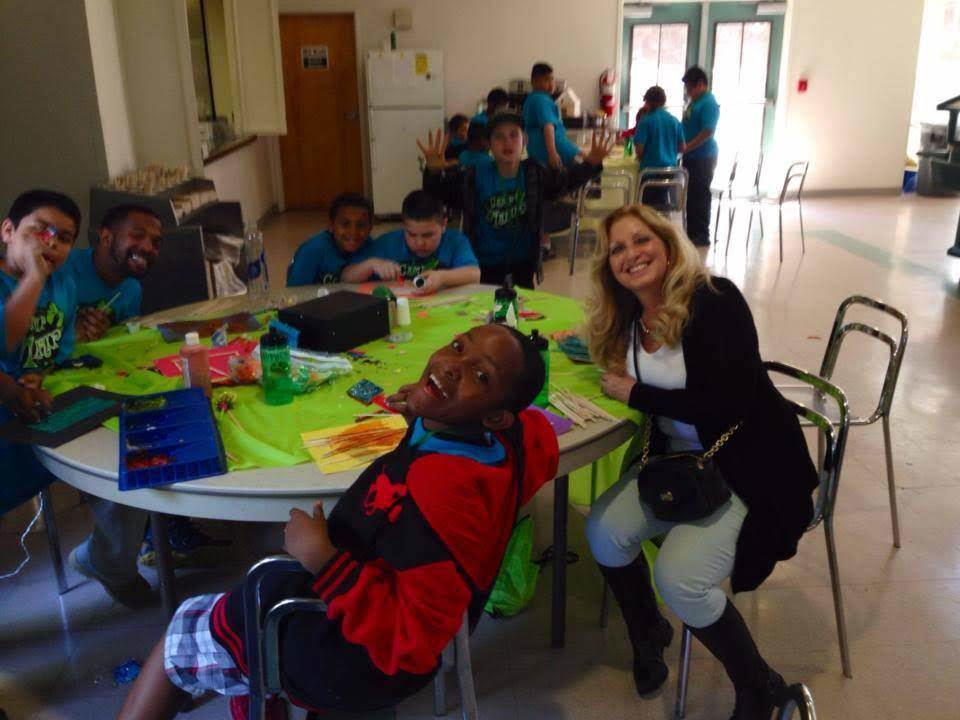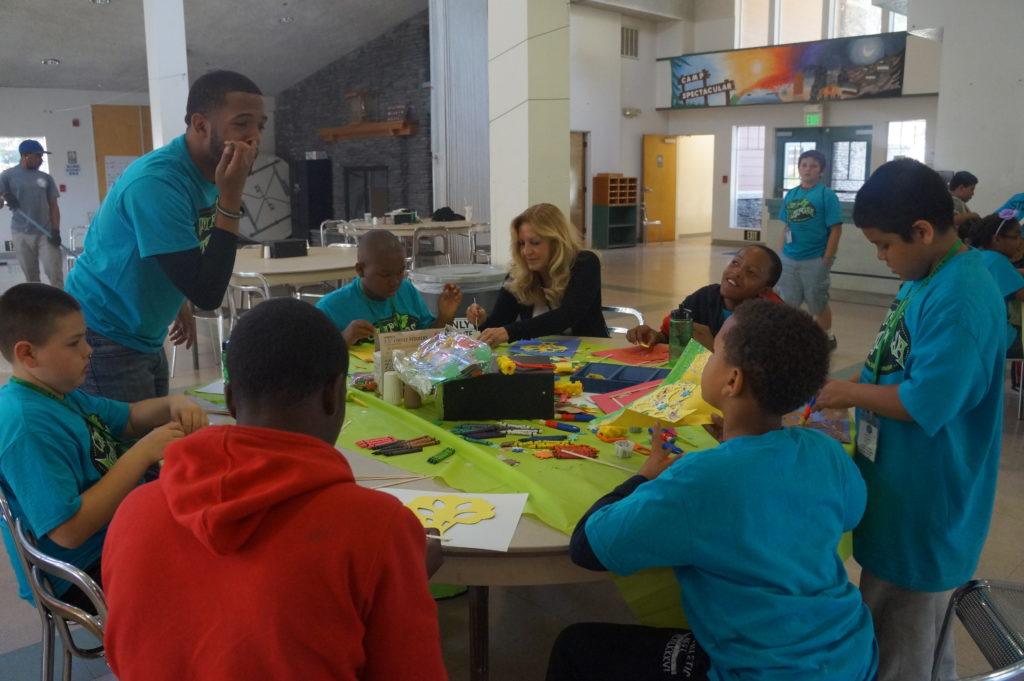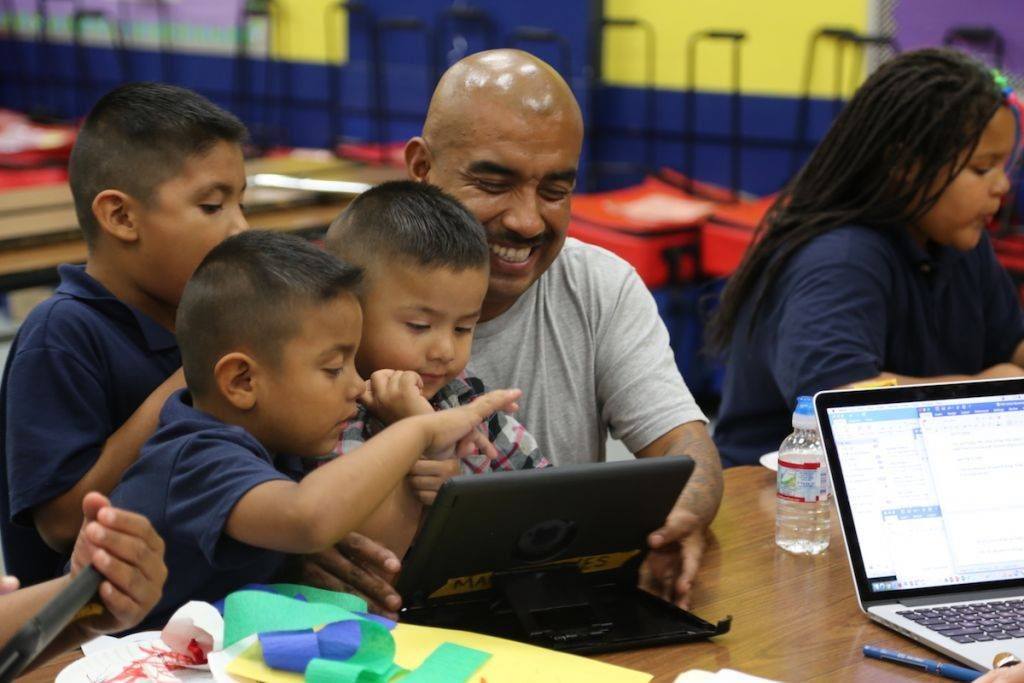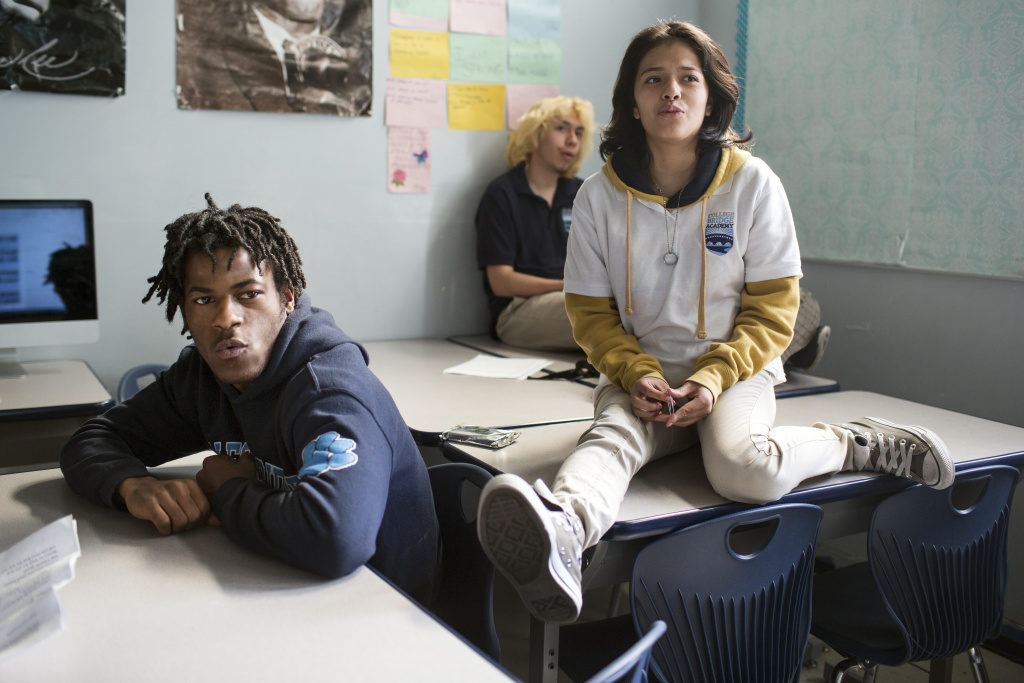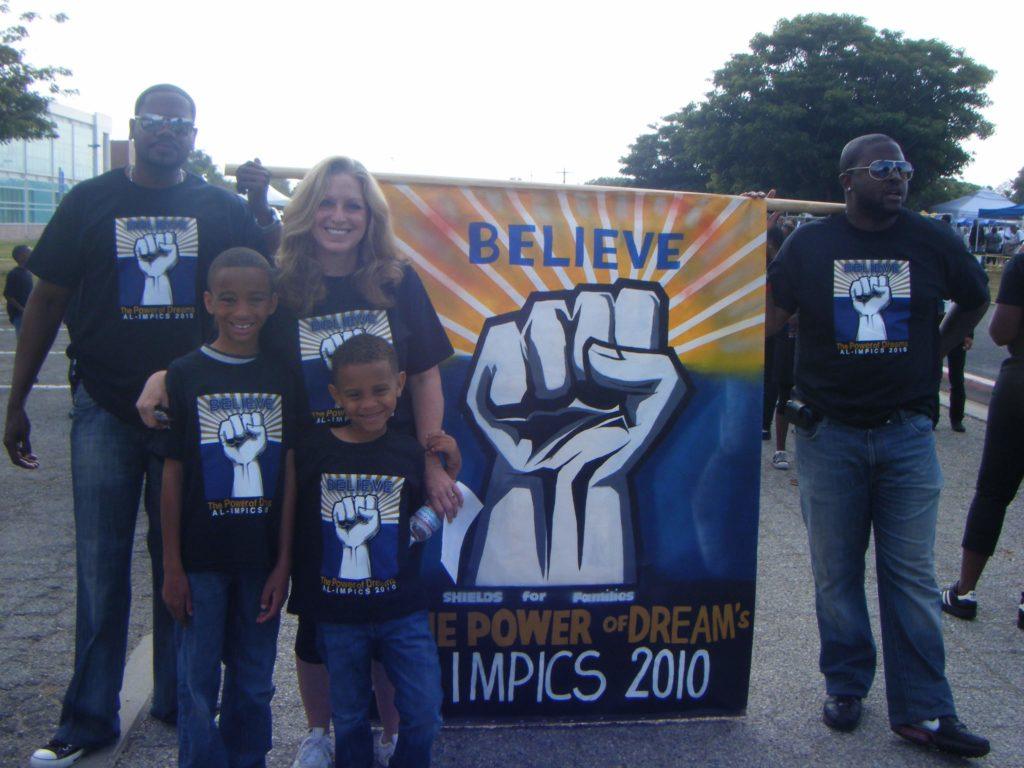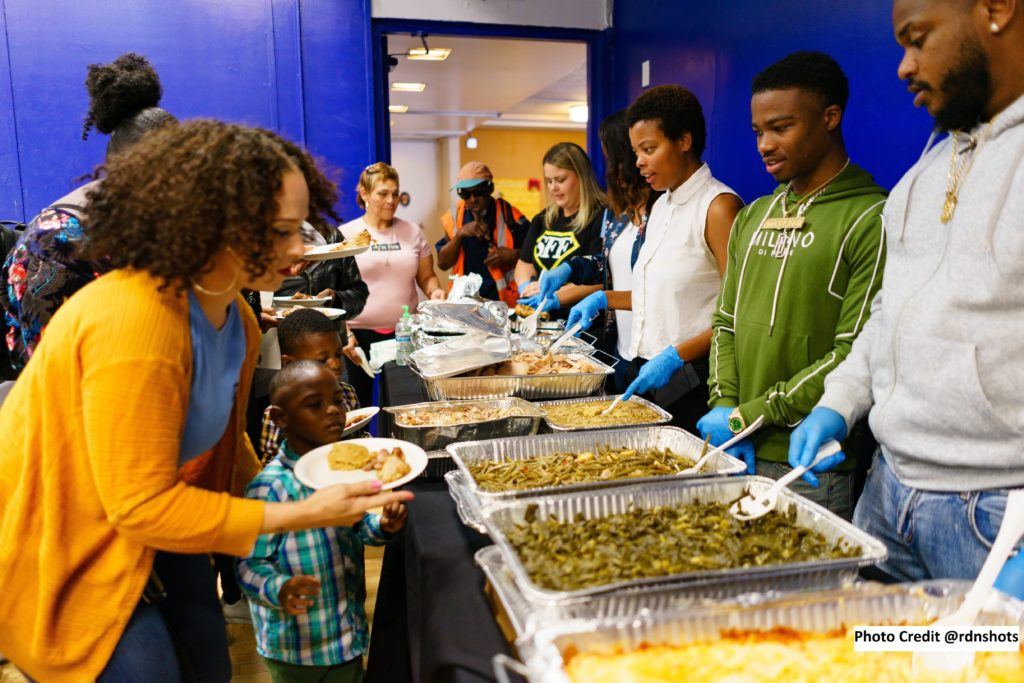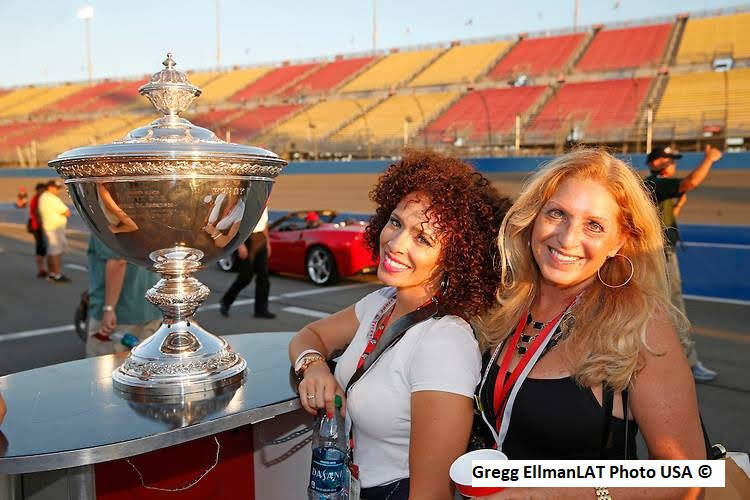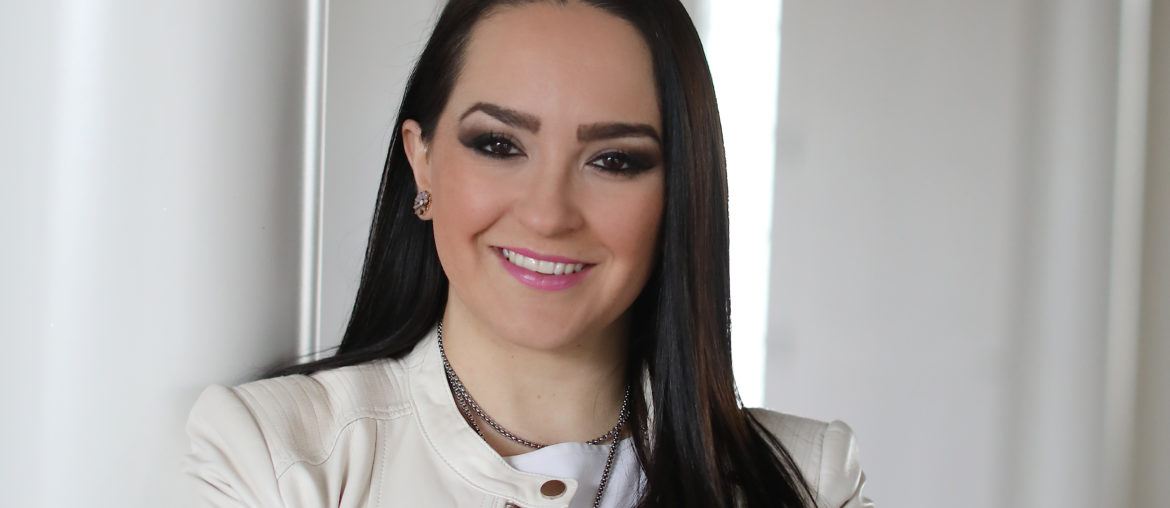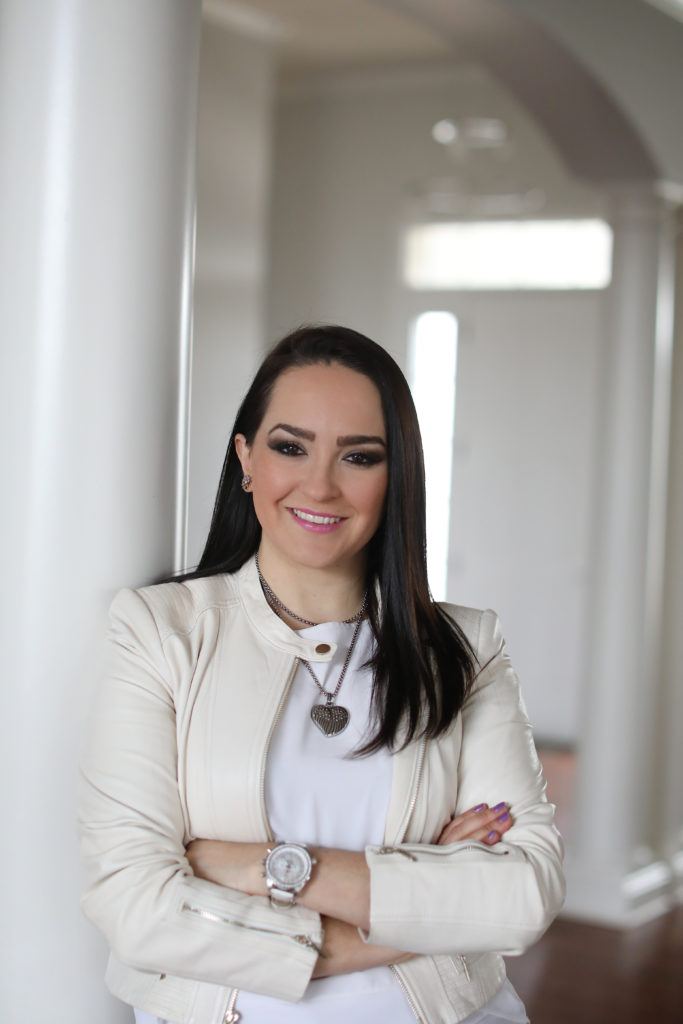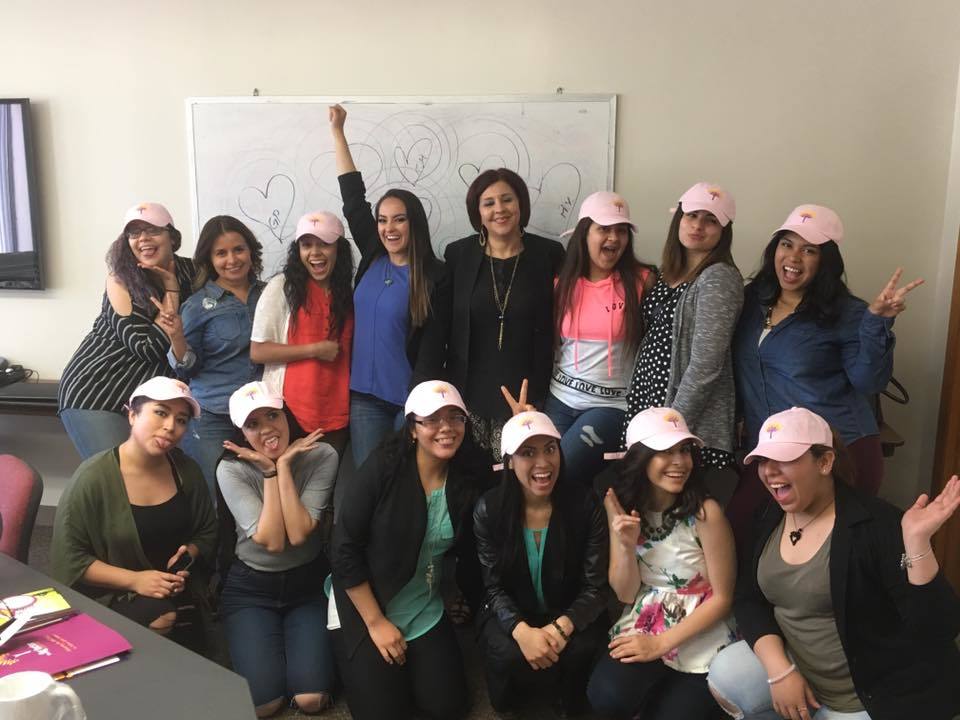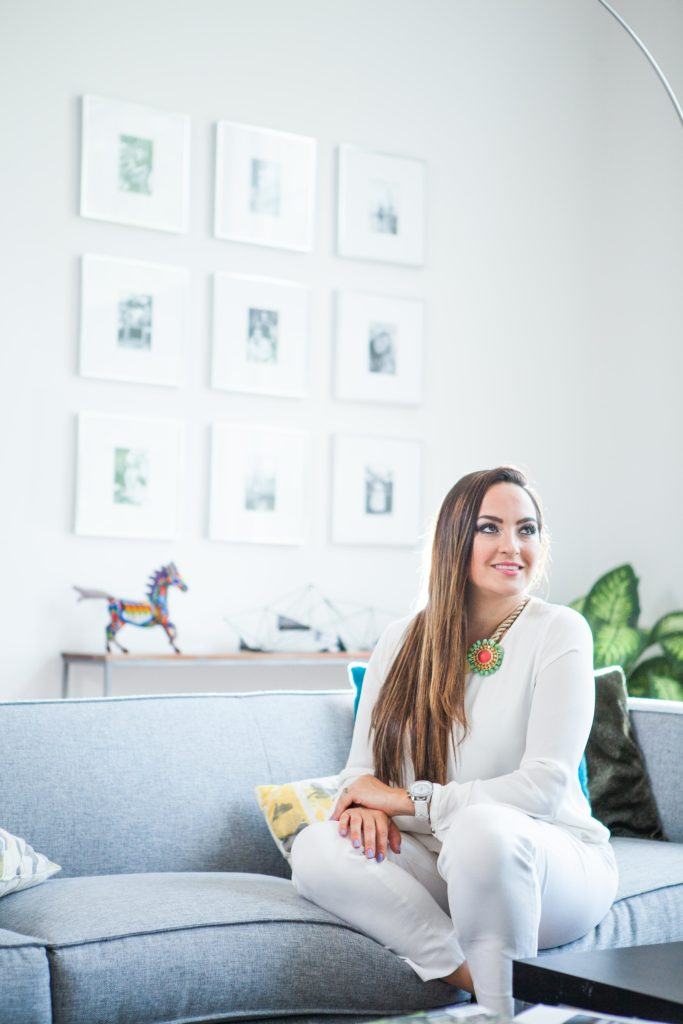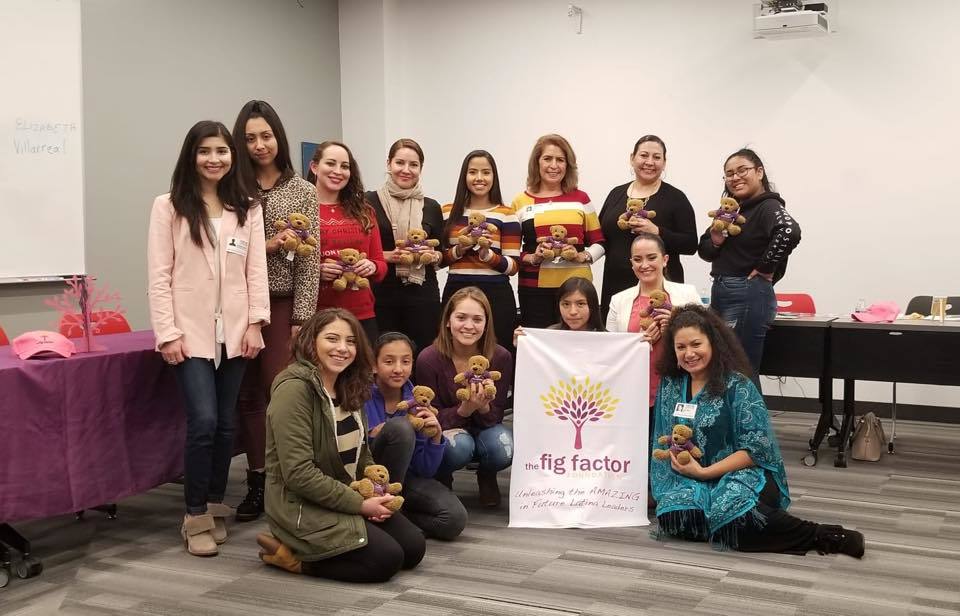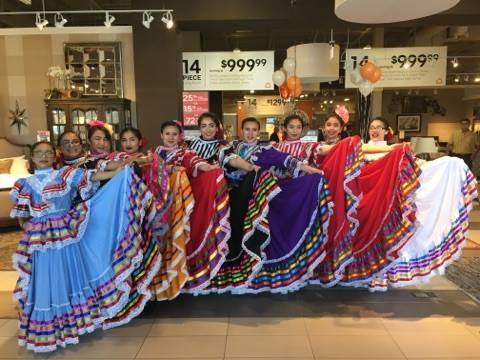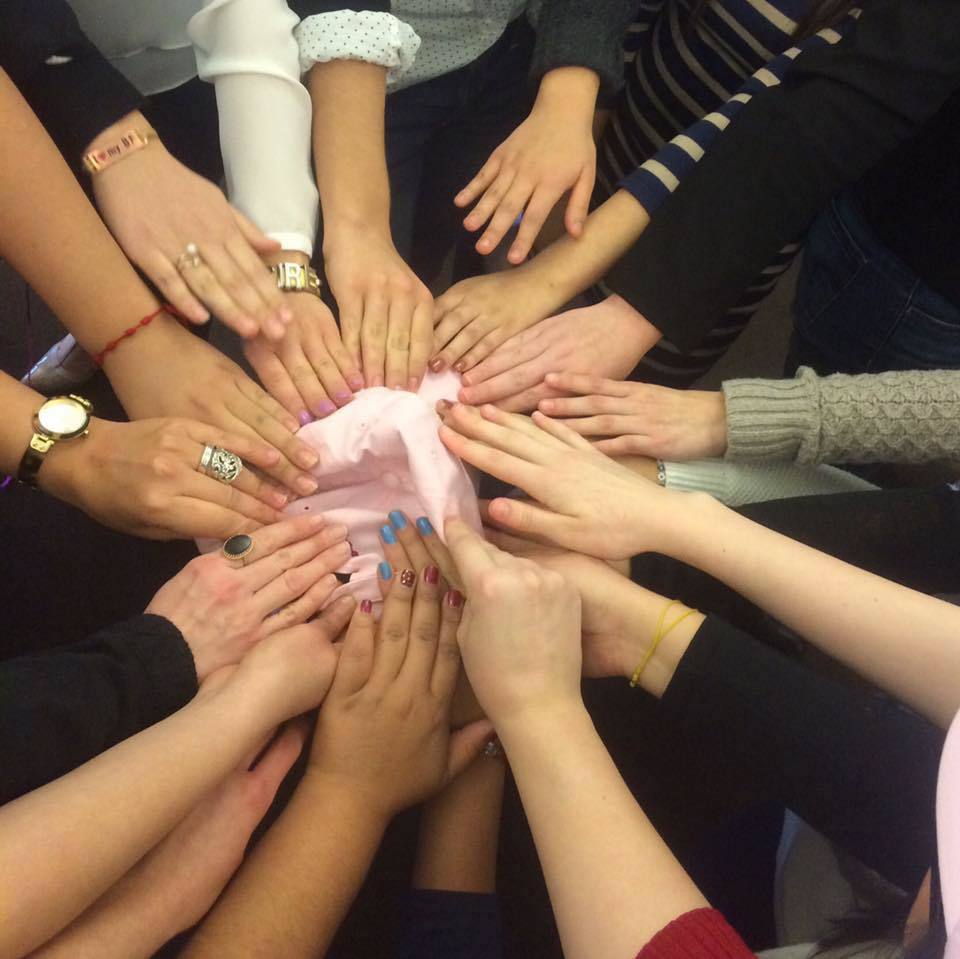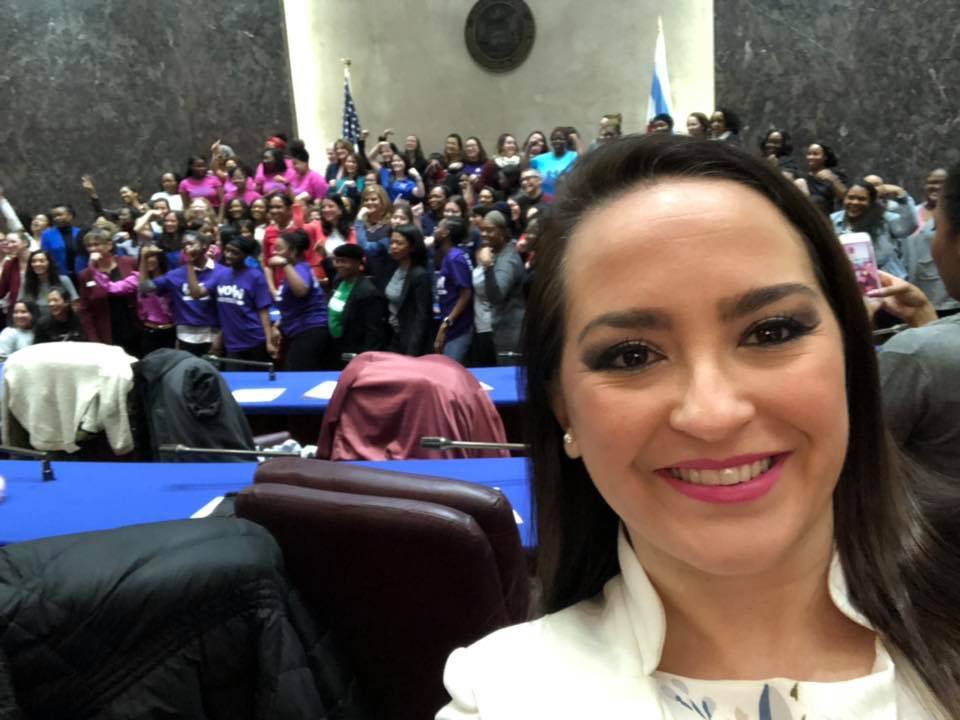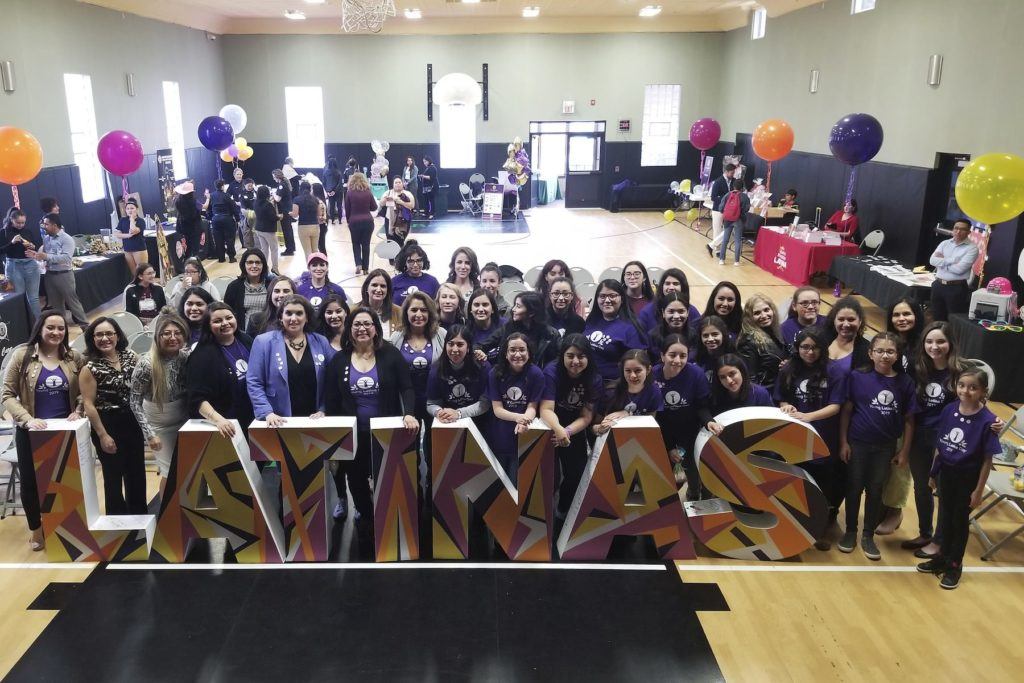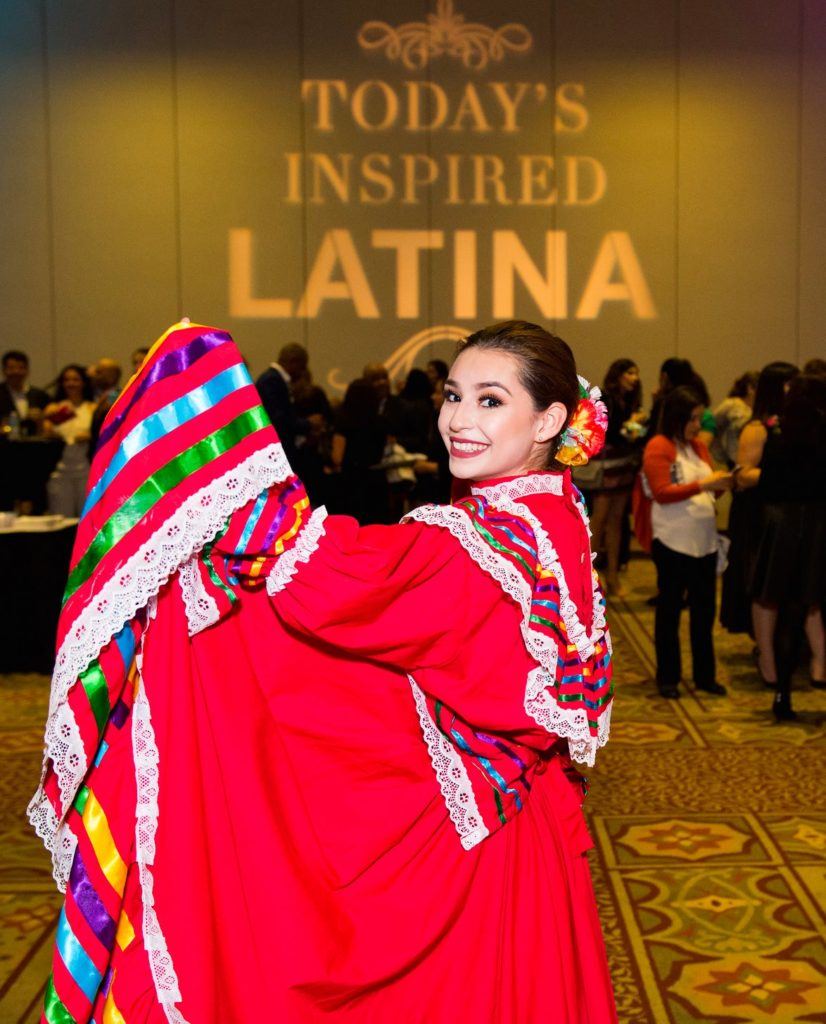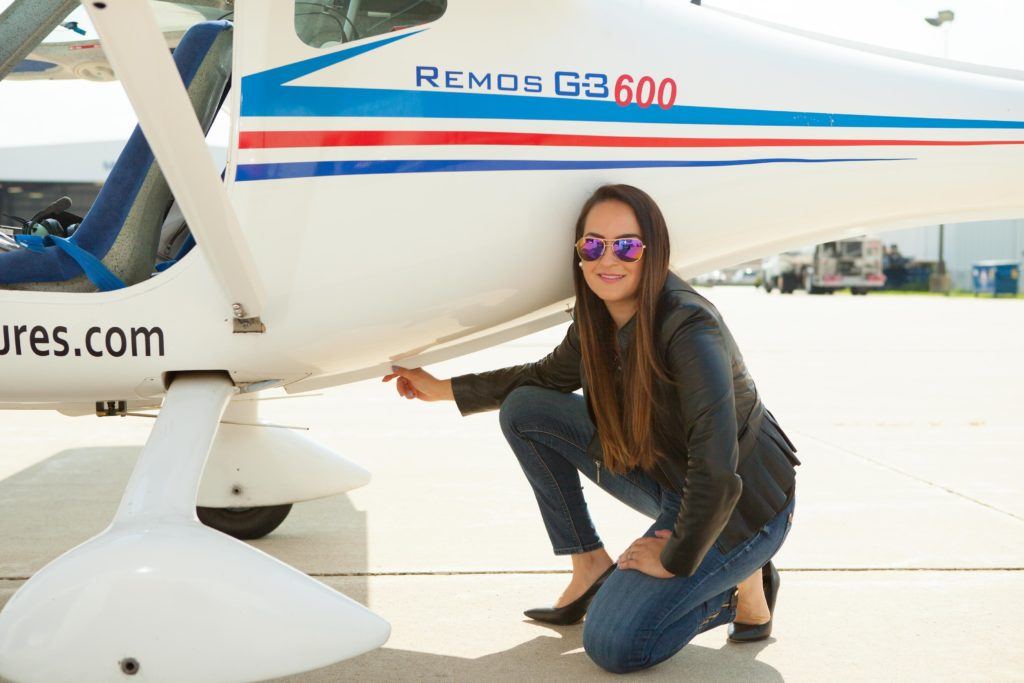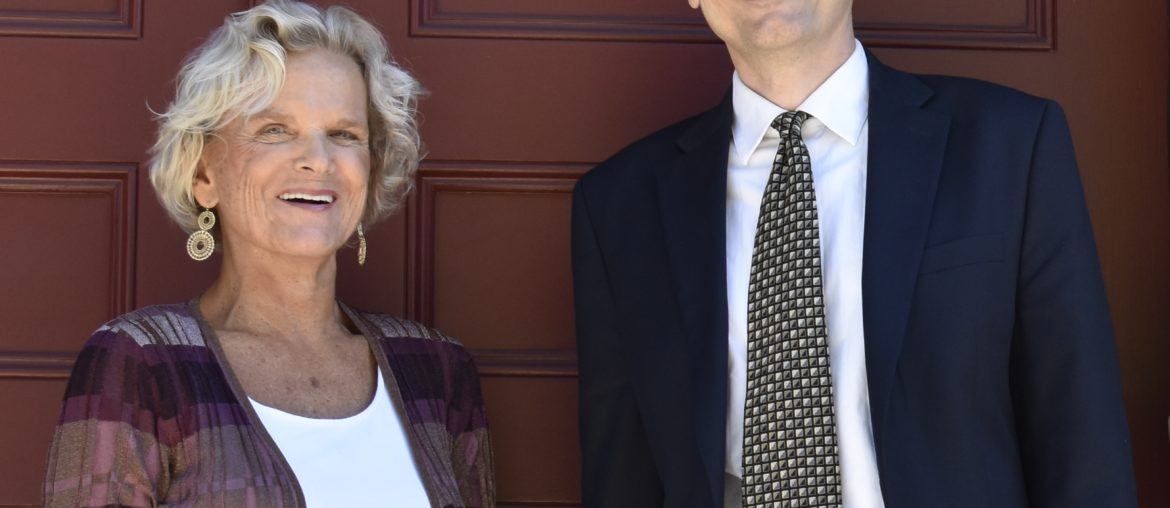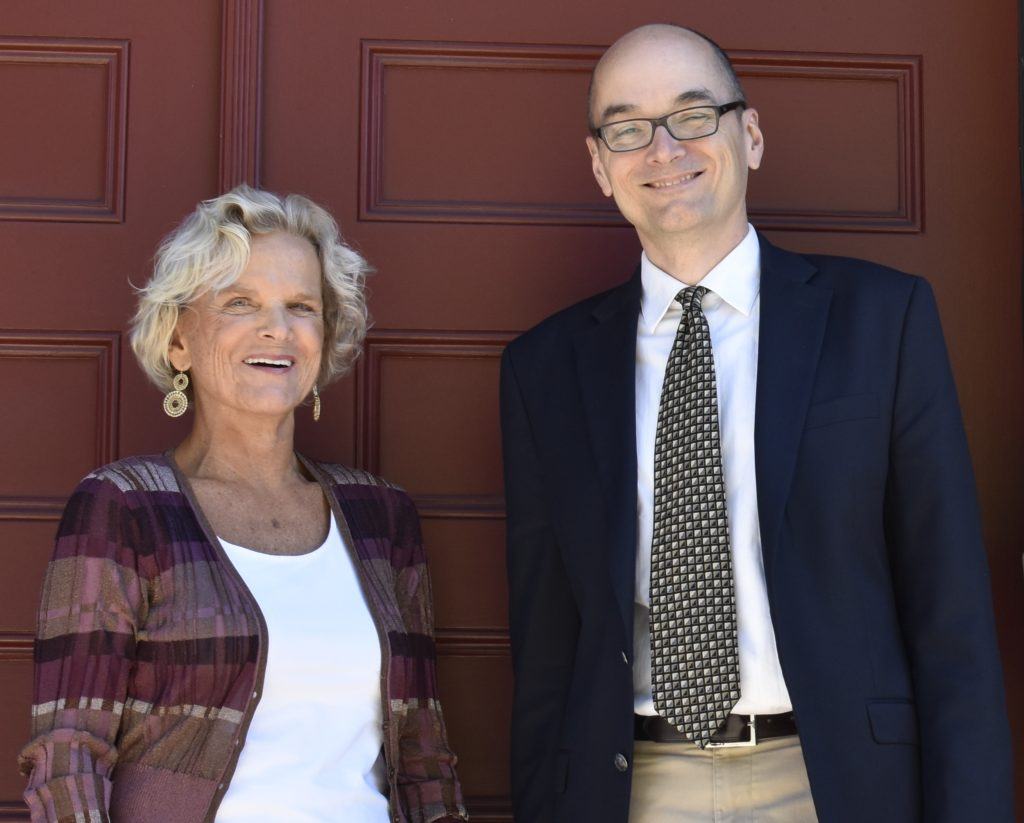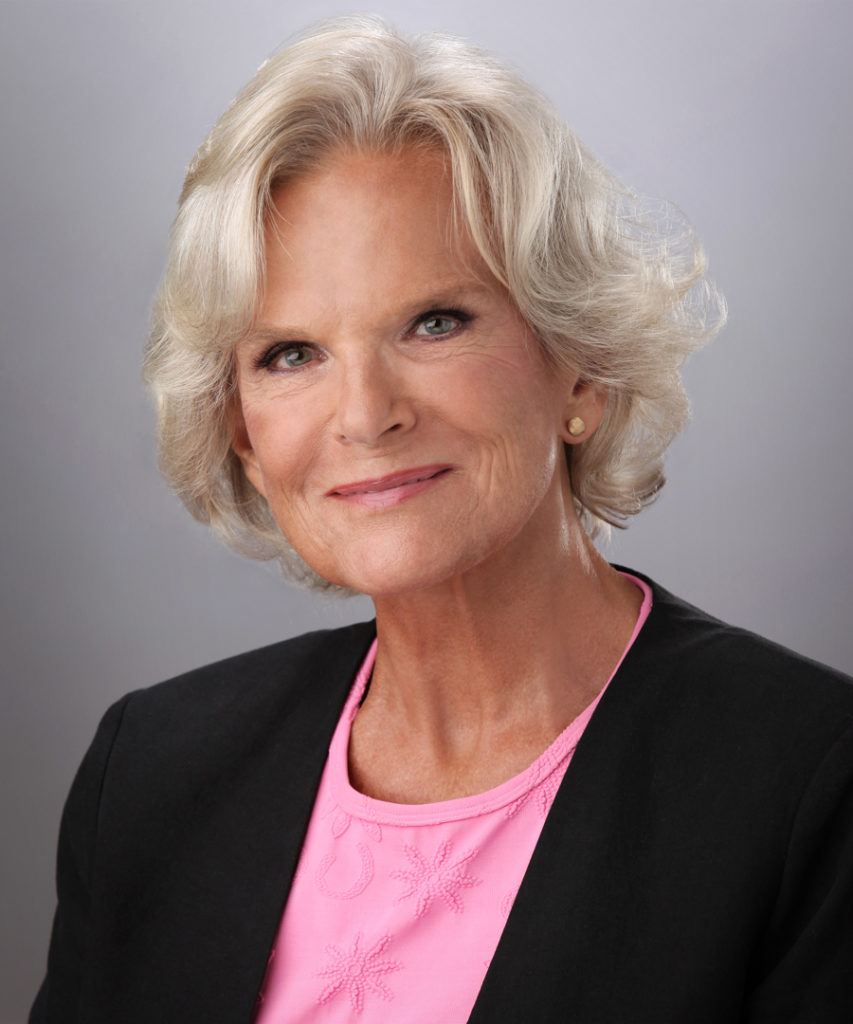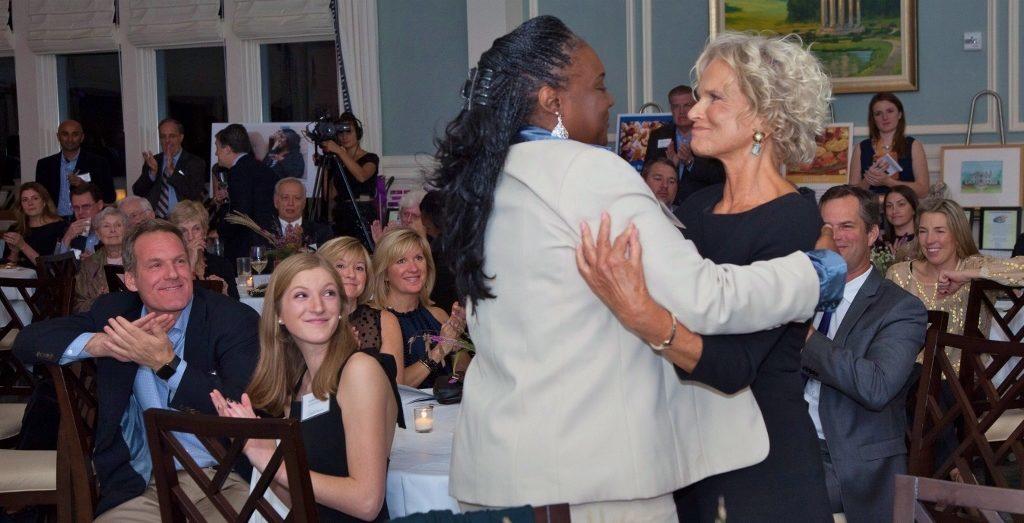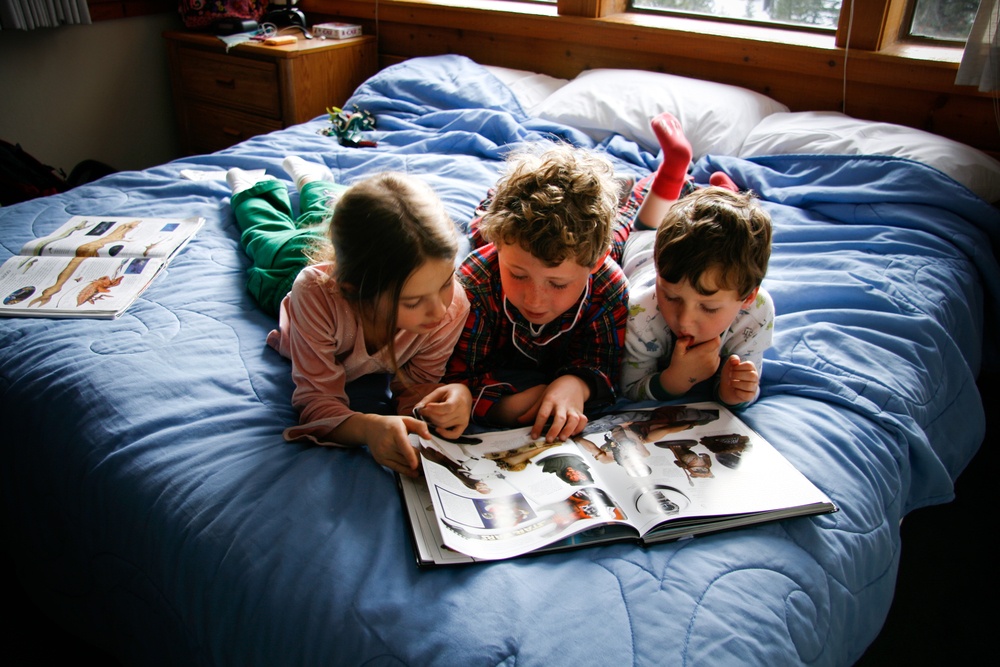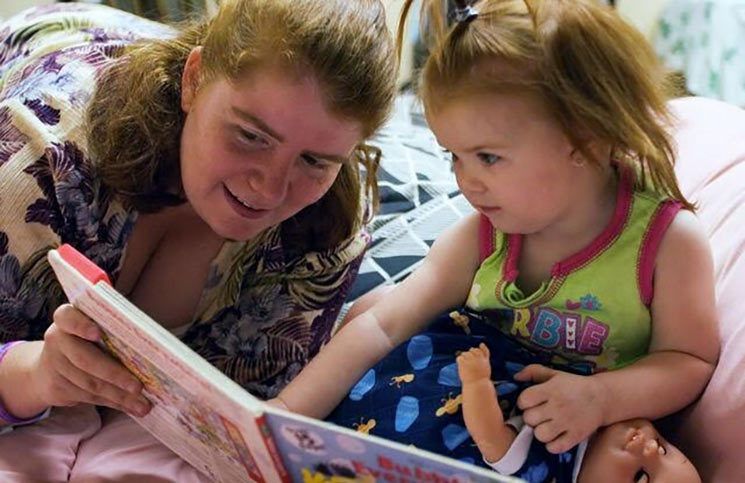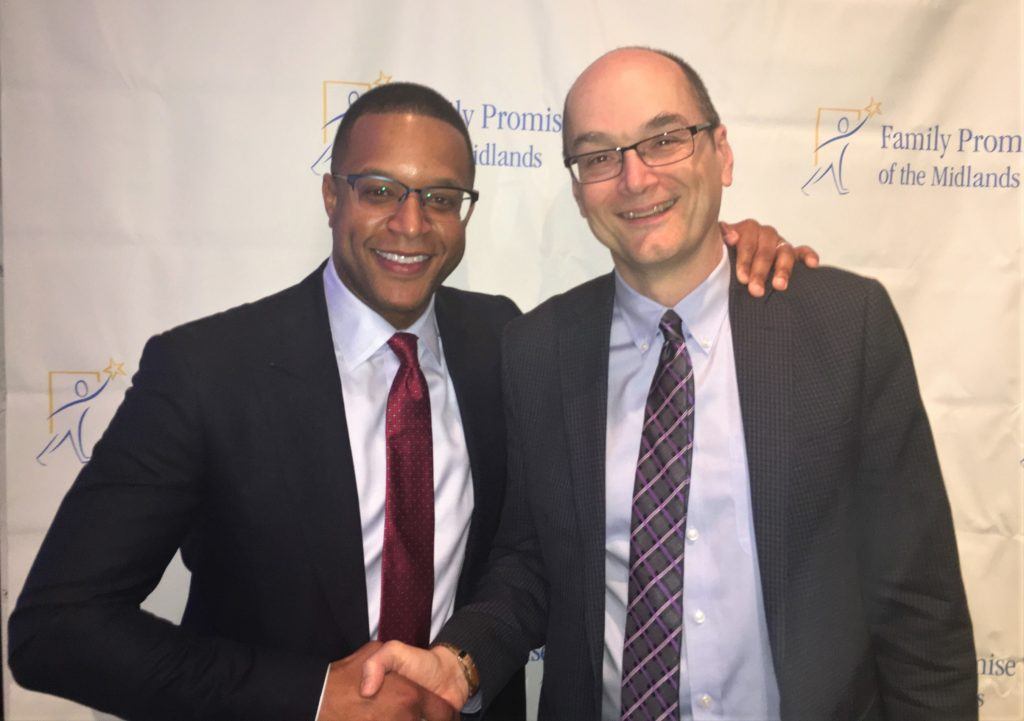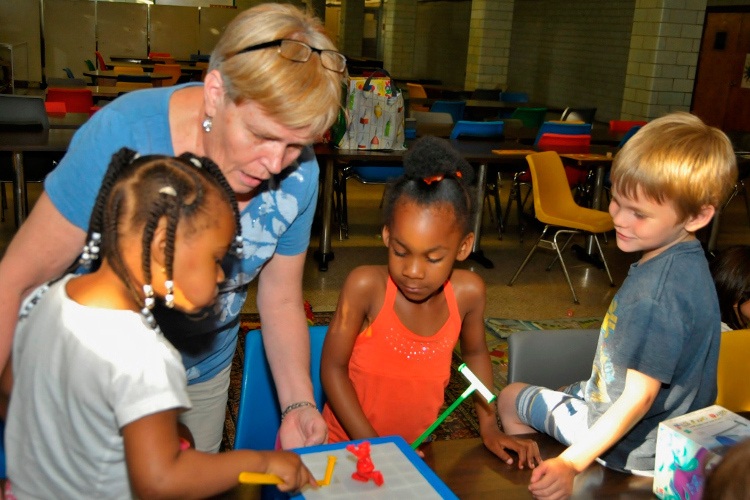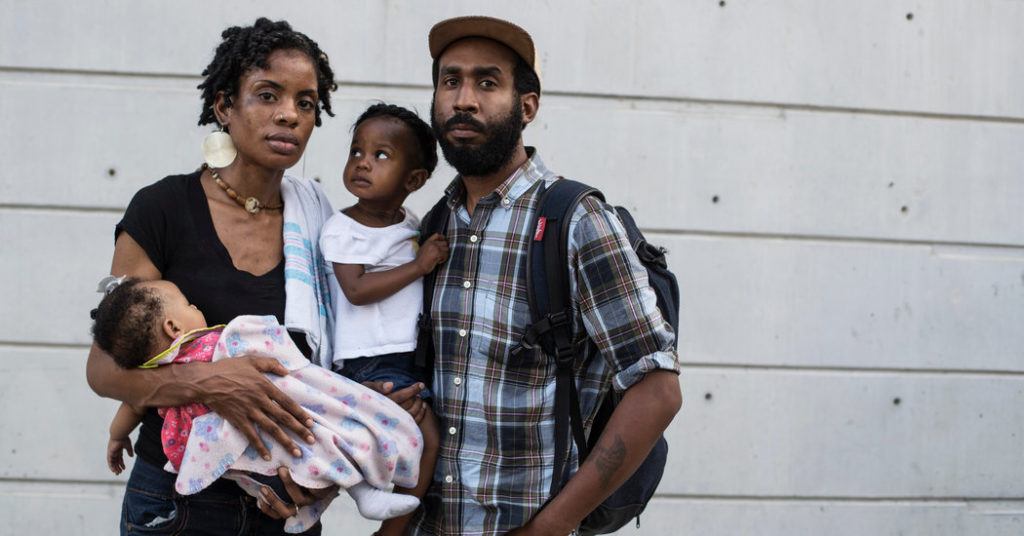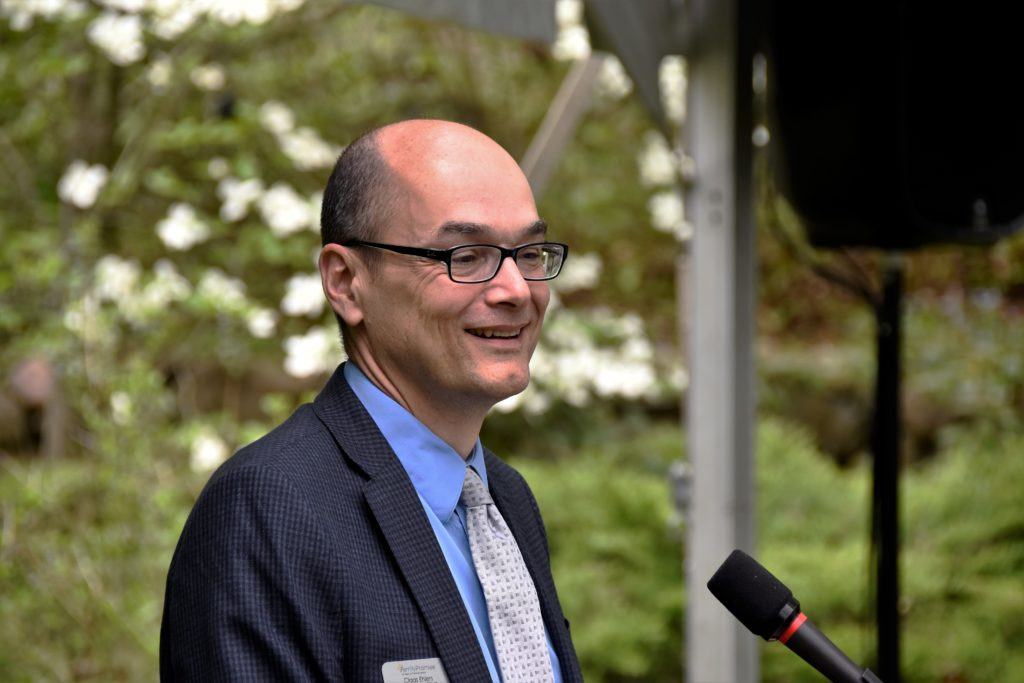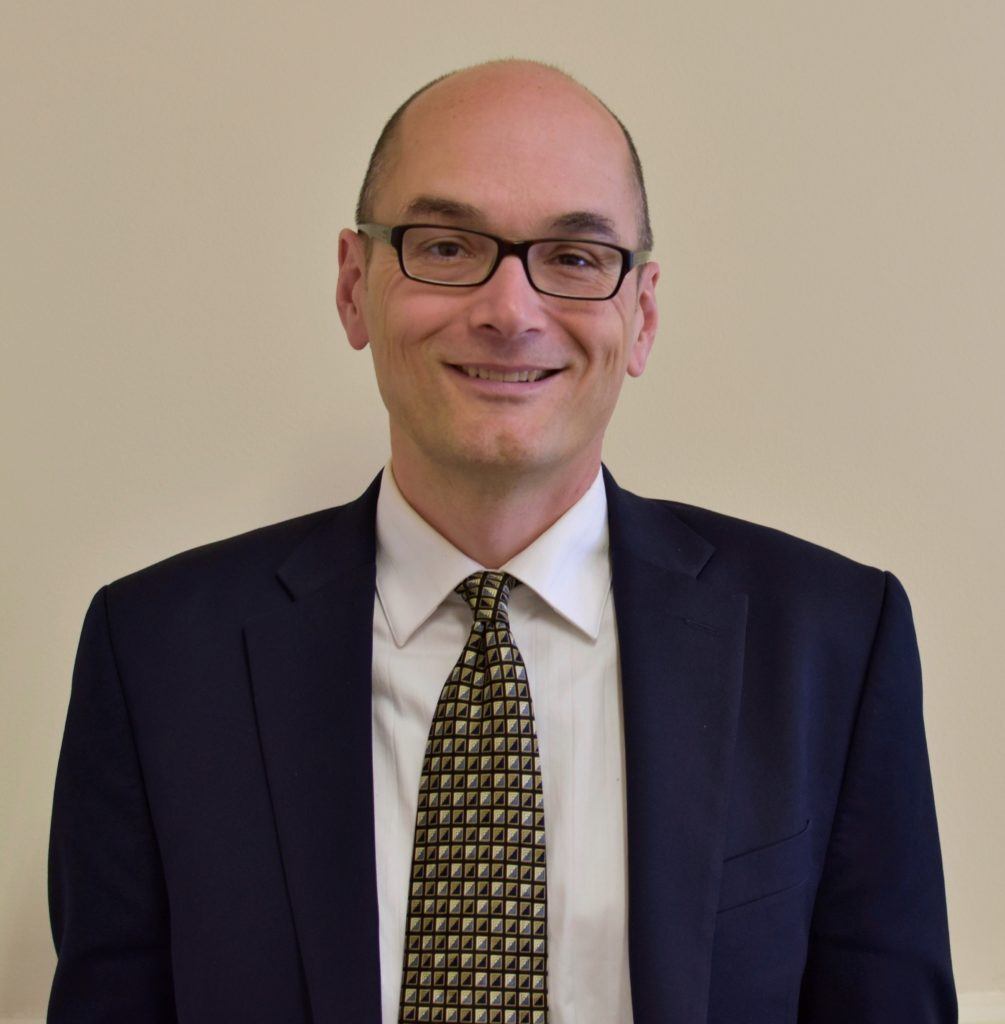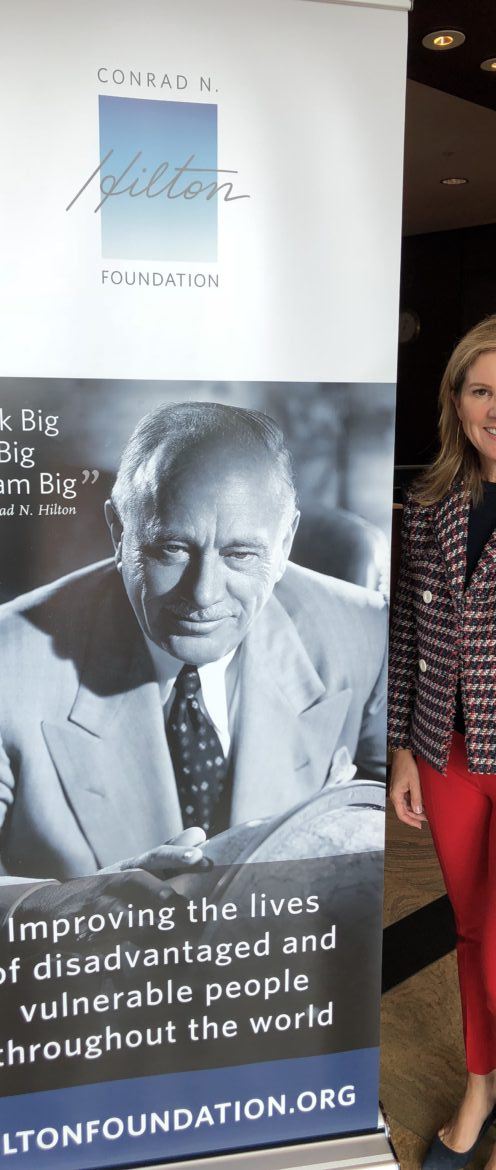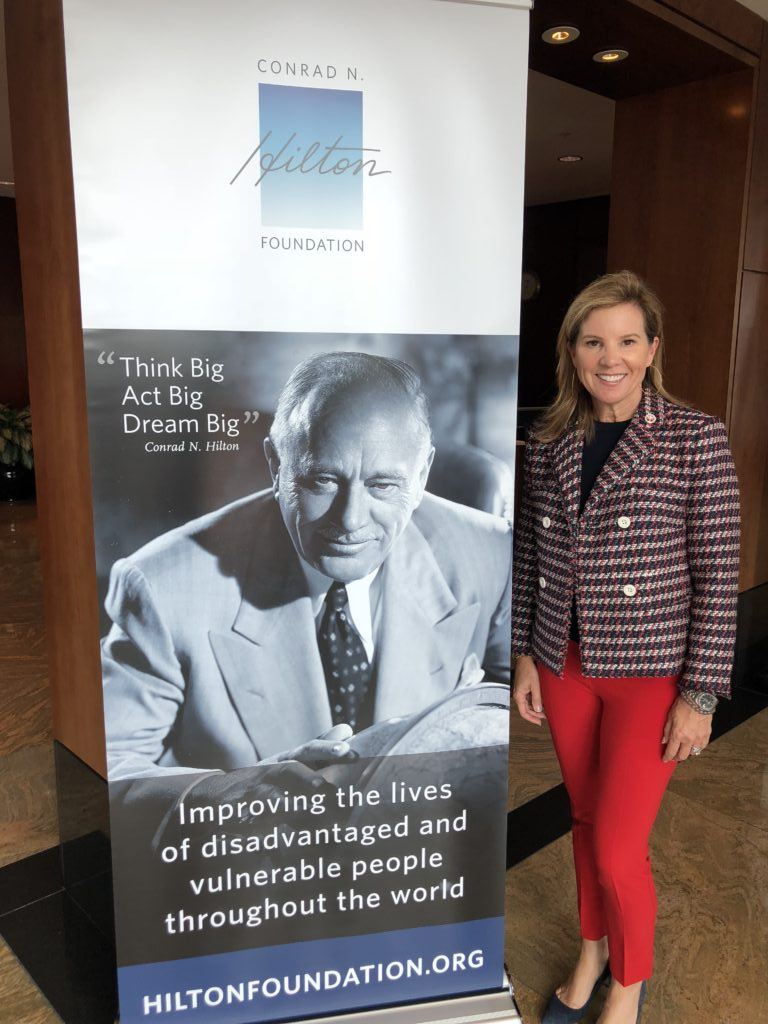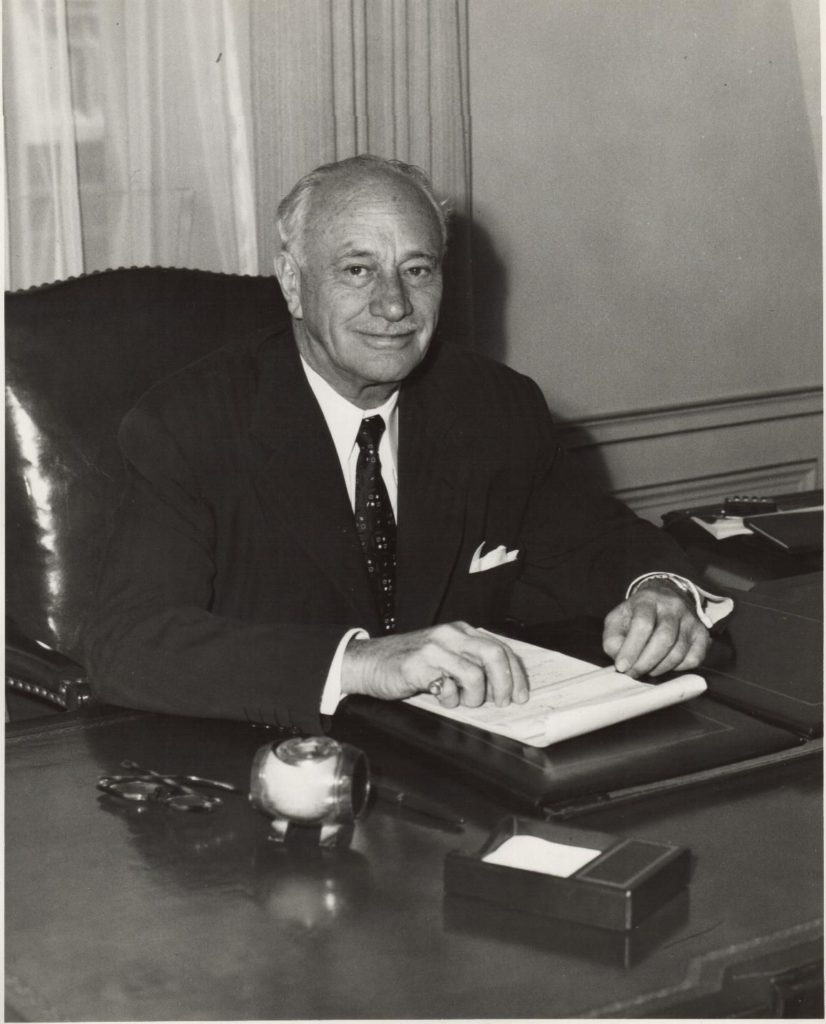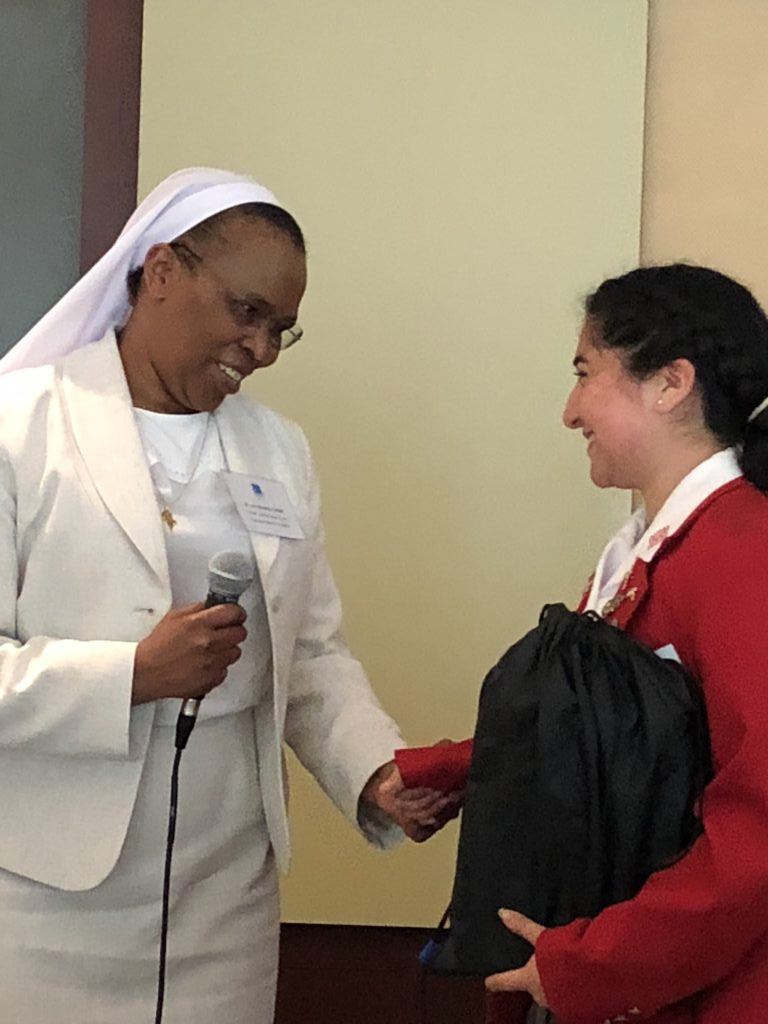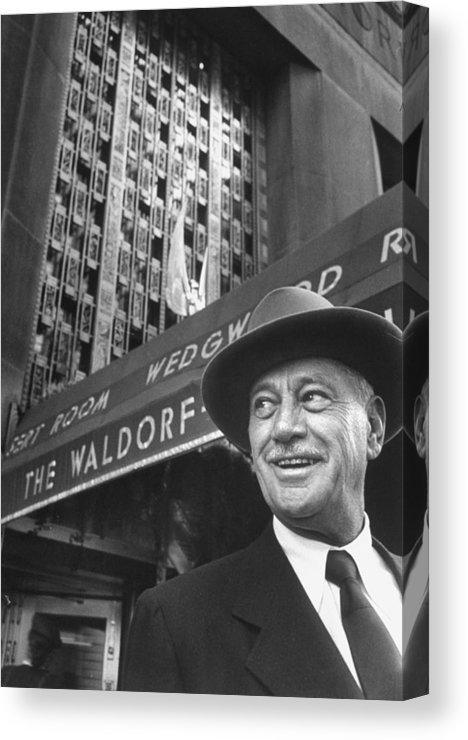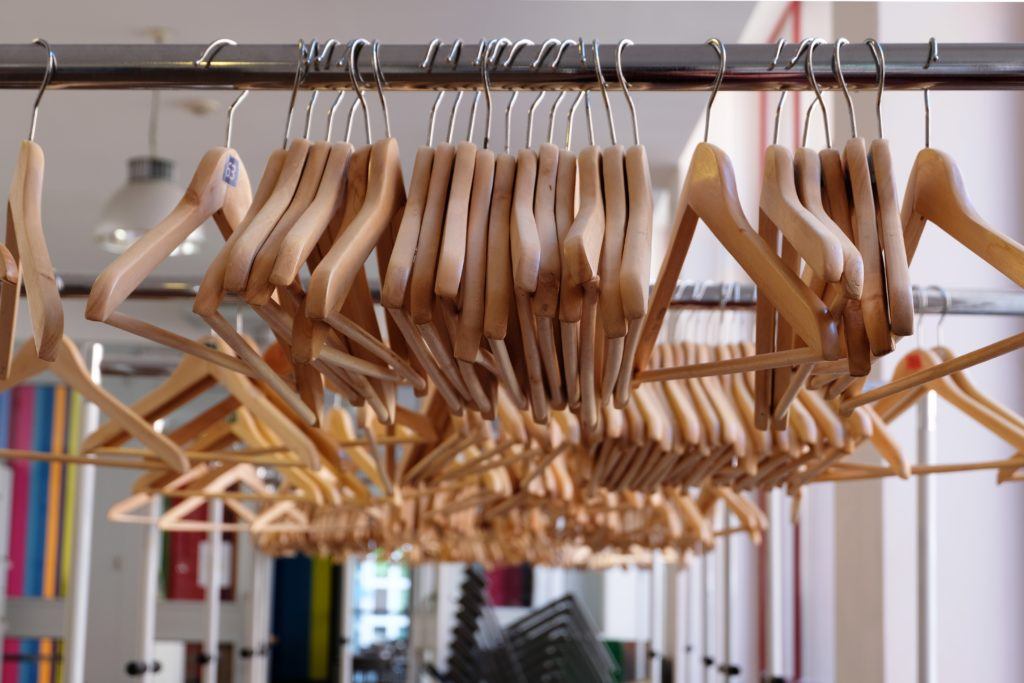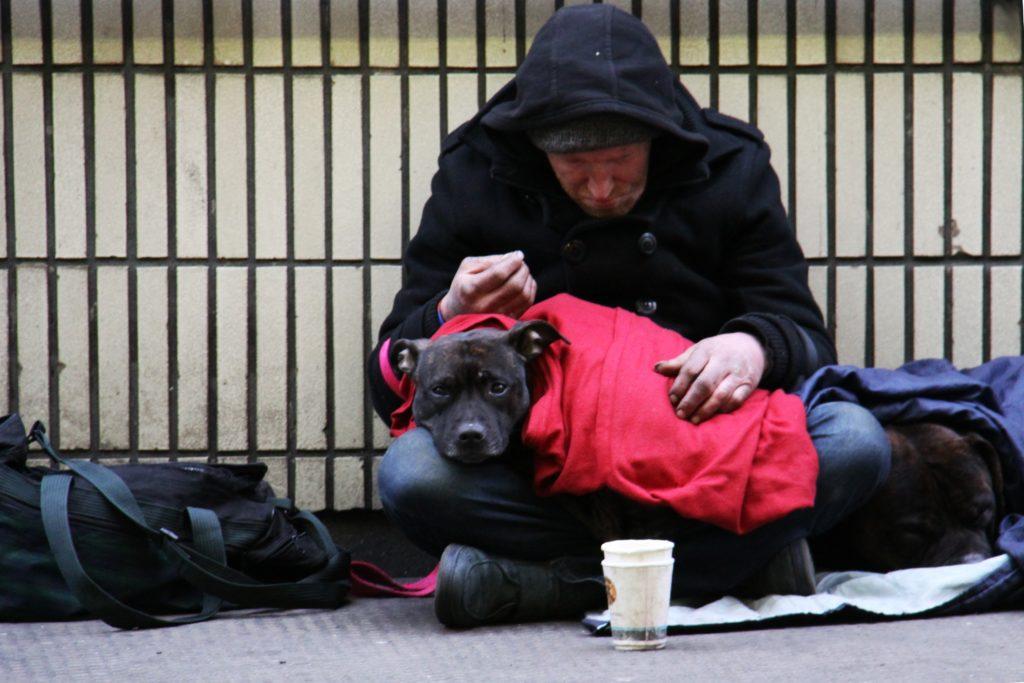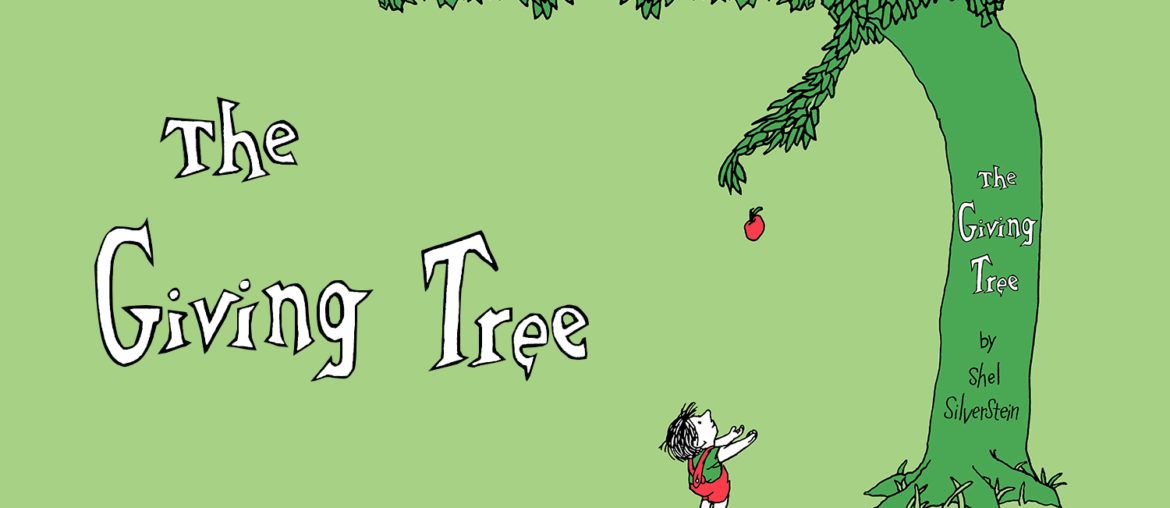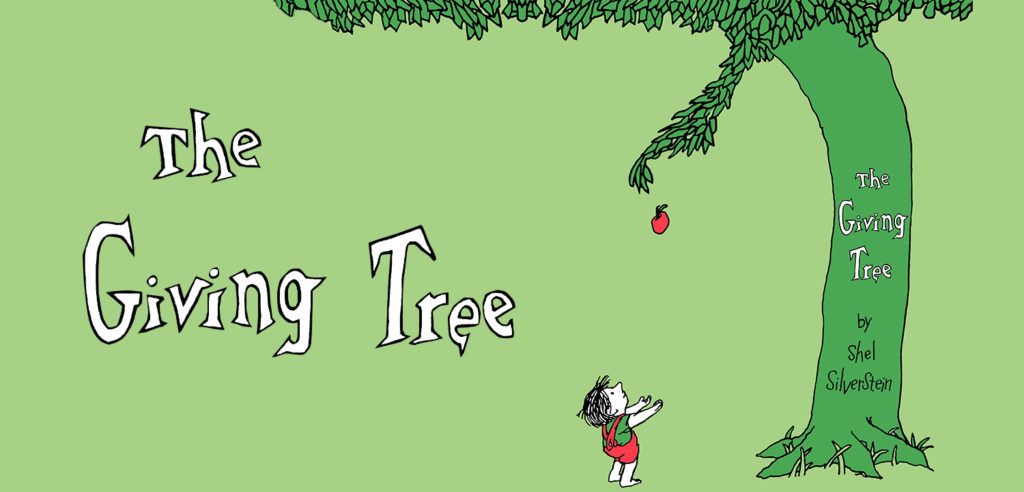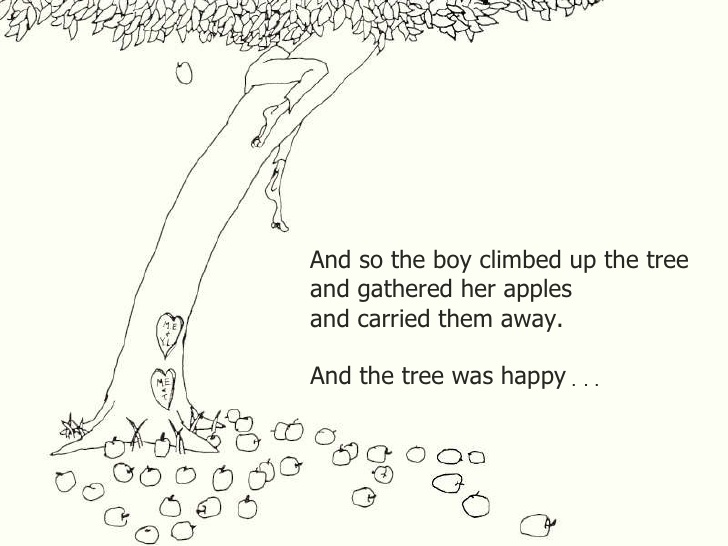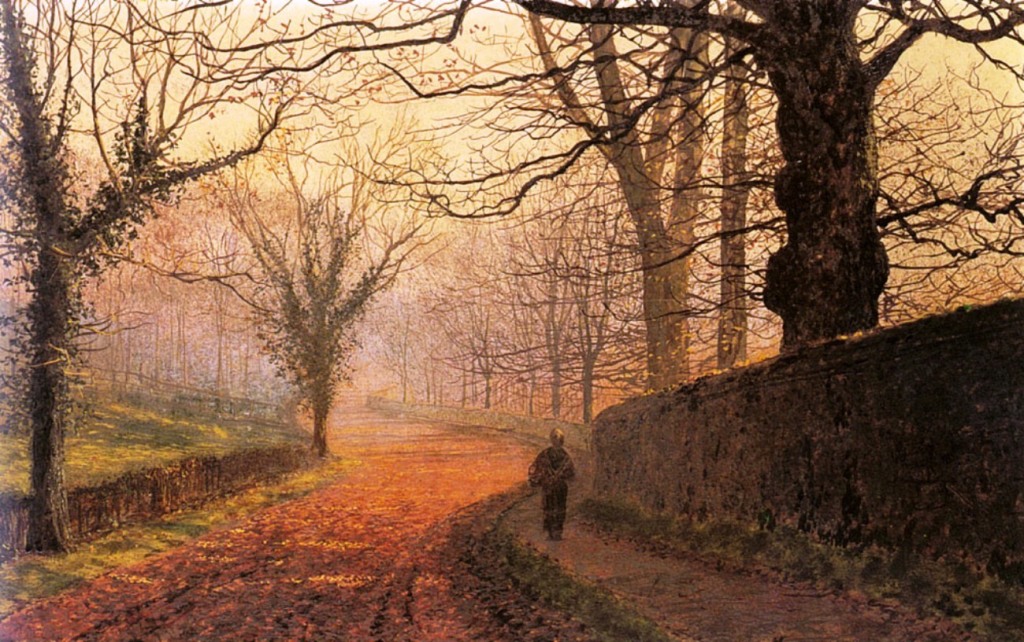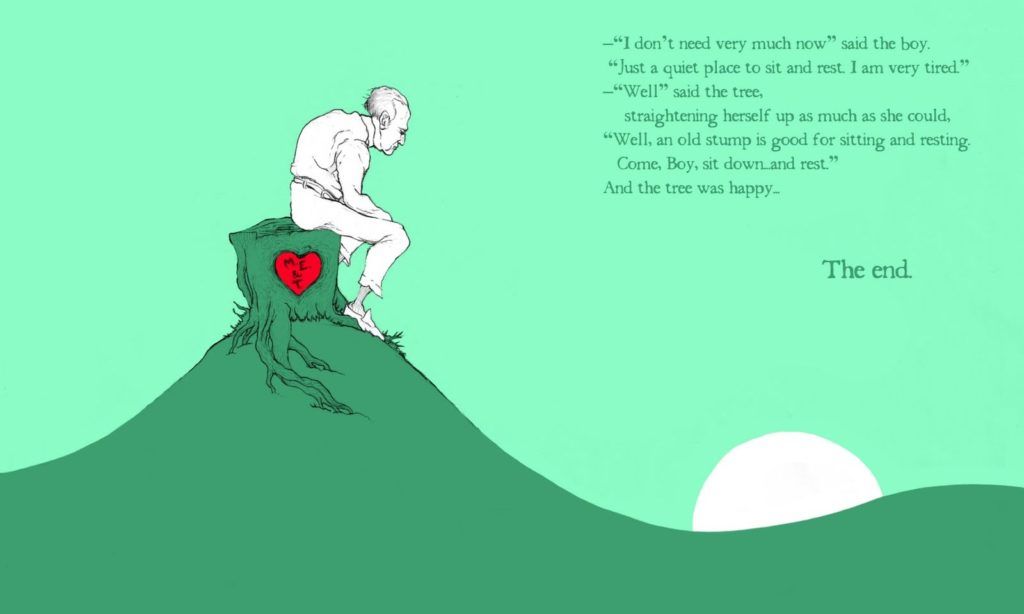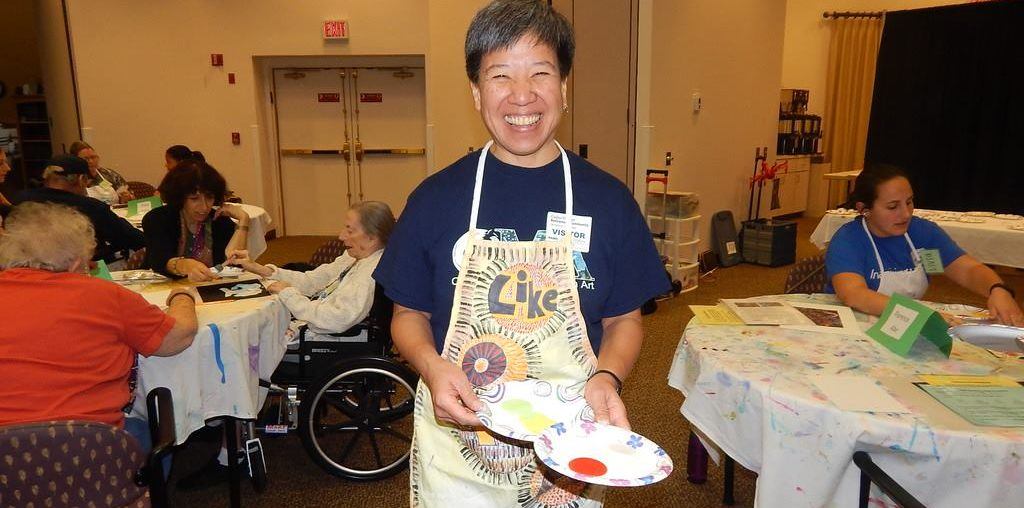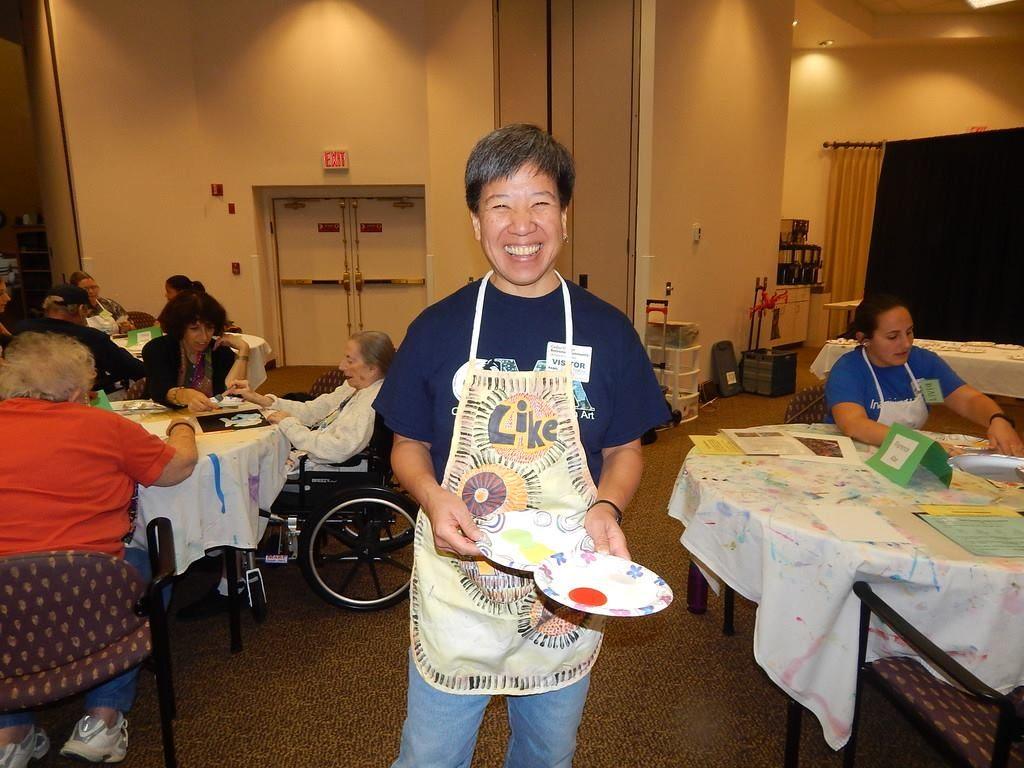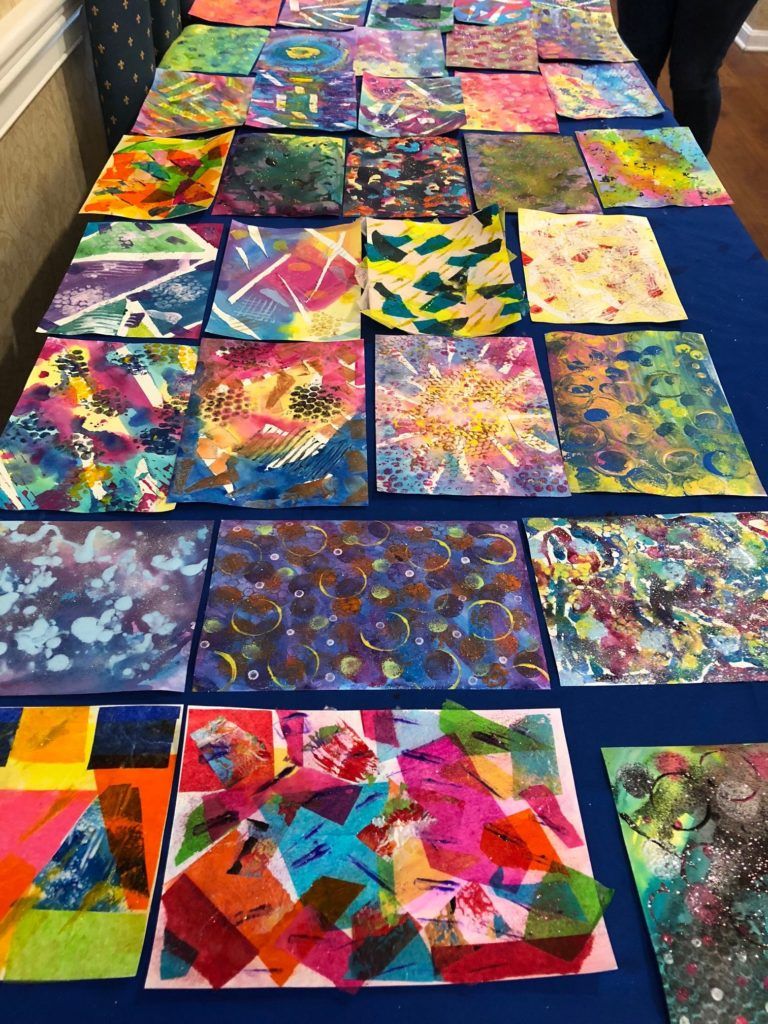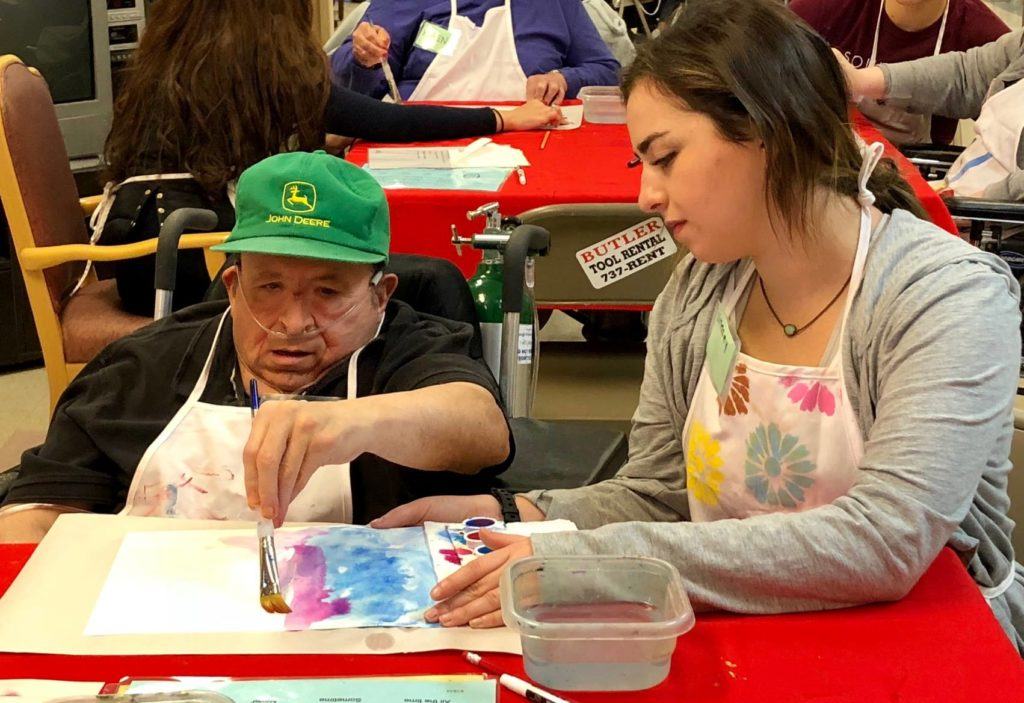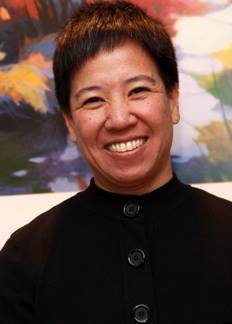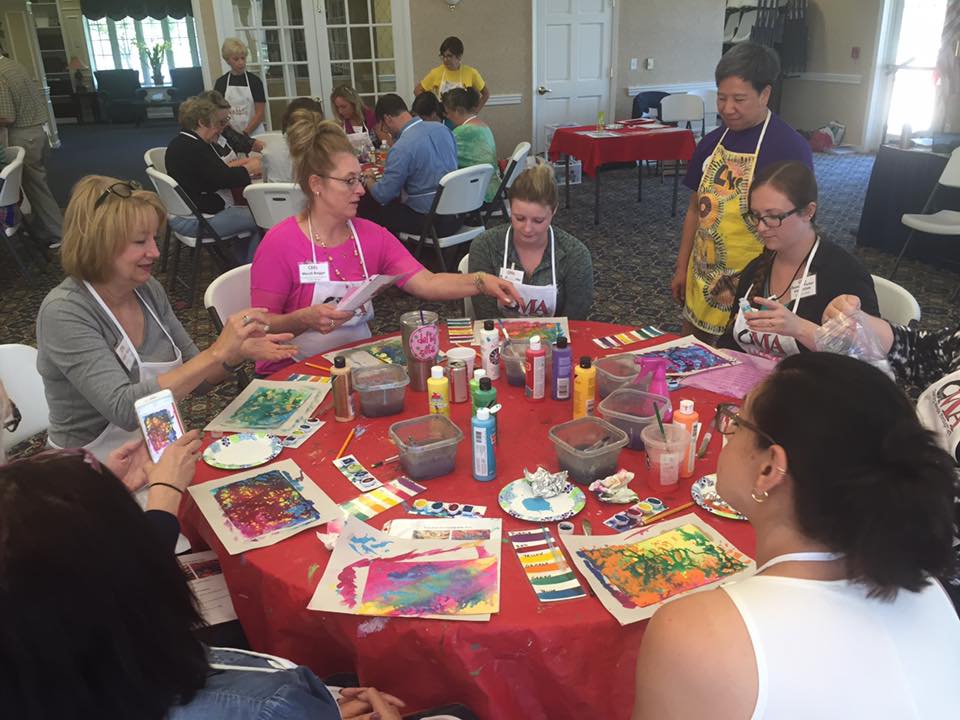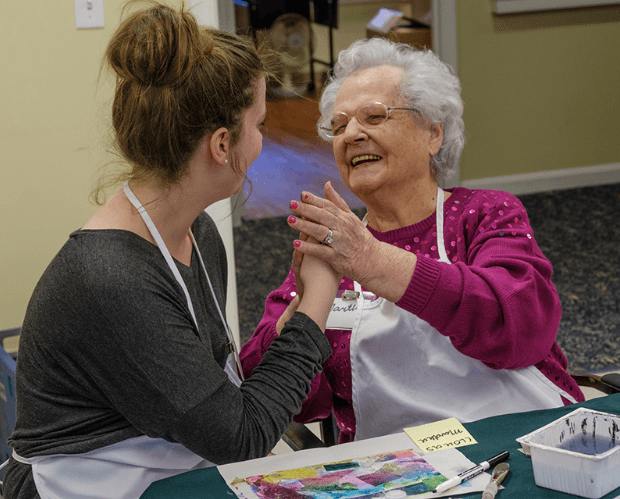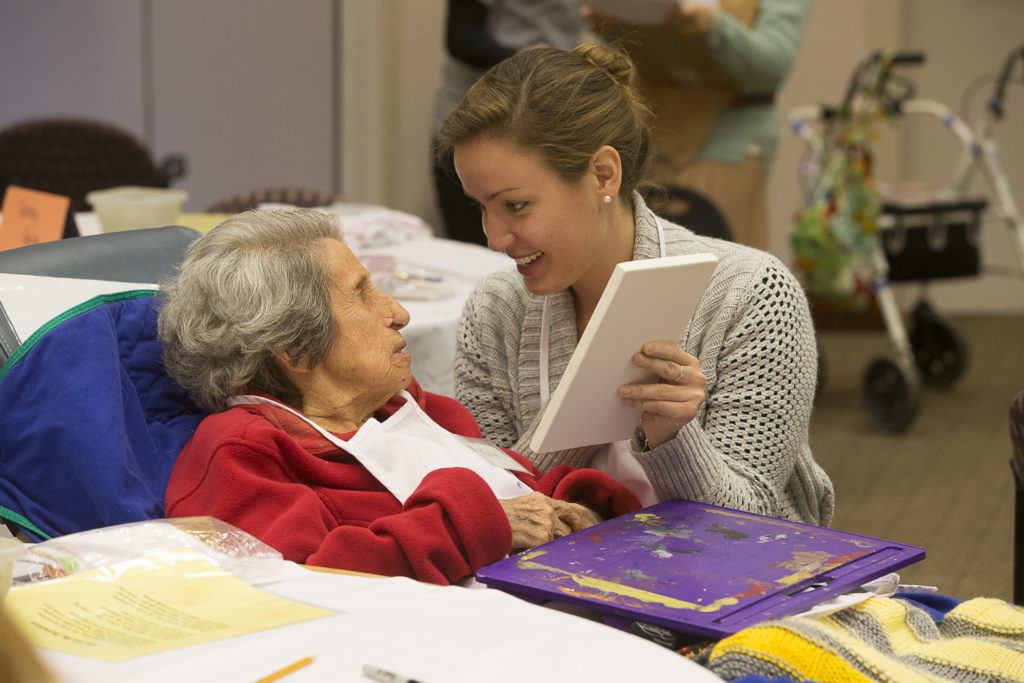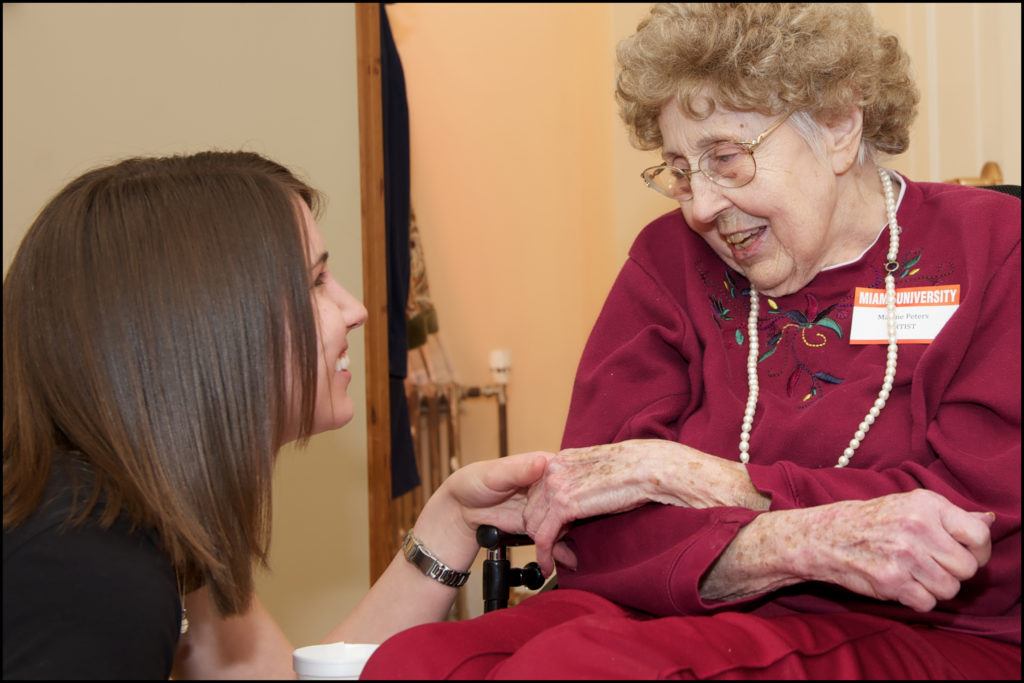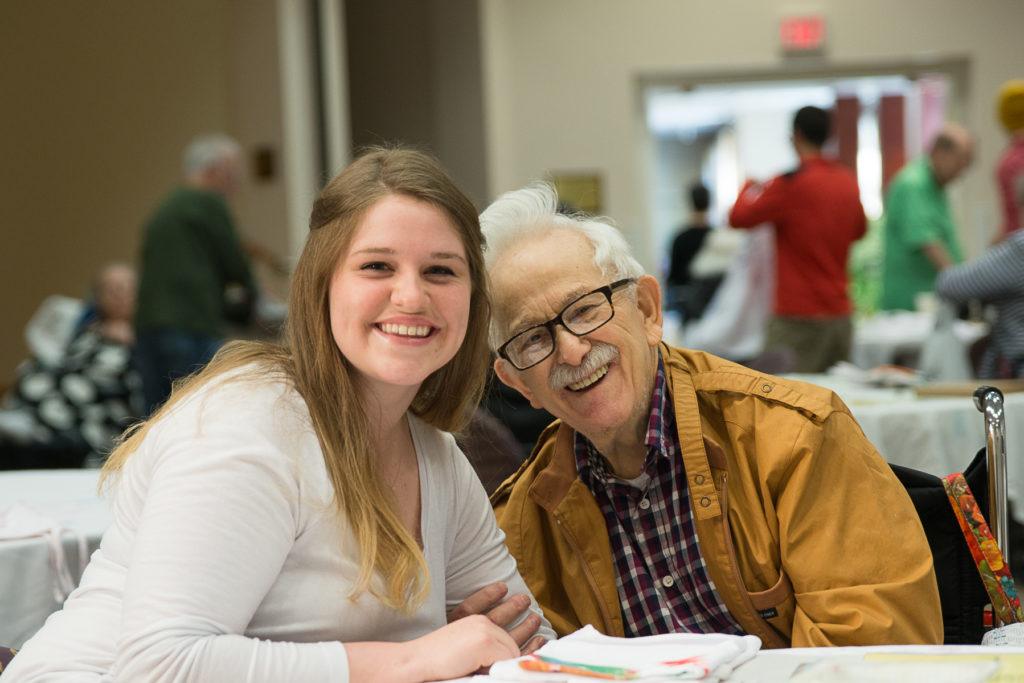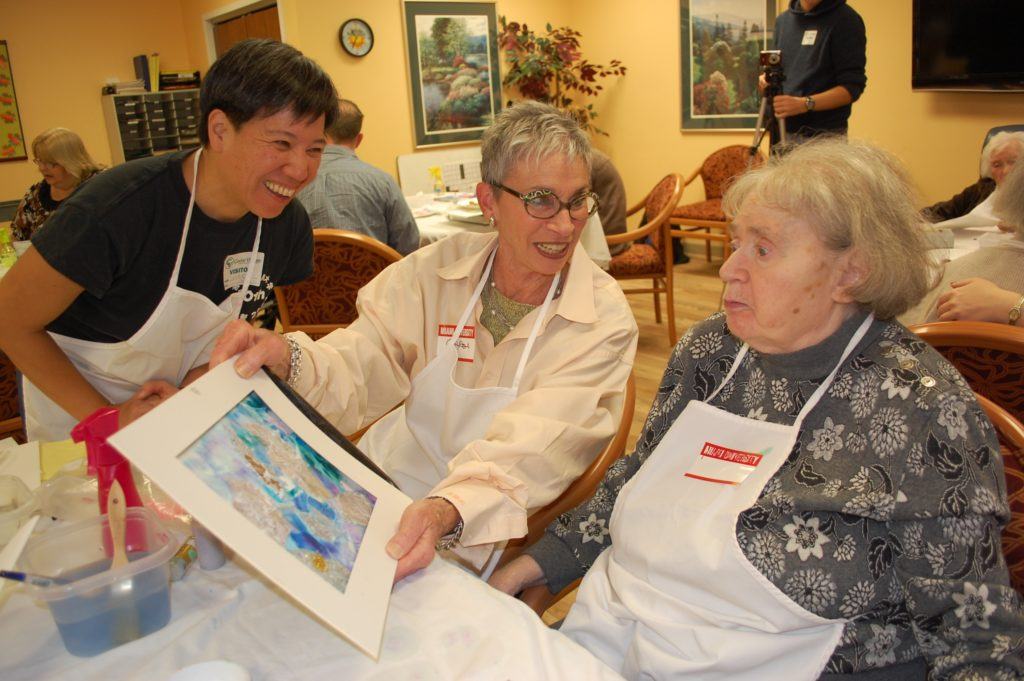“We don’t stop playing because we grow old; we grow old because we stop playing.”
George Bernard Shaw
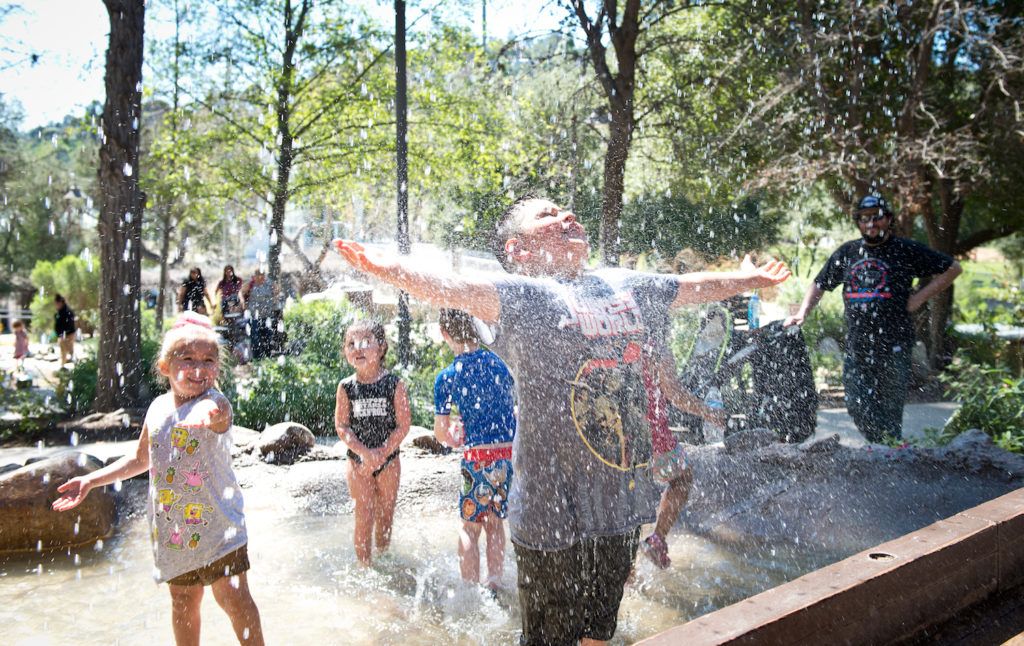
It is amazing how life always has a way of coming full circle. Over twenty years ago, I was a young mother who was looking to get involved with an organization that would not only connect me to other young moms but also one that my young toddler sons could be a part of. Lucky for me a hand full of Pasadena women has realized the importance of play and had created a small and innovative children’s museum called Kidspace.
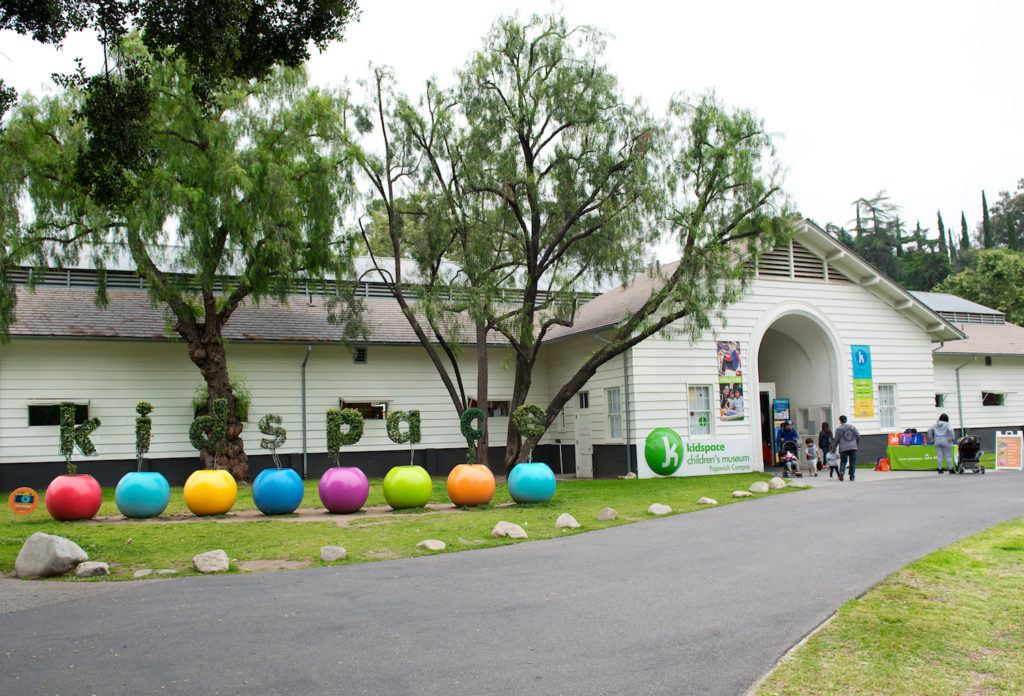 Kidspace quickly became part of my children’s lives and mine. Over the years I volunteered, chaired events, benefits and then lobbied the city to help build the new museum for our community. Who knew that a few women’s idea to provide children an innovative and safe place to play would turn into a nationally recognized premiere Children’s museum? As Kidspace gets ready to celebrate its 40th anniversary, I was thrilled when the museum reached out and asked me to be a part of their celebration and to interview one of the museum’s founders, Cathie Partridge.
Kidspace quickly became part of my children’s lives and mine. Over the years I volunteered, chaired events, benefits and then lobbied the city to help build the new museum for our community. Who knew that a few women’s idea to provide children an innovative and safe place to play would turn into a nationally recognized premiere Children’s museum? As Kidspace gets ready to celebrate its 40th anniversary, I was thrilled when the museum reached out and asked me to be a part of their celebration and to interview one of the museum’s founders, Cathie Partridge.
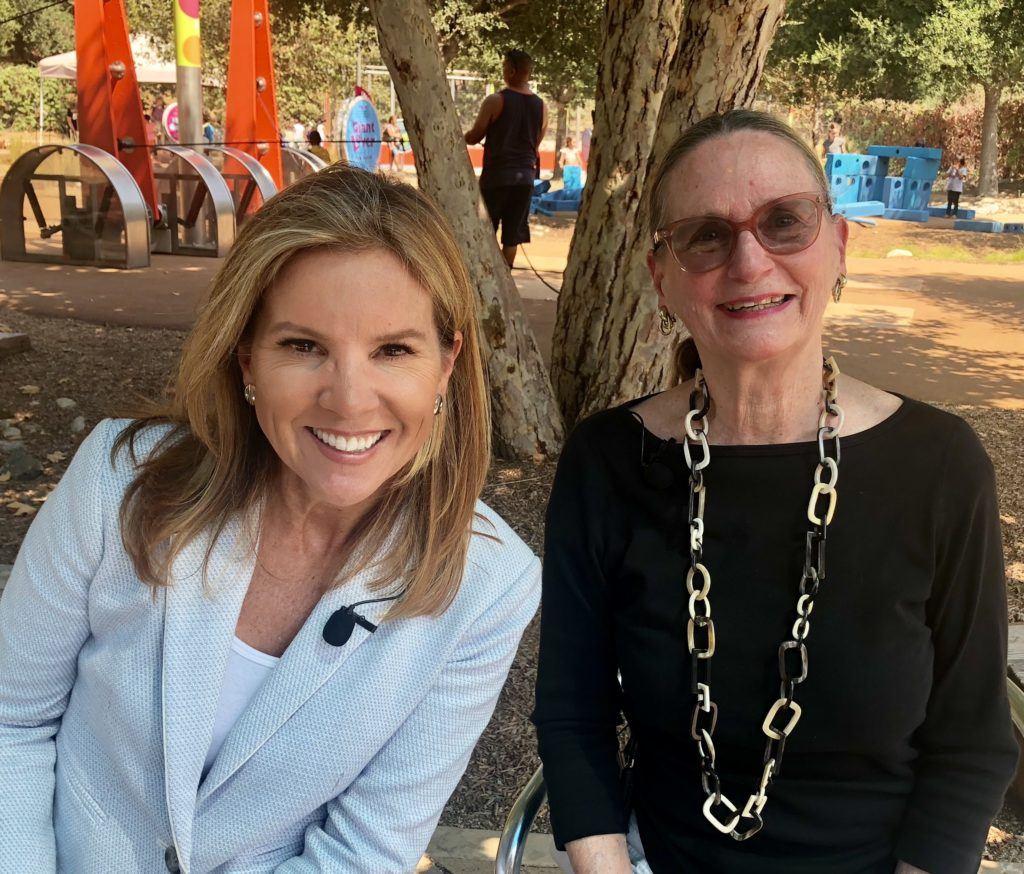
Charity Matters: Tell us a little about what Kidspace does?
Cathie Partridge: When we first started out, there was nothing for children in Pasadena. So I thought why don’t we start a children’s museum? We set out to create an exploratory experiential fun place for children to play. It was more than that because we wanted our kids to be able to choose their activity. We didn’t want an academic learning center but an informal place for children to learn. Children need play to develop emotionally and to grow.
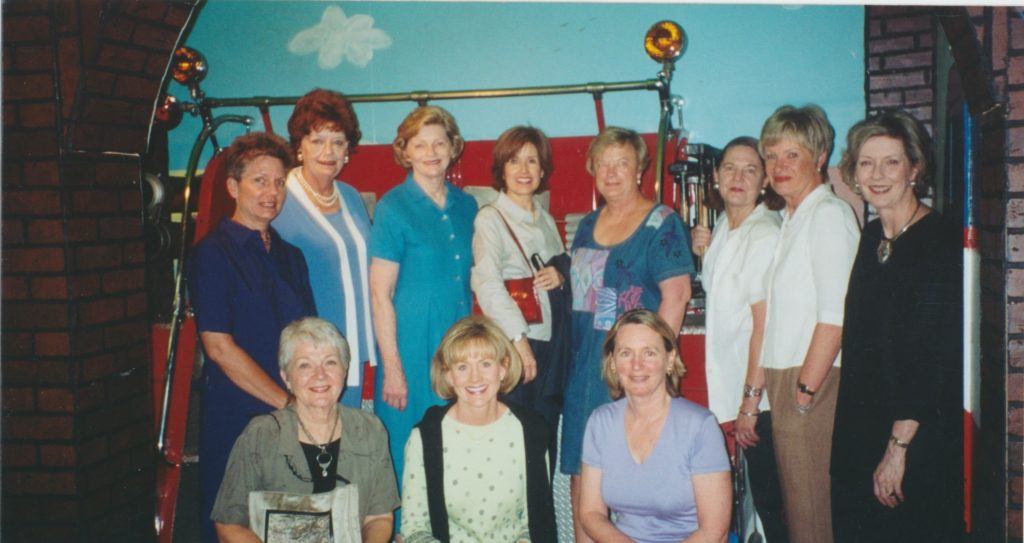
Charity Matters: What was the moment that you knew you needed to act to make this idea of Kidspace happen?
Cathie Partridge: I had been teaching school and had worked at the old Pasadena Art Museum with children. I was a member of the Junior League and we had a committee thats job was to dream up ideas for things that we needed in Pasadena. The idea of the children’s museum was chosen from a list of things and I was in charge of this project.
Because I had a back round in education and art, we hired six artist to create some interactive displays for children. We created a show called Making Senses at Cal Tech and Midred Goldberg, who was the wife of the President of Cal Tech, had started the Princeton Junior Museum at Princeton University. She was very pro children’s museum and there were very few children’s museums in the country at that time. Boston had one but there really wasn’t a prototype at the time.
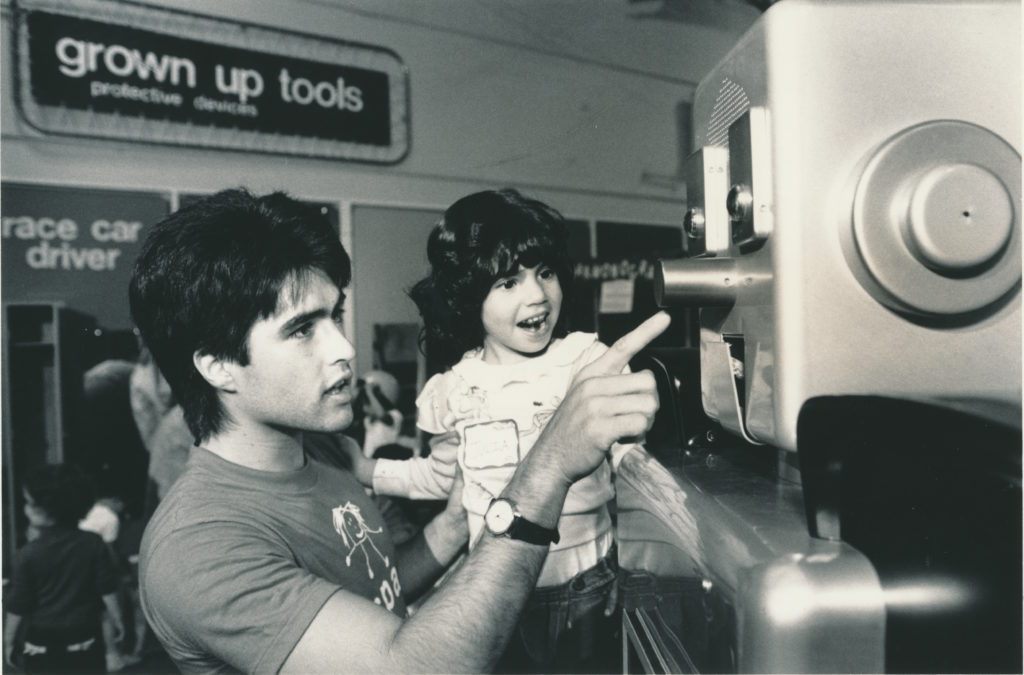
We really didn’t know if anyone was going to come. Our project was a test to see if this is something that should continue and in the first three weeks we had something like 10,000 children come through this basement at CalTech. We knew then that we had something worth going forward with.
Charity Matters: What happened that first day?
Cathie Partridge: It was 1978 and a lot of kids showed up. That first moment they screamed and we knew had something. They just didn’t want to leave. So we knew there was something magical and unique.
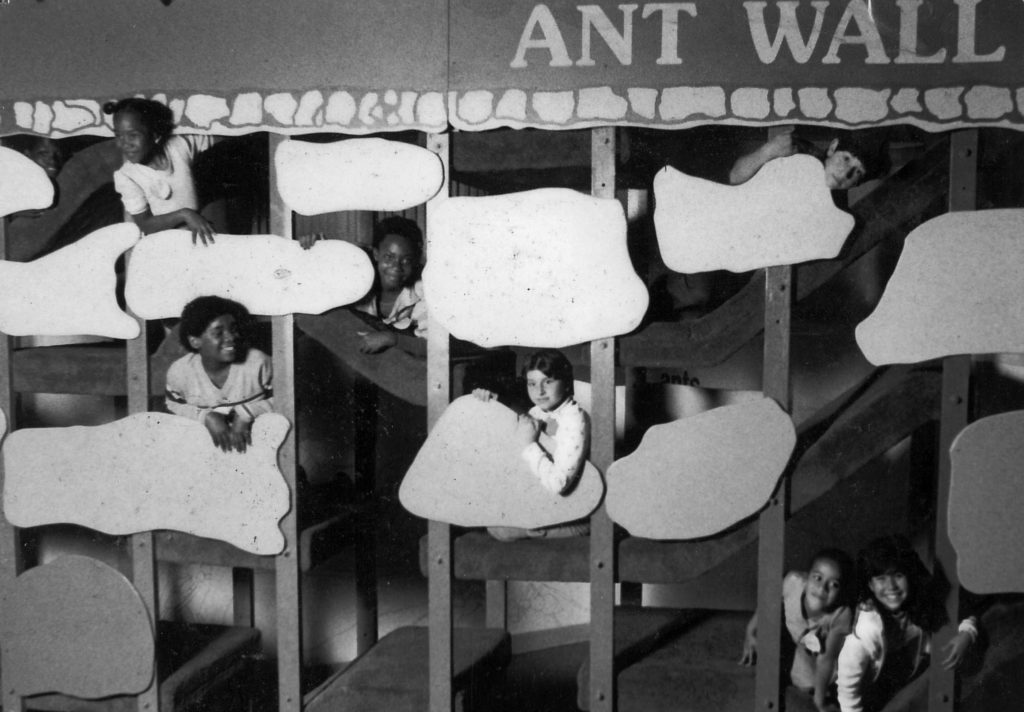
Charity Matters: What were your biggest challenges?
Cathie Partridge: The biggest challenge early on was money and to find a location. We needed someone to give us a location. We went from CalTech to the Rosemont Pavillon for six months, where the Rose Parade Floats are built and from there into McKinley School. I loved the concept that the Exploratorium used that hired one artist to create one exhibit and then they kept adding exhibits and I thought we could do that. and eventually we would have a museum. These kids gave us honest feedback. The concept of what the kids did then is still relevant. There was a maze and a glow in the dark treatment, a half of a fire truck and the kids loved it.
At Kidspace there has always been something for everybody. The other challenge has always been measuring how fast to grow? To balance the facility with the budget and the growing number of children. Good challenges to have.
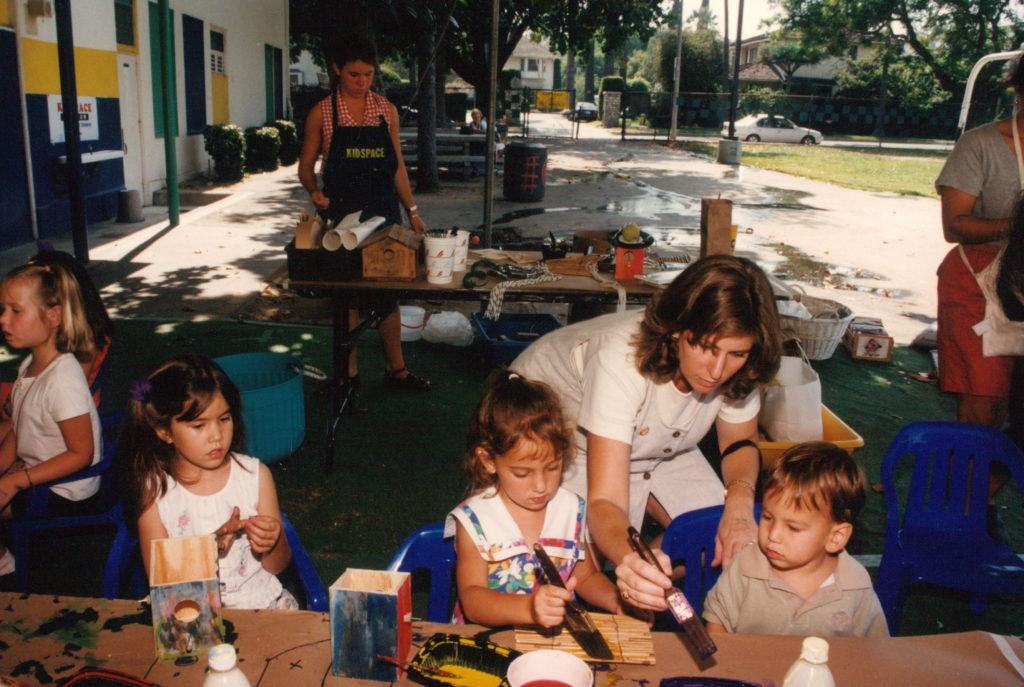
Charity Matters: In those early days when you were a young mom and you had little ones and were trying to get this going, what fueled you to keep going?
Cathie Partridge: We were lucky that we had a team of people from the Junior League and lots of volunteers. We had a great board that really guided us i the beginning. We had definite highs and lows. I never gave up and I am always learning, the staff just gets better and better.
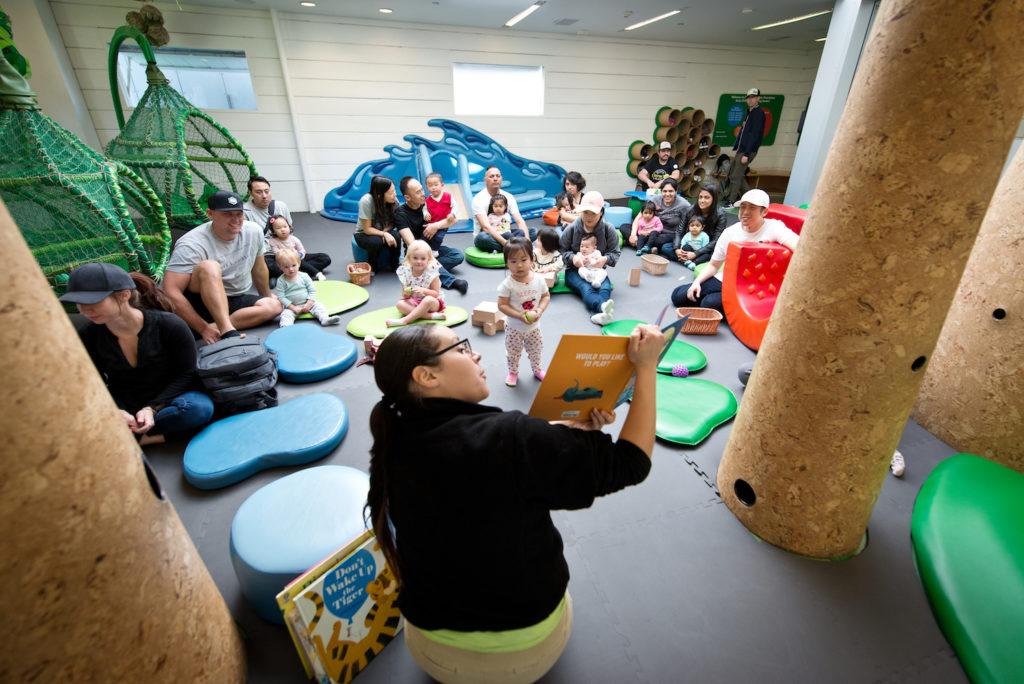
Charity Matters: When did you realize that you had made a difference?
Cathie Partridge: I don’t know if there was one single moment. What I do know that my children’s friends bring their children and while I’m not a grandparent the fun of it is seeing the next generations come through and seeing it continue. The first year we served 10,000 and this year we are close to 400,000. We have served over five million guests since that first day! I always said it was better to have the grass roots. It has been a gathering of the masses to make this happen.
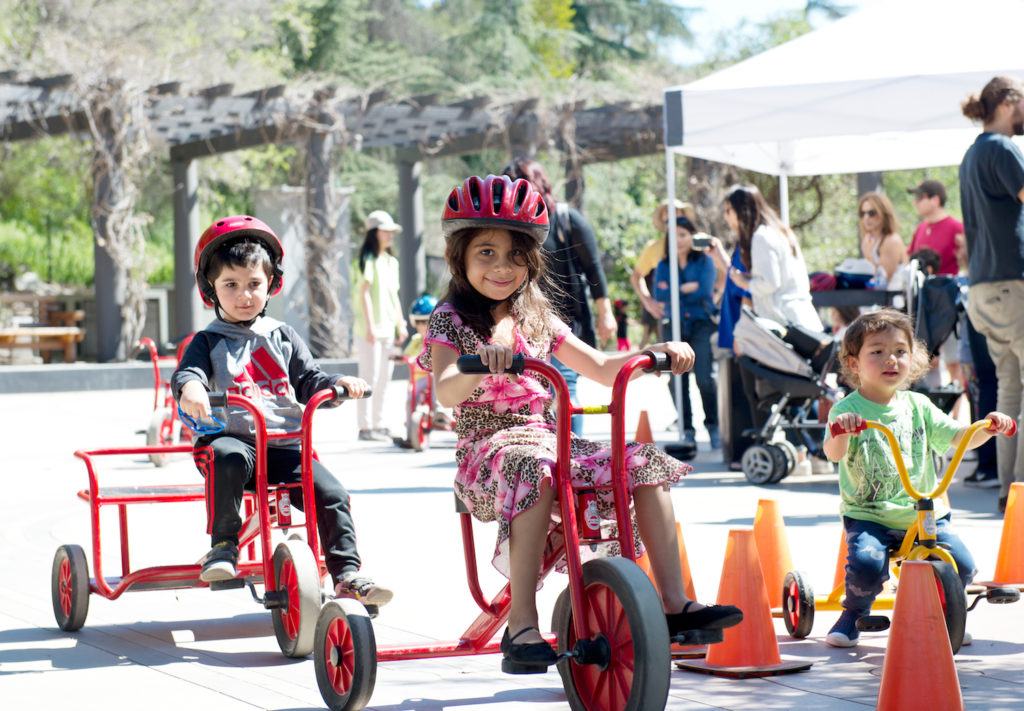
Charity Matters: What do you think you have learned from this journey?
Cathie Partridge: I think I have learned to hang in there. I have learned courage and risk taking. I have been involved with many other organizations and I think the courage to think outside of yourself and what you think you can do for the community is what I learned from Kidspace.
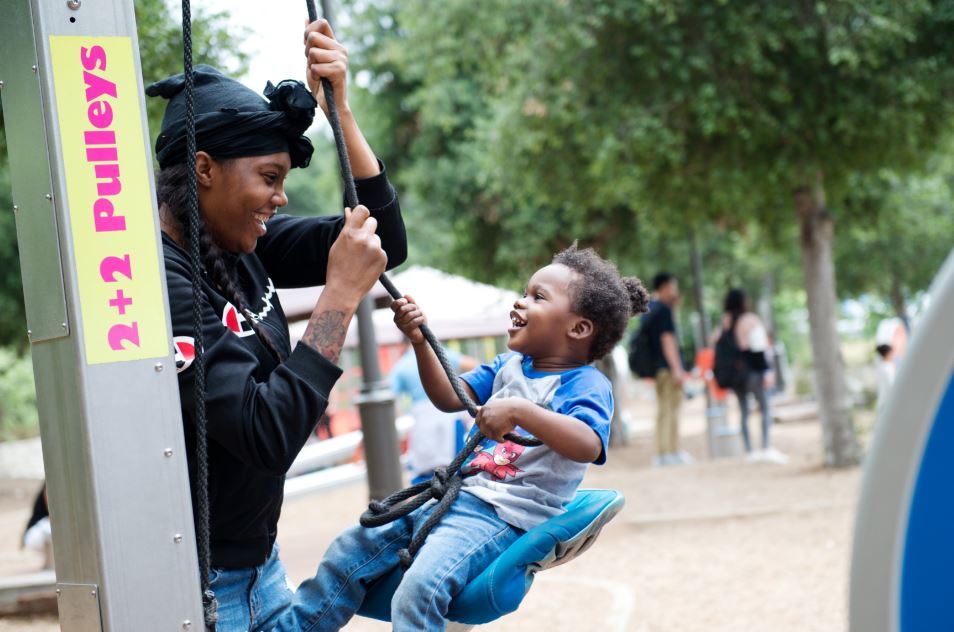
I went to the Lilly Foundation years ago and they said that ninety percent of volunteers come from families that volunteered. I come from a long line of women who have done this work. My grandmother started Save the Bay in San Francisco and she would call me regularly and ask me what am I doing to help society? I think I watched both my mother and grandmother doing this work and that it was modeled for me. For me seeing my own children give back is the greatest legacy.
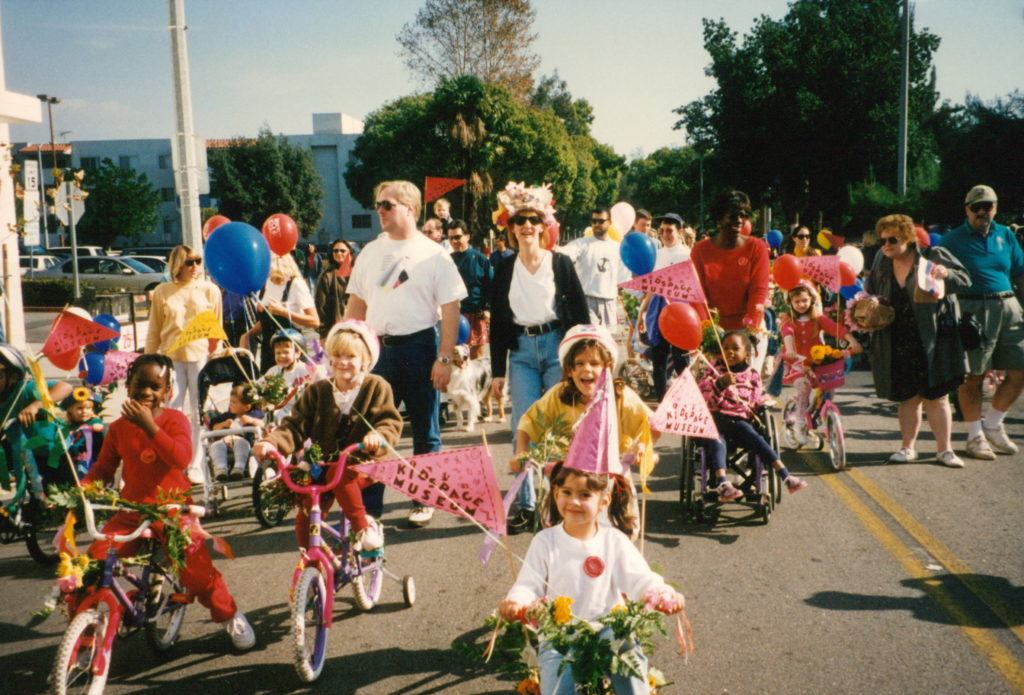
Charity Matters: When you think about Kidspace celebrating their 40th year which is a huge ACCOMPLISHMENT for any nonprofit, what are you most proud of?
Cathie Partridge: I think I am the most proud of the community we have built. The volunteers, the staff and creating this property into a joyous and fantastic place. We started with a group of seven women called the circle of friends and today we have over a hundred plus women coming together for Kidspace. I’m very proud of the thousands of people that have volunteered and helped to make Kidspace what it is today. Passing this onto the next generation is a great legacy.
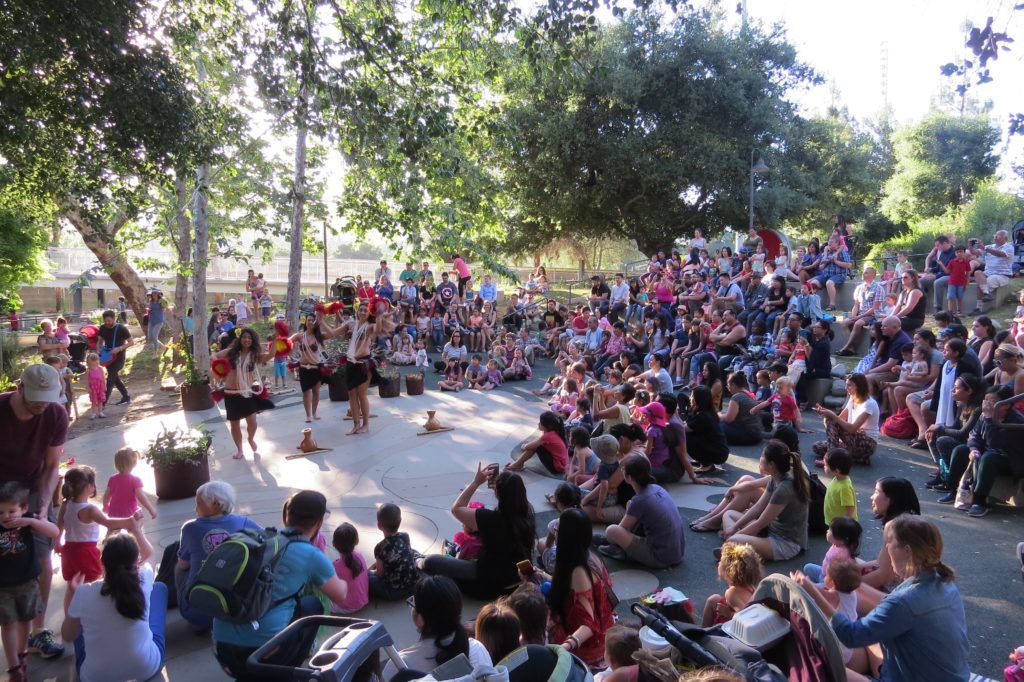
Charity Matters: If you had one wish for Kidspace what would that be?
Cathie Partridge: I would like to see us grow internationally where we are sharing exhibits with others from around the world and continue to serve more children. There is always more to do. I am so proud of Kidspace, the staff and the volunteers, I am just a tiny part of this.
Charity Matters
Copyright © 2019 Charity Matters. This article may not be reproduced without explicit written permission; if you are not reading this in your newsreader, the site you are viewing is illegally infringing our copyright. We would be grateful if you contact us.

